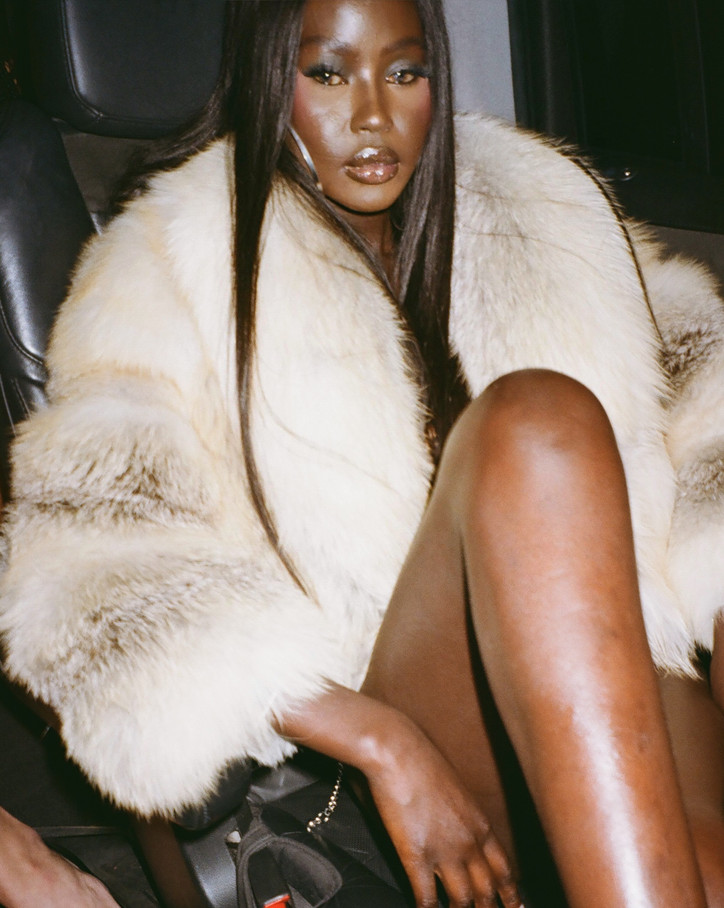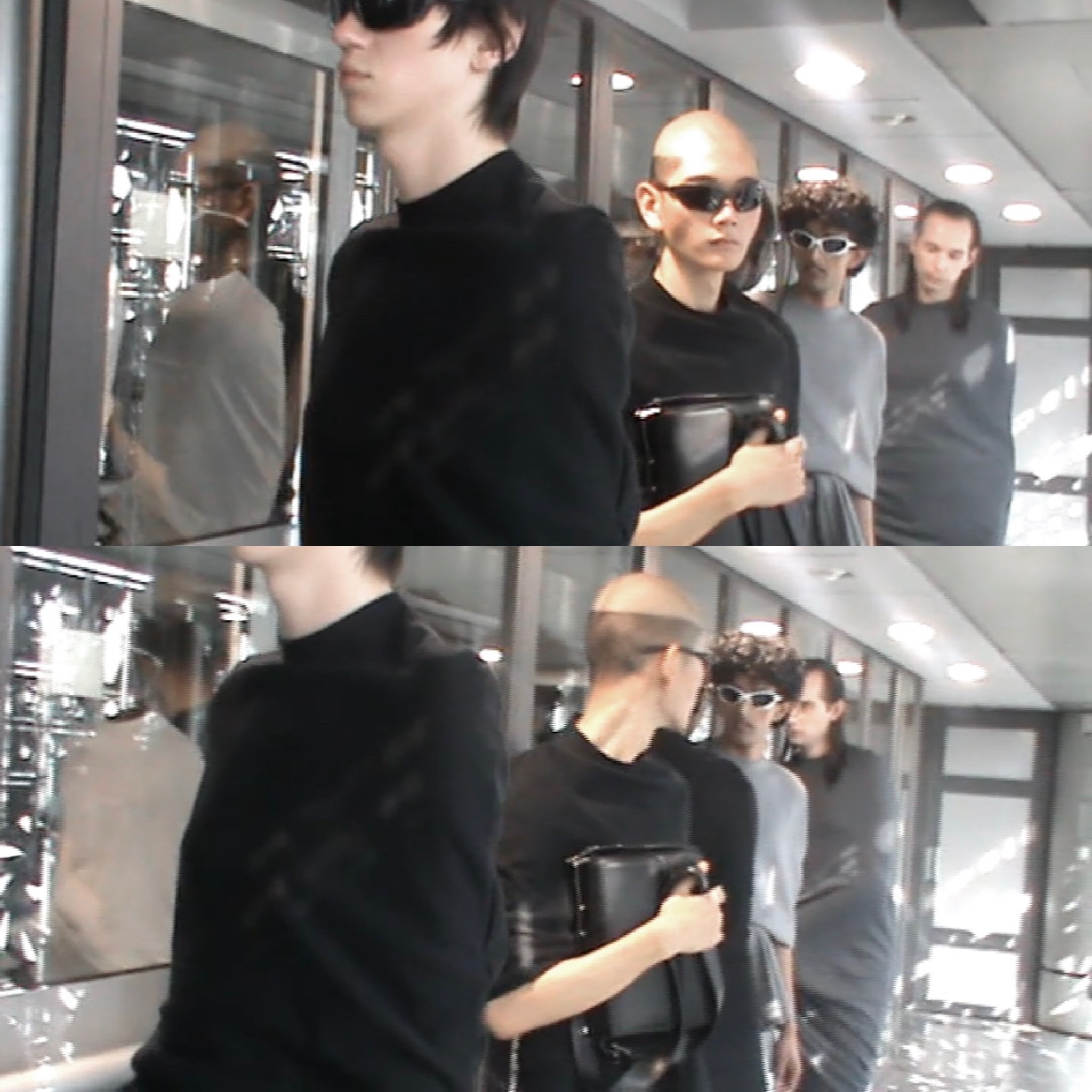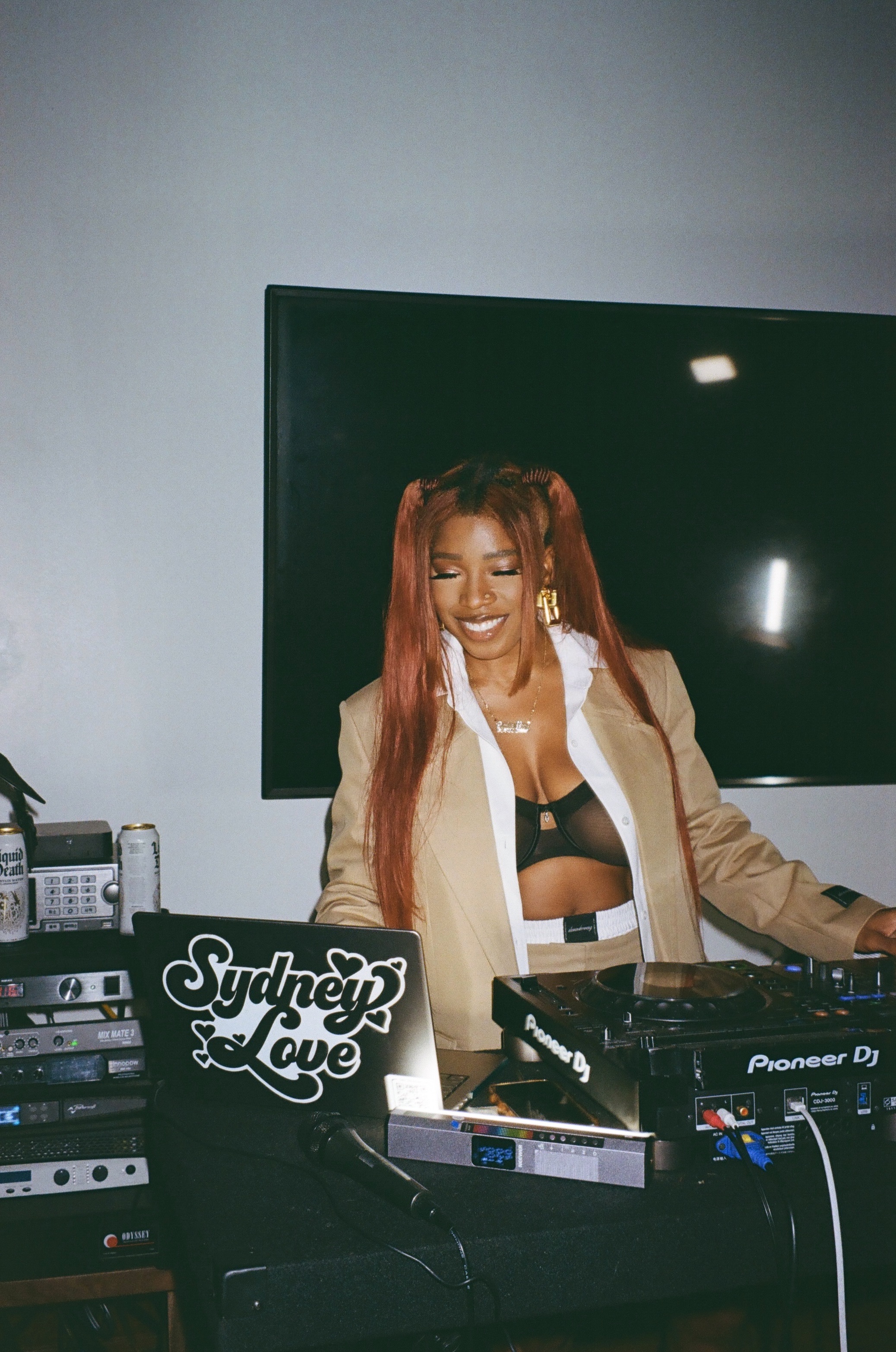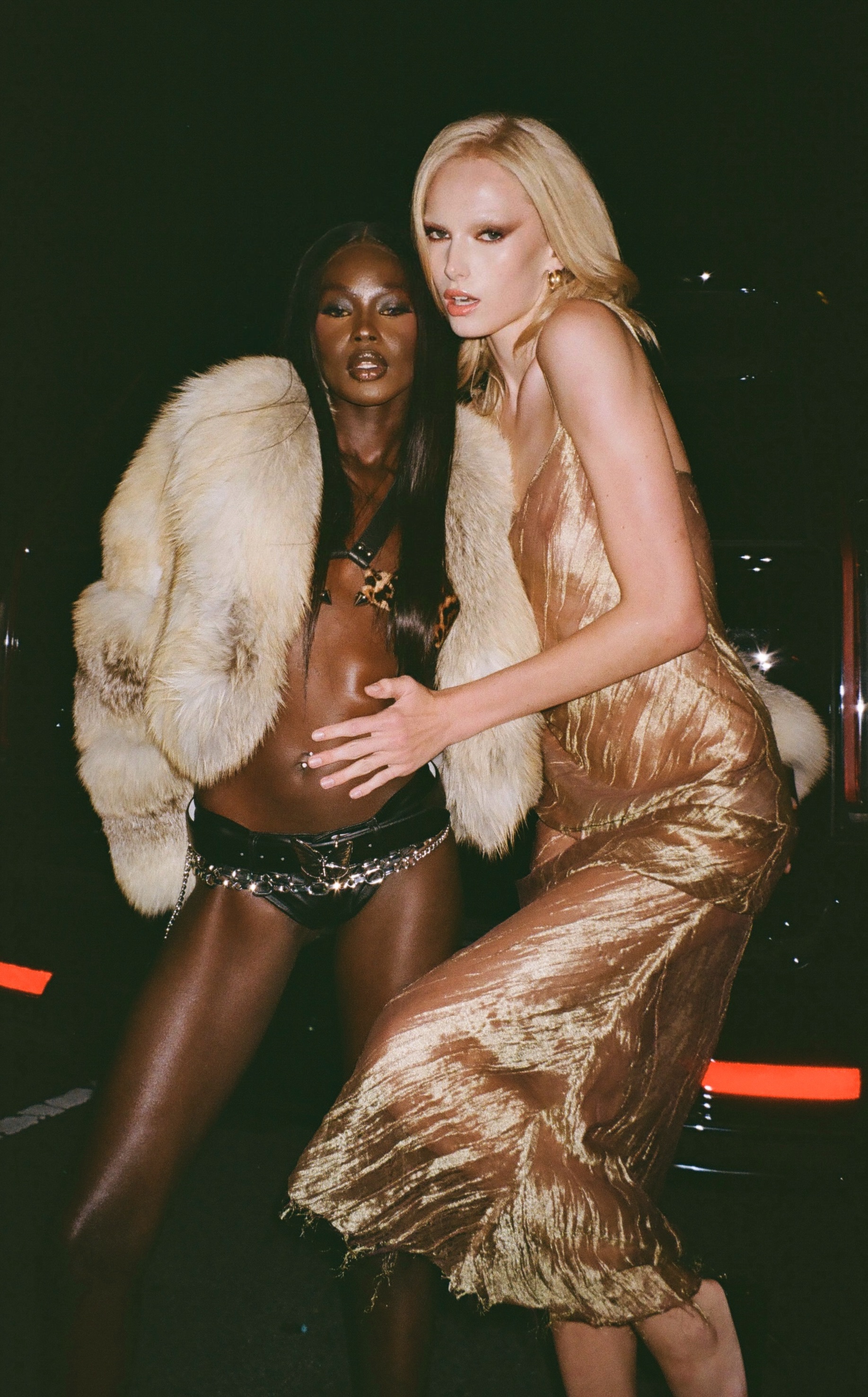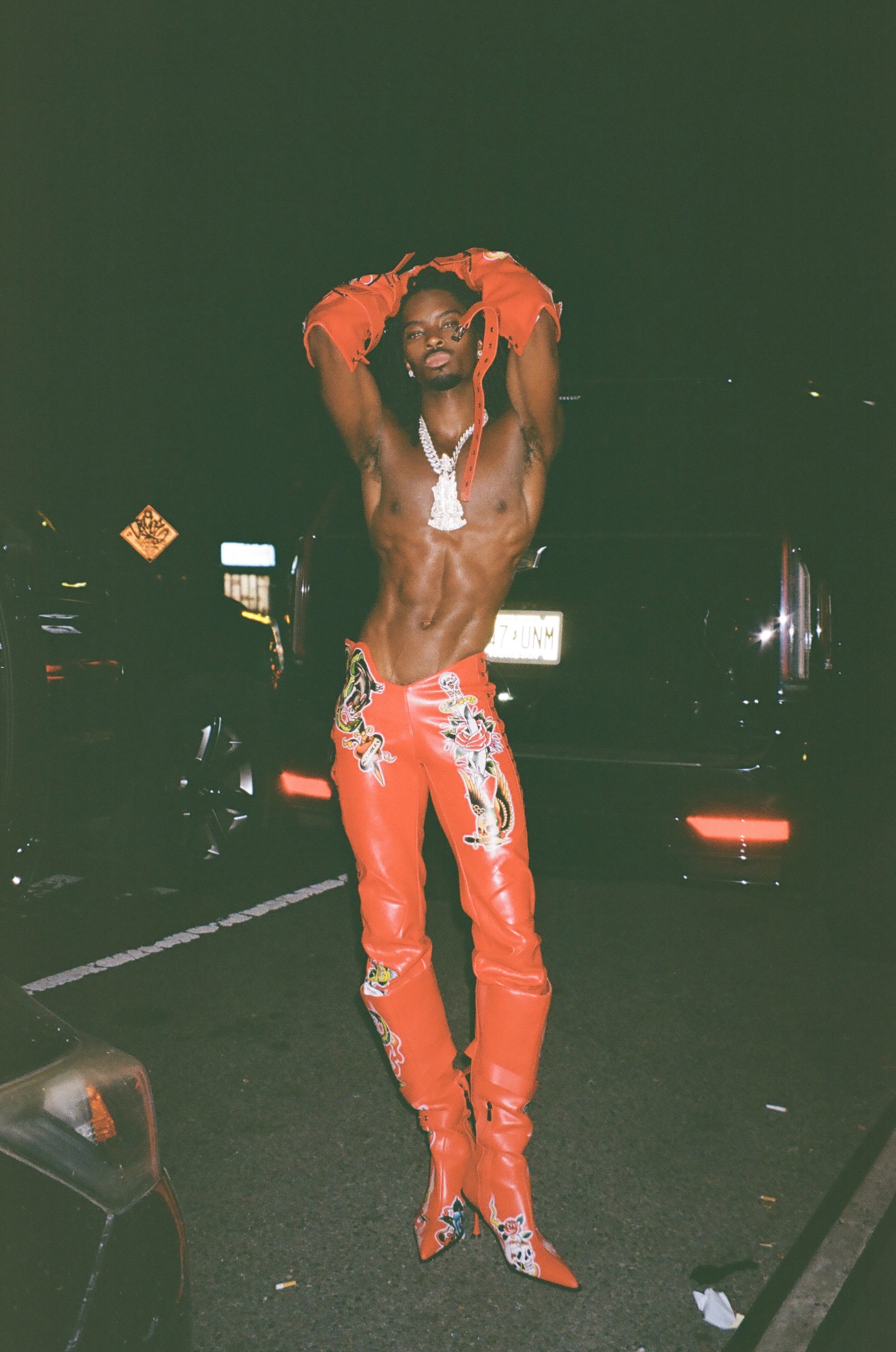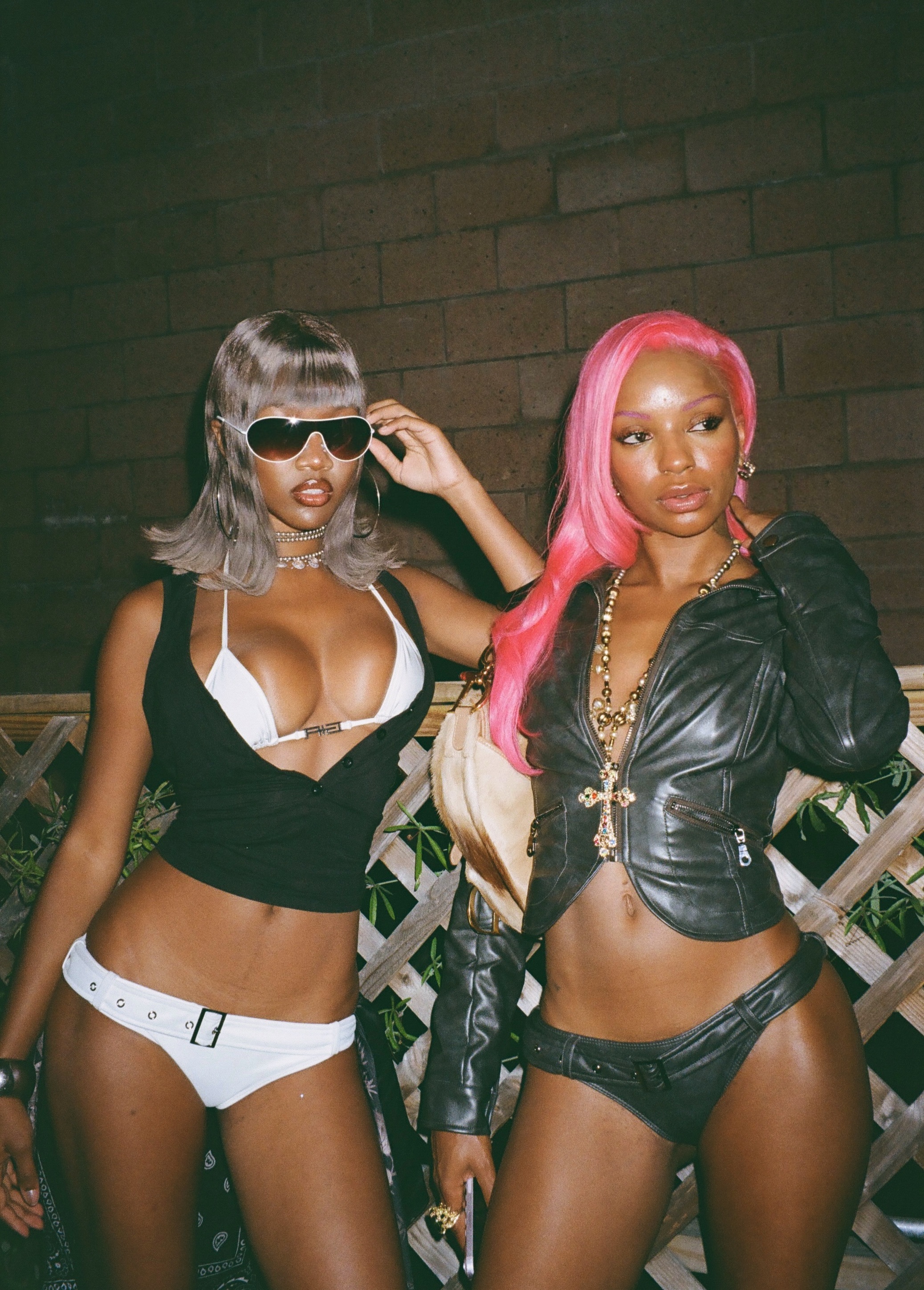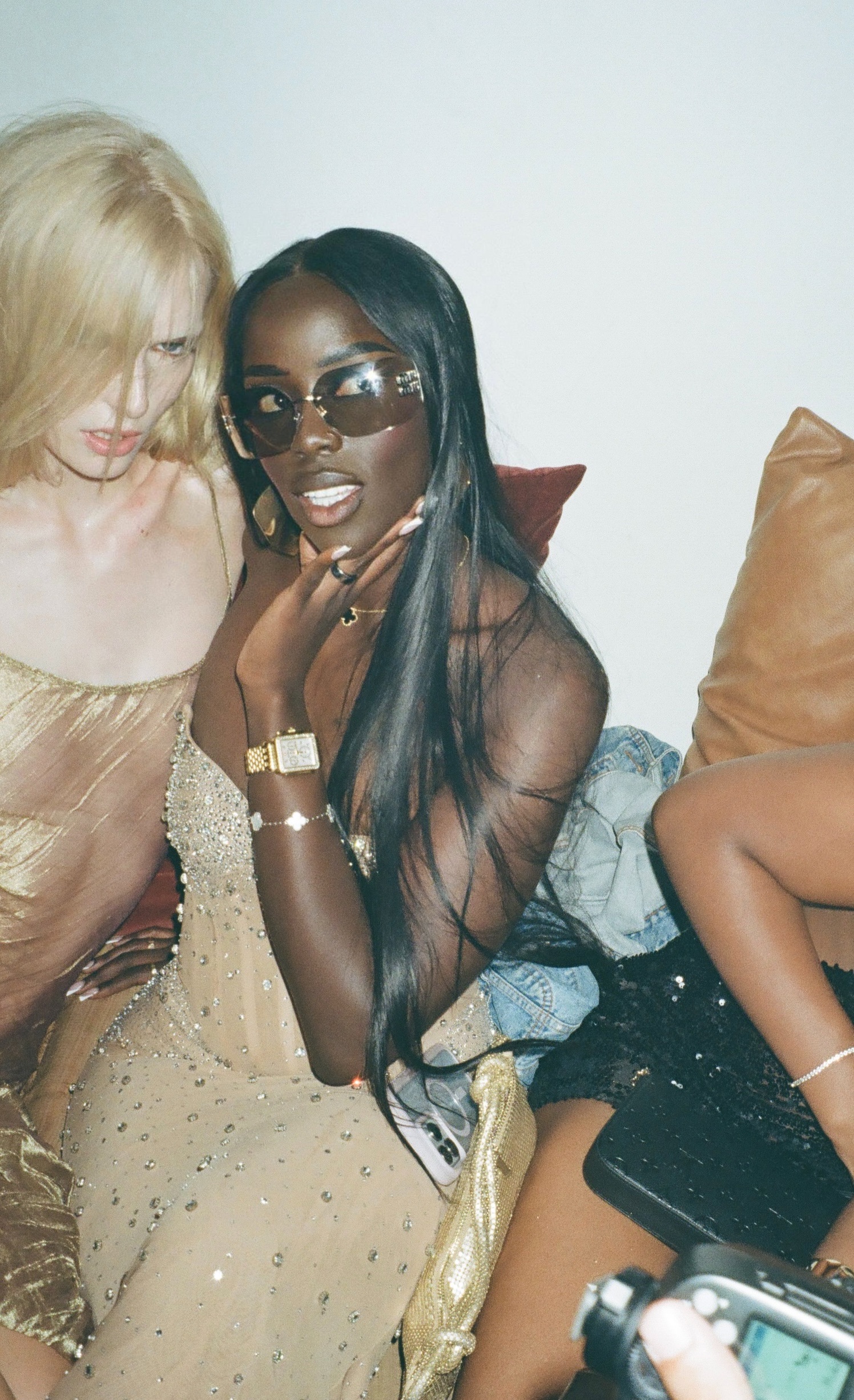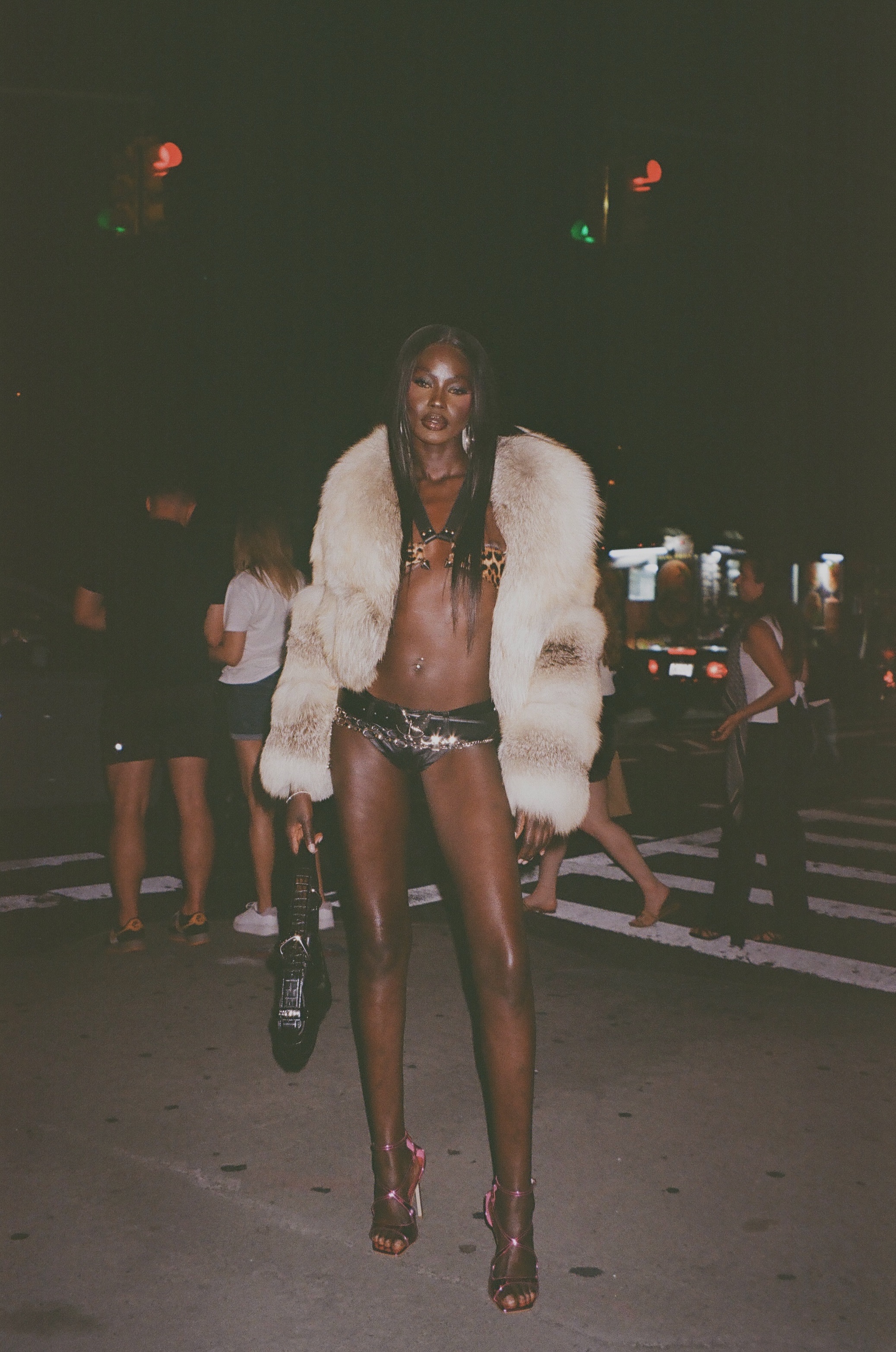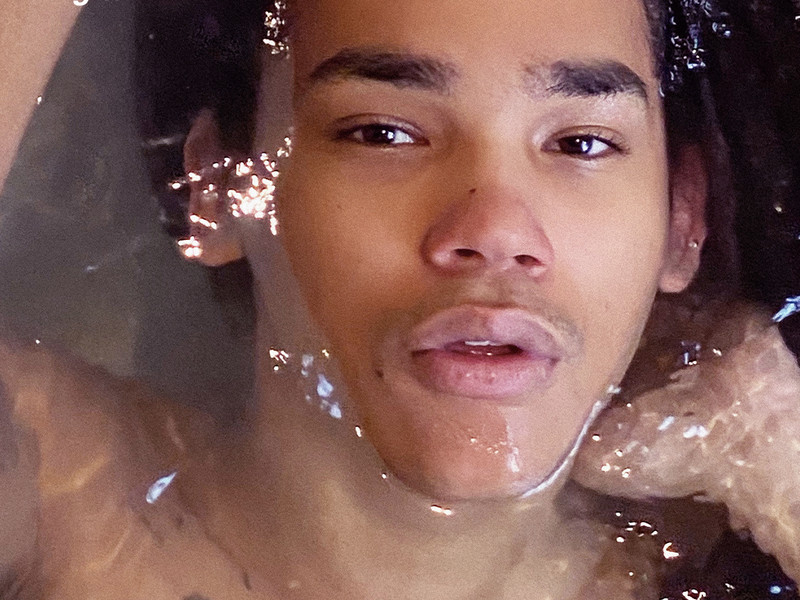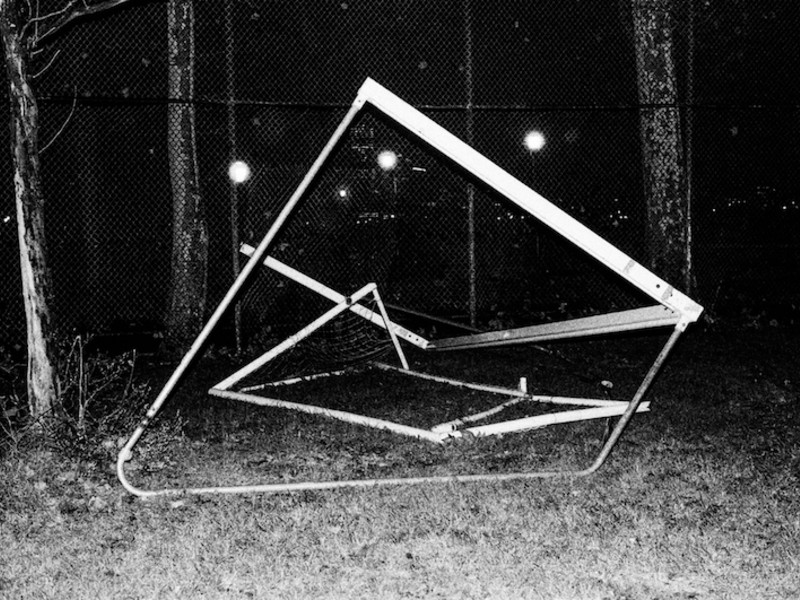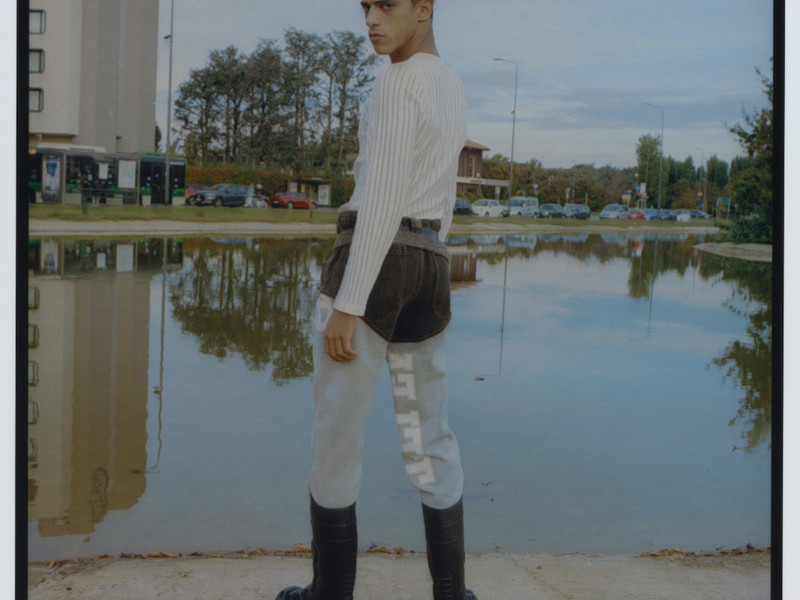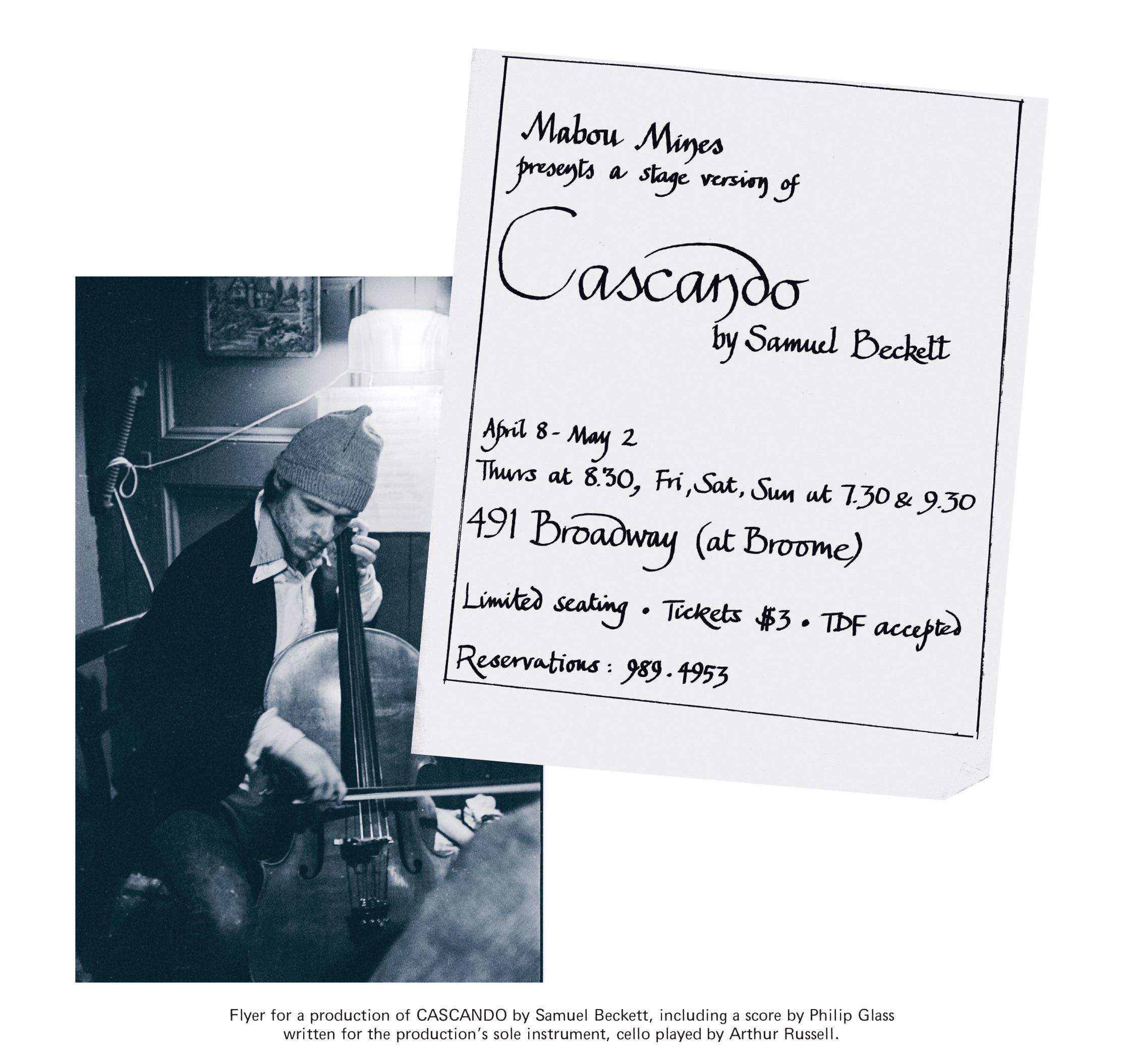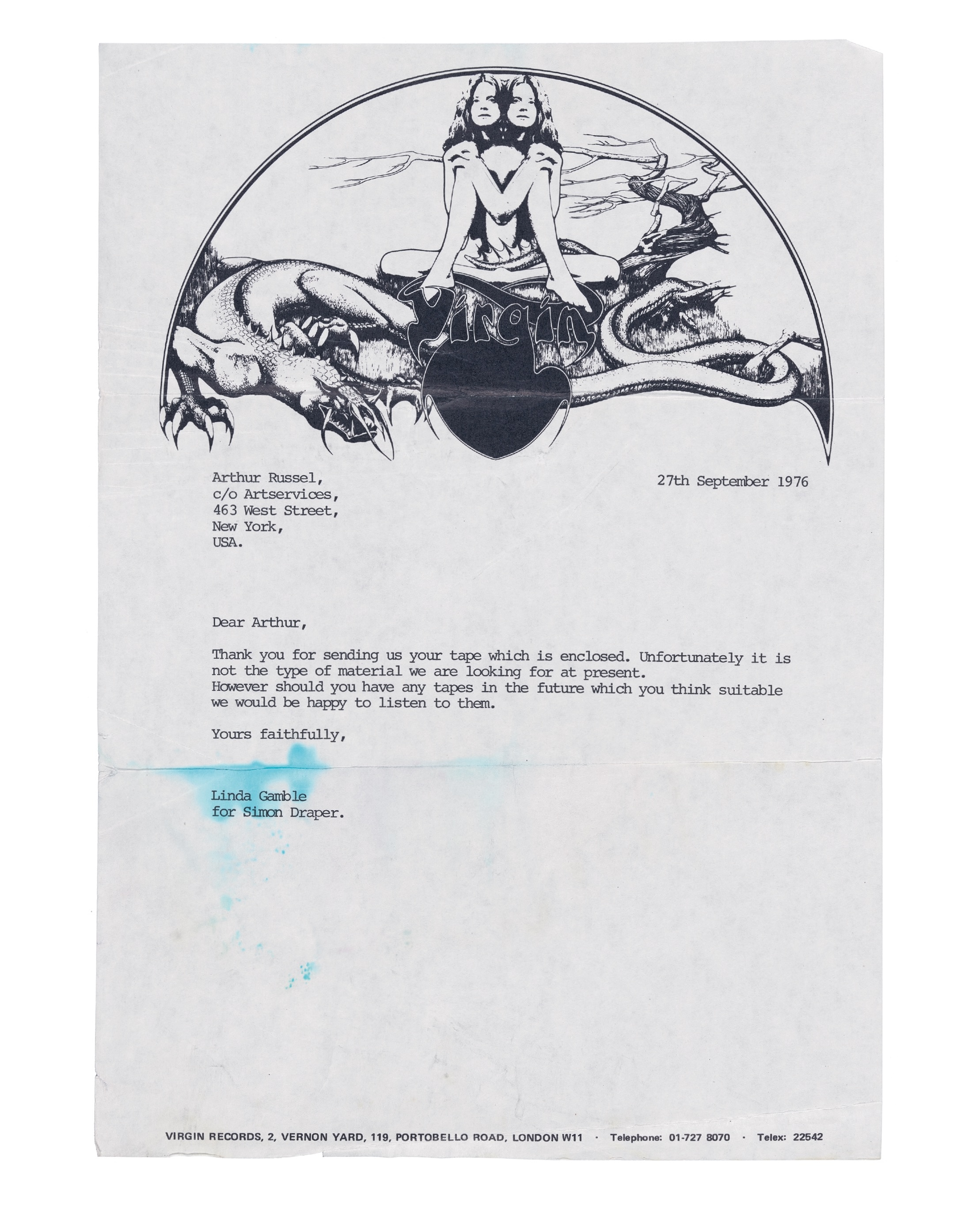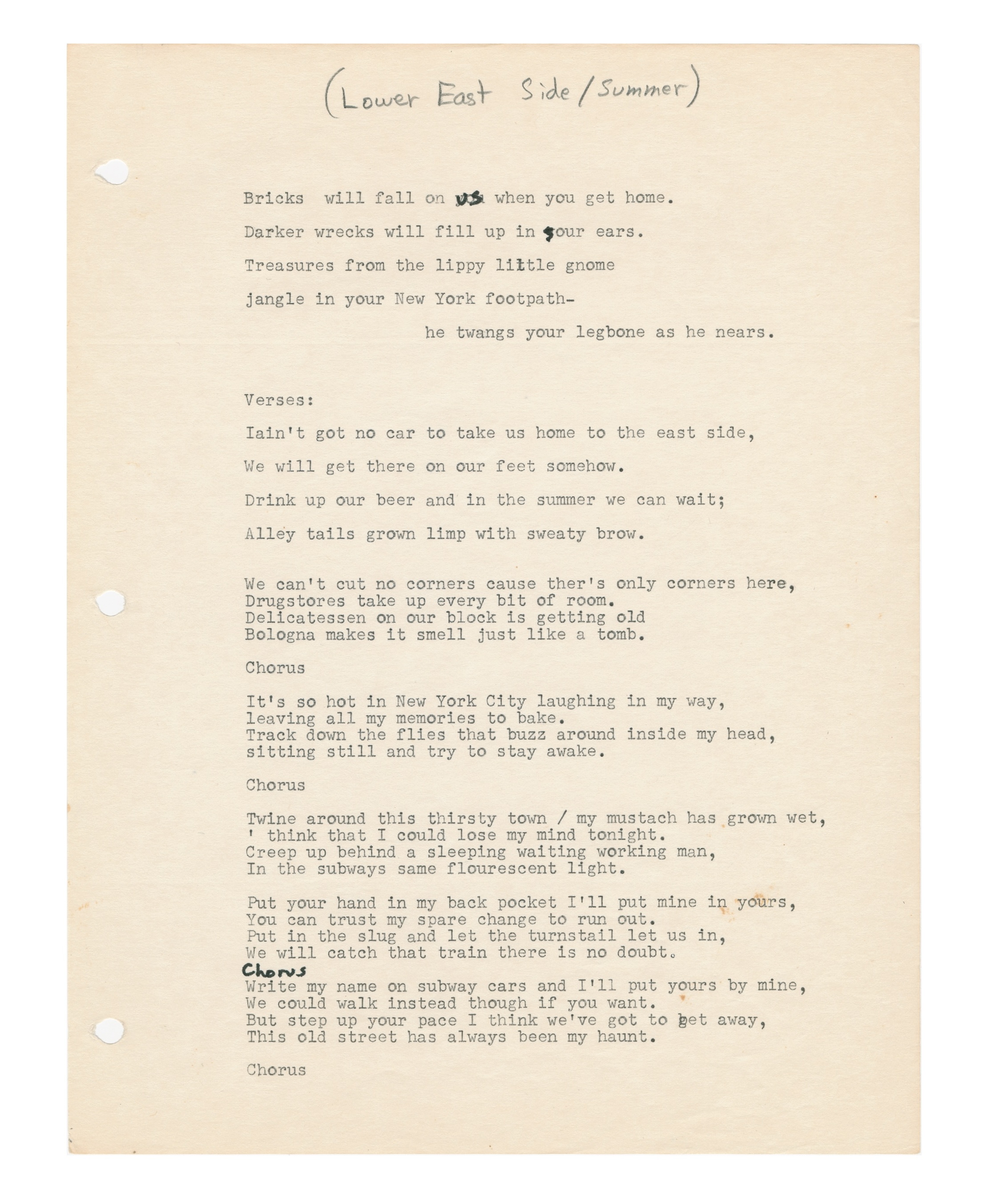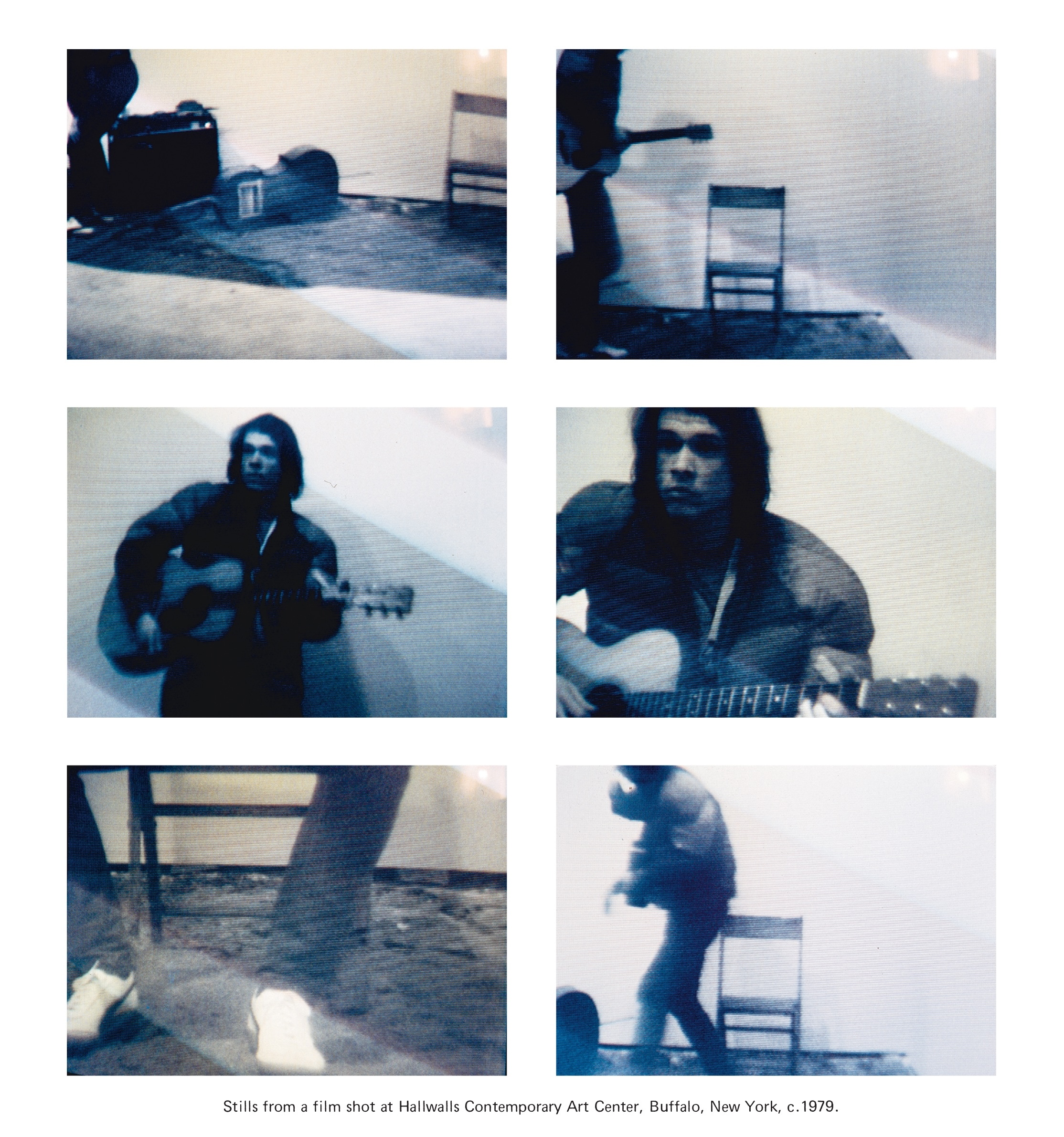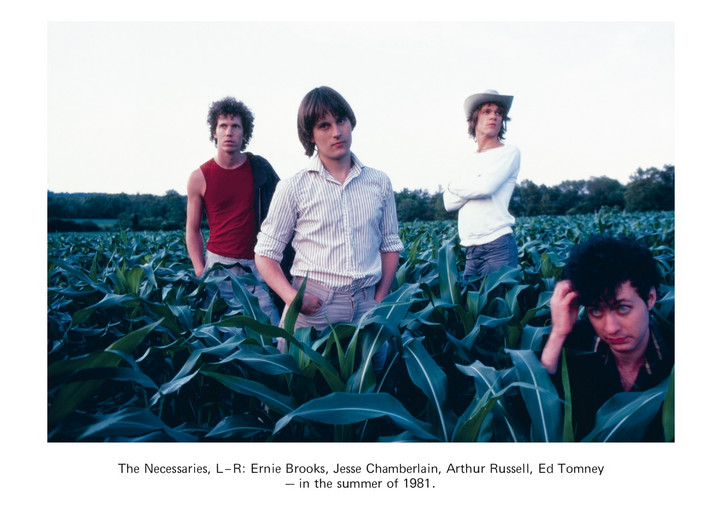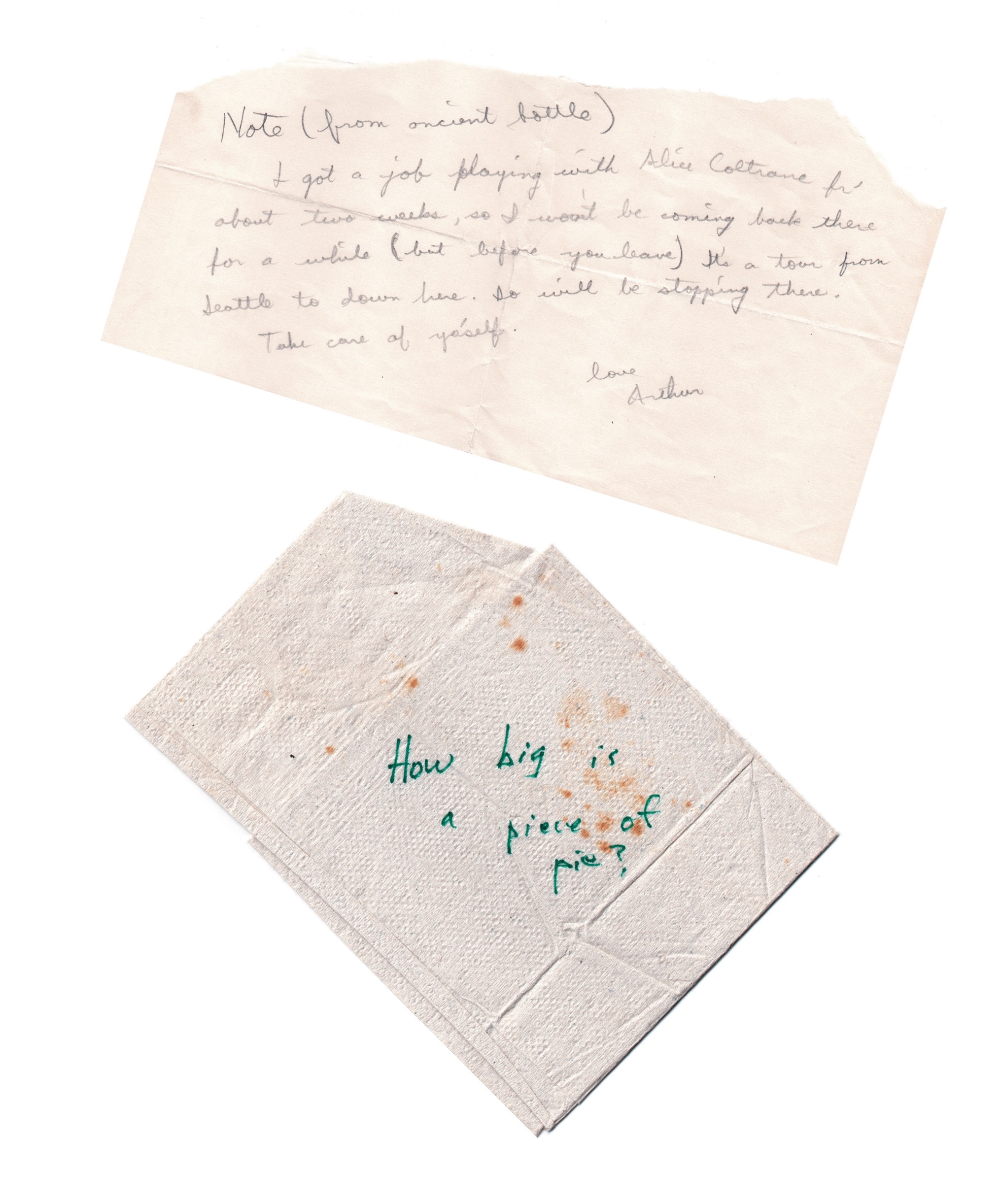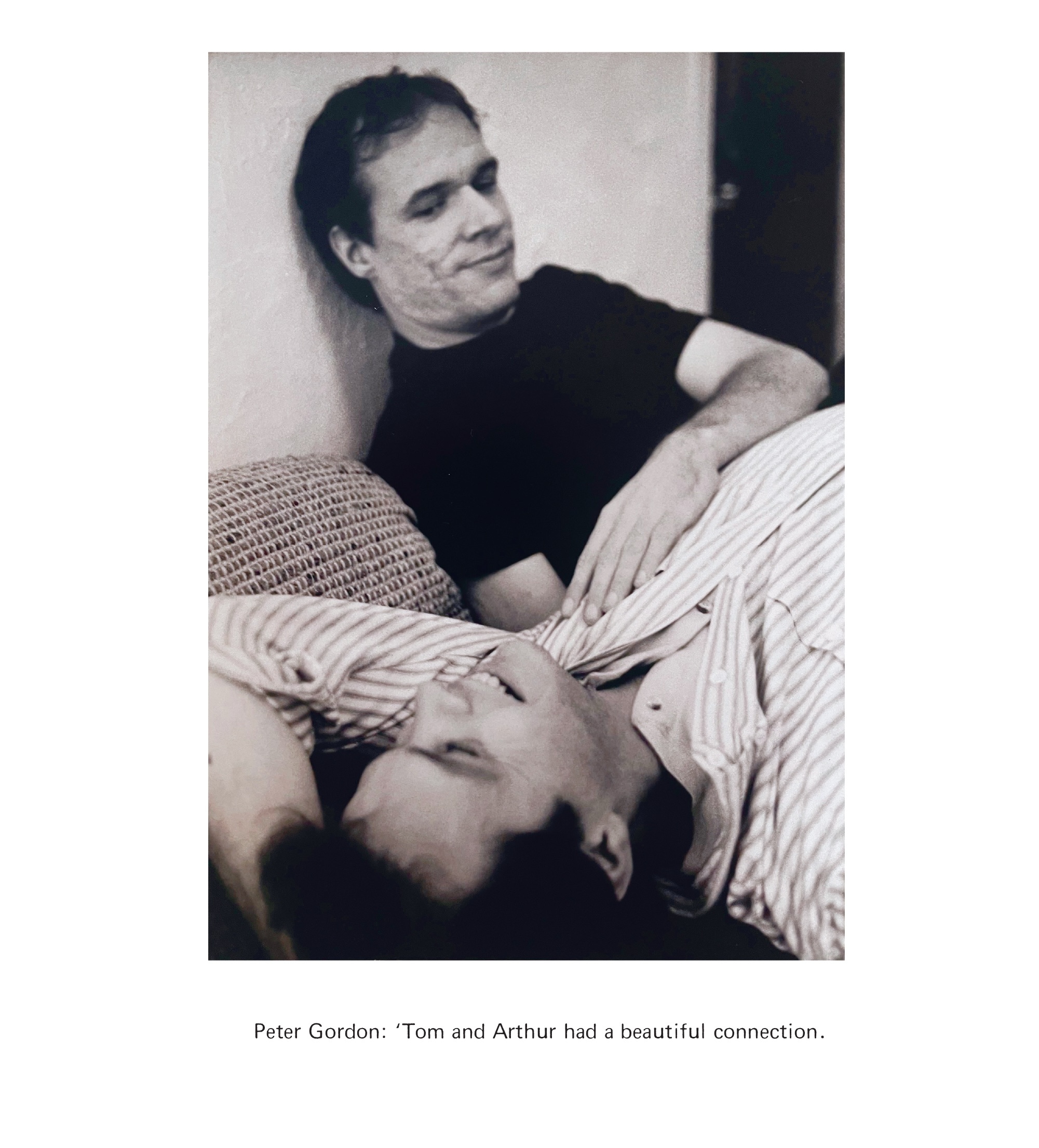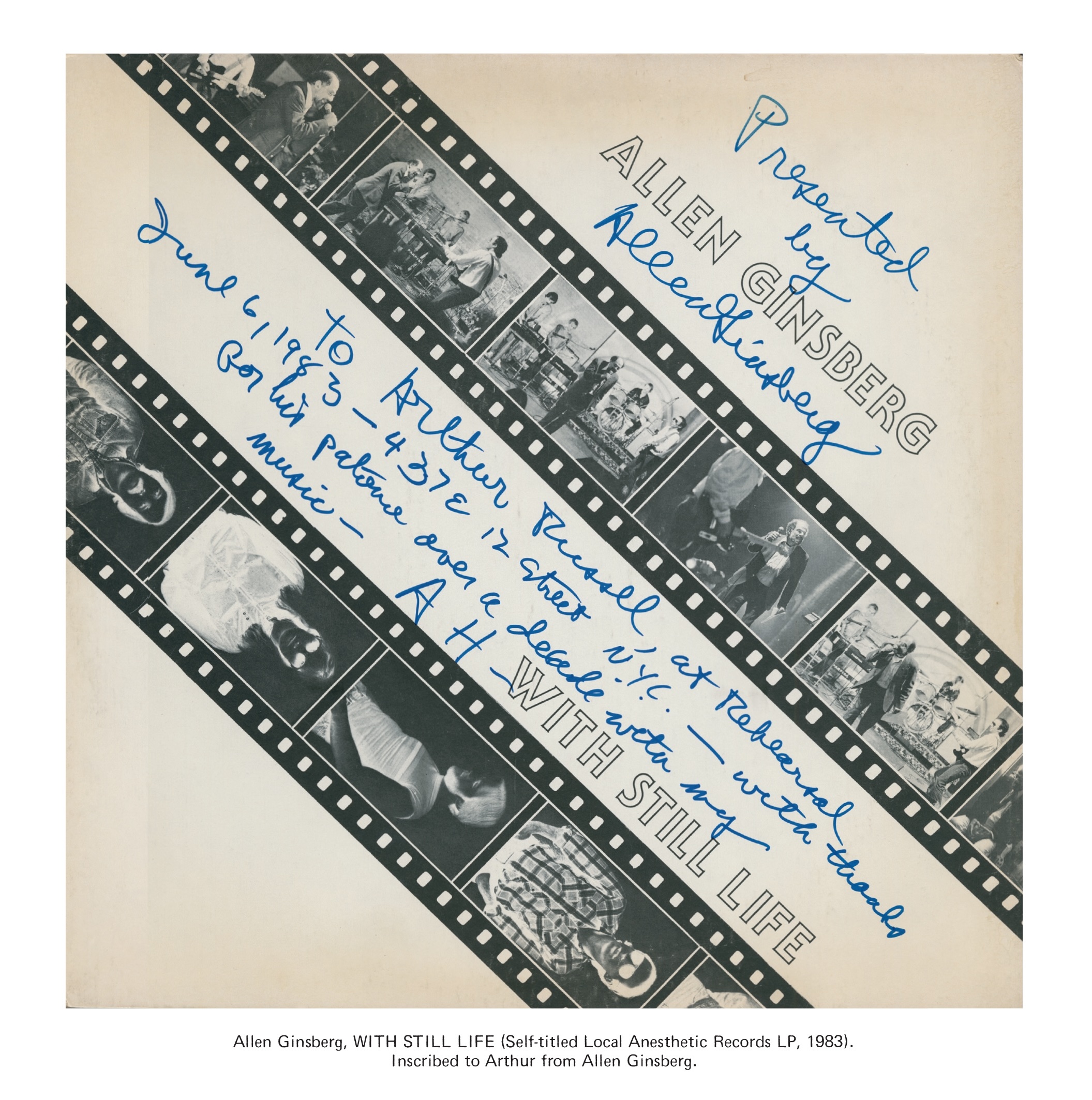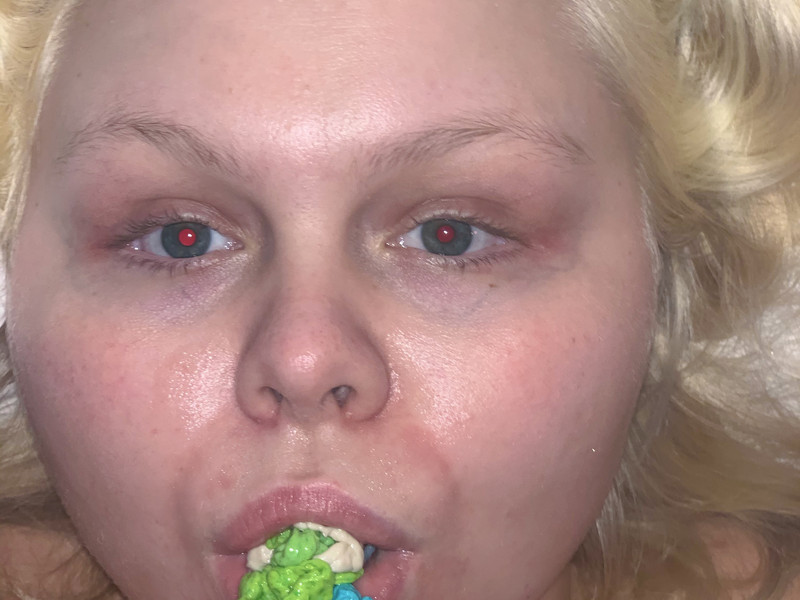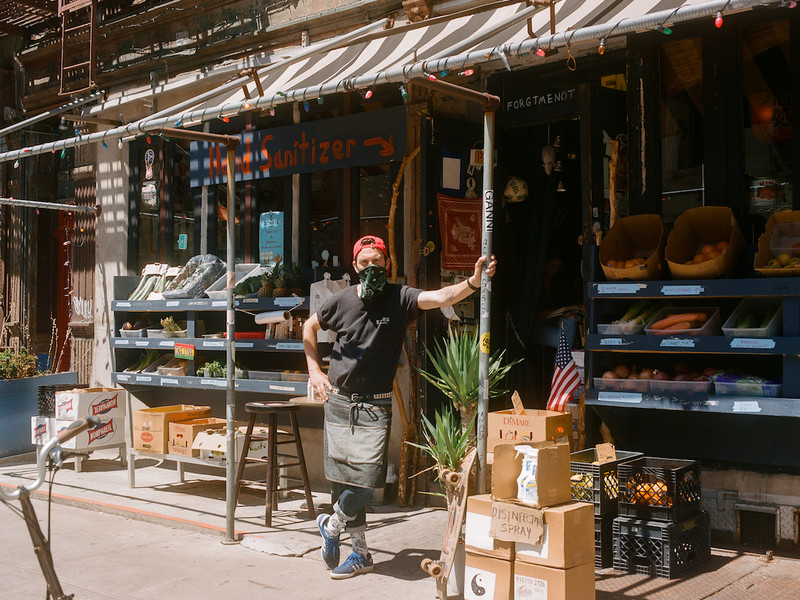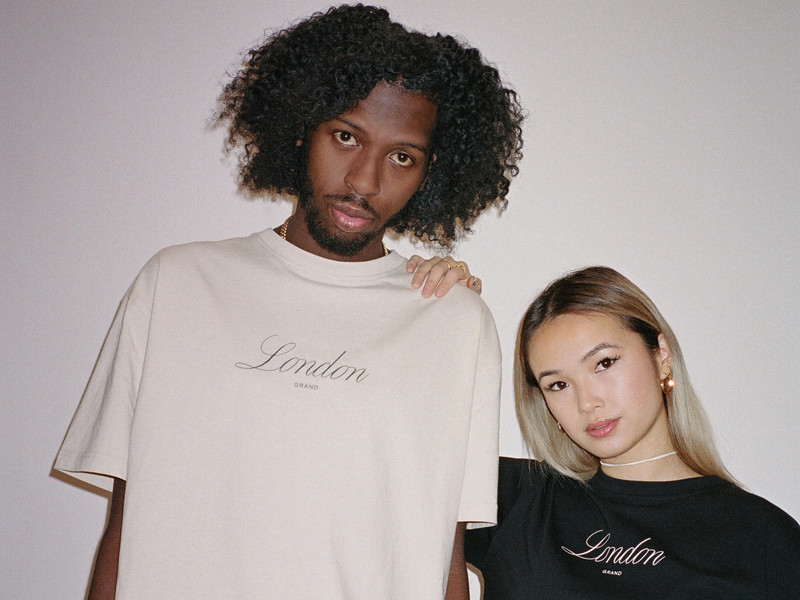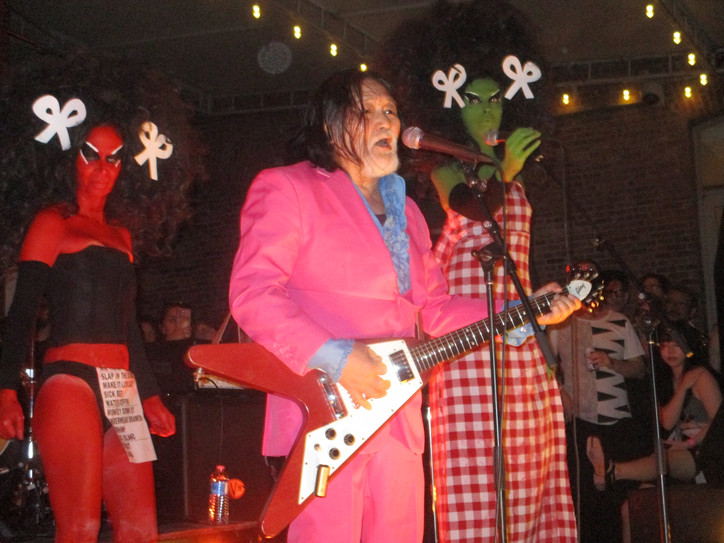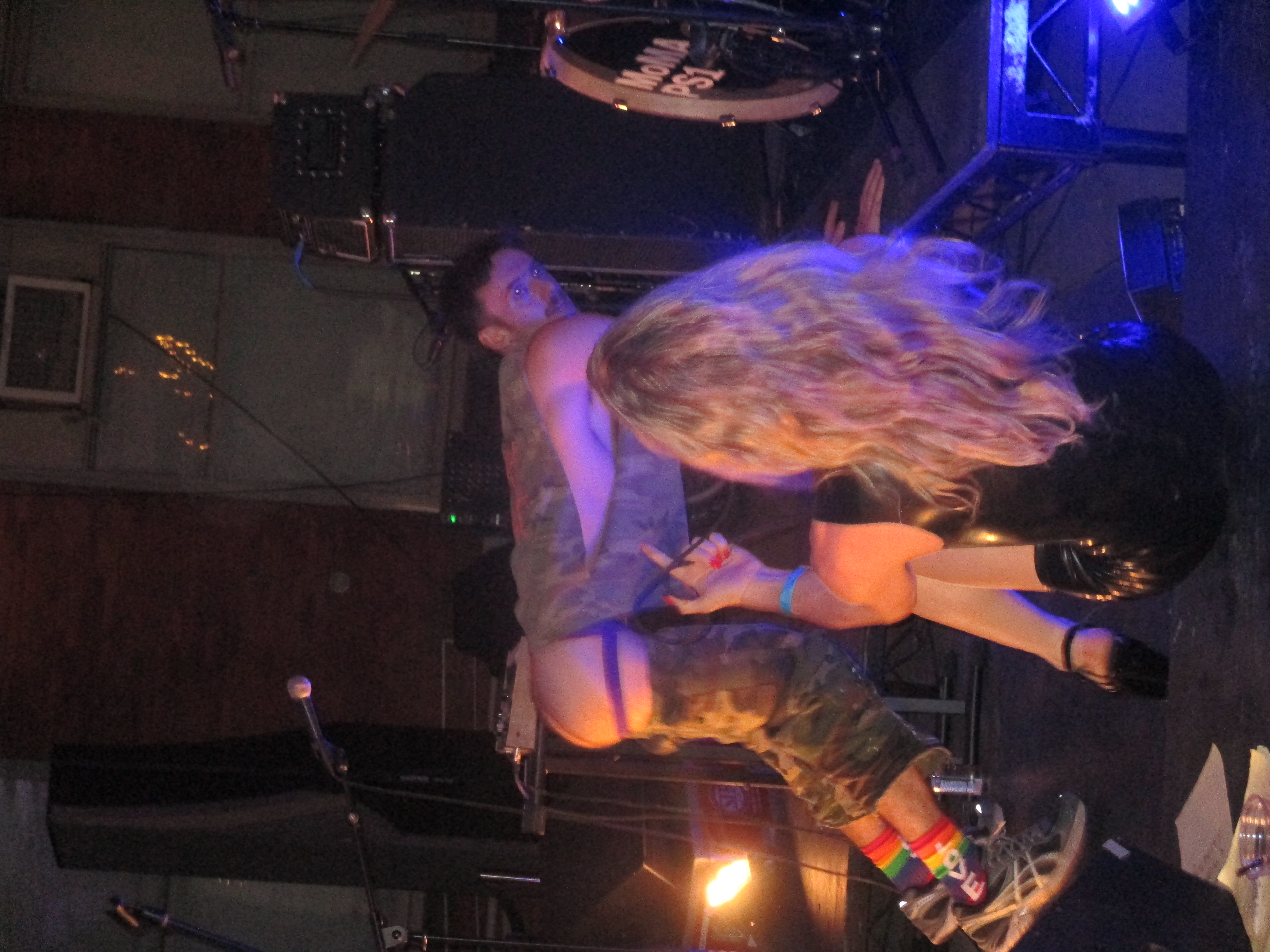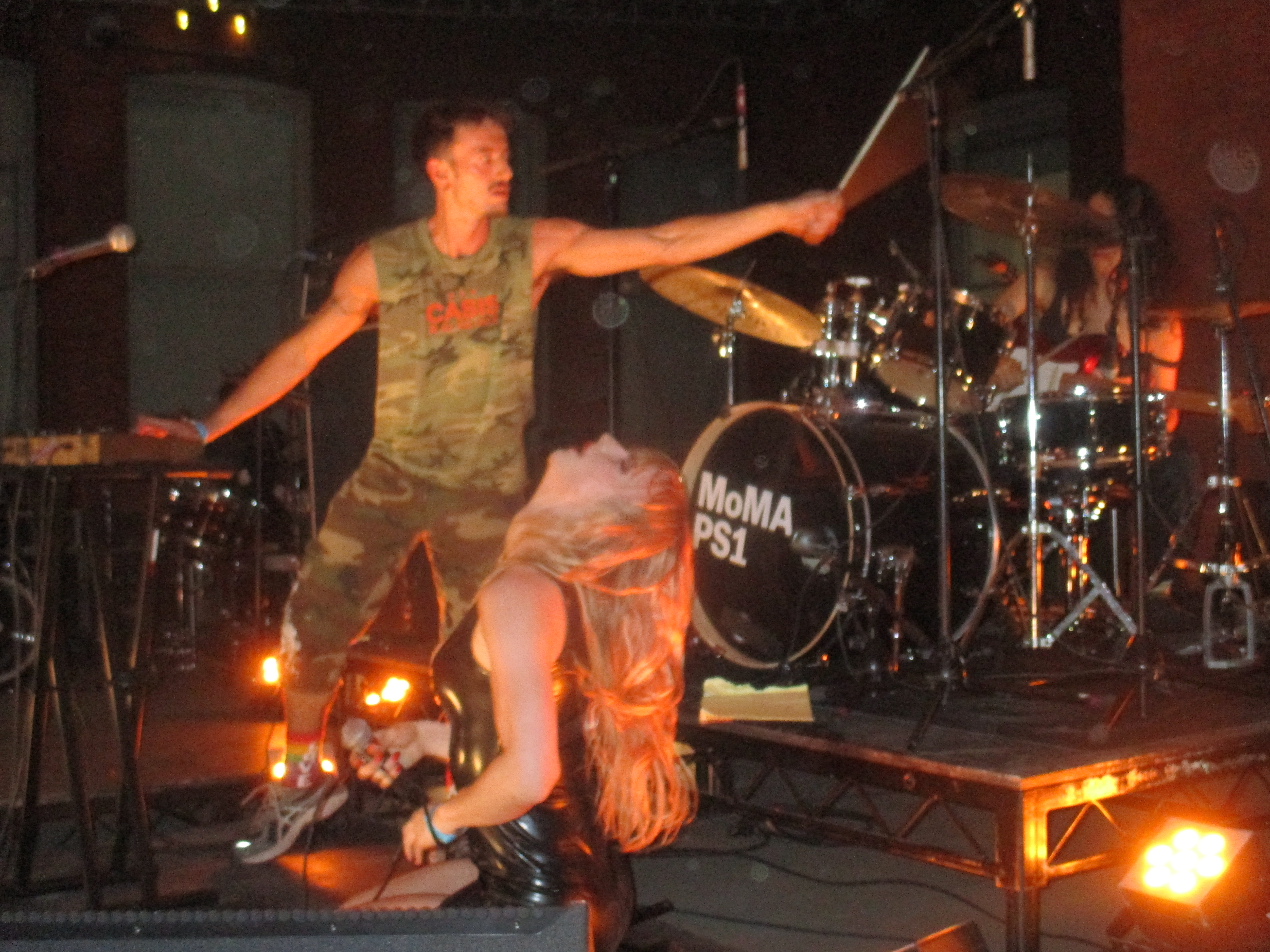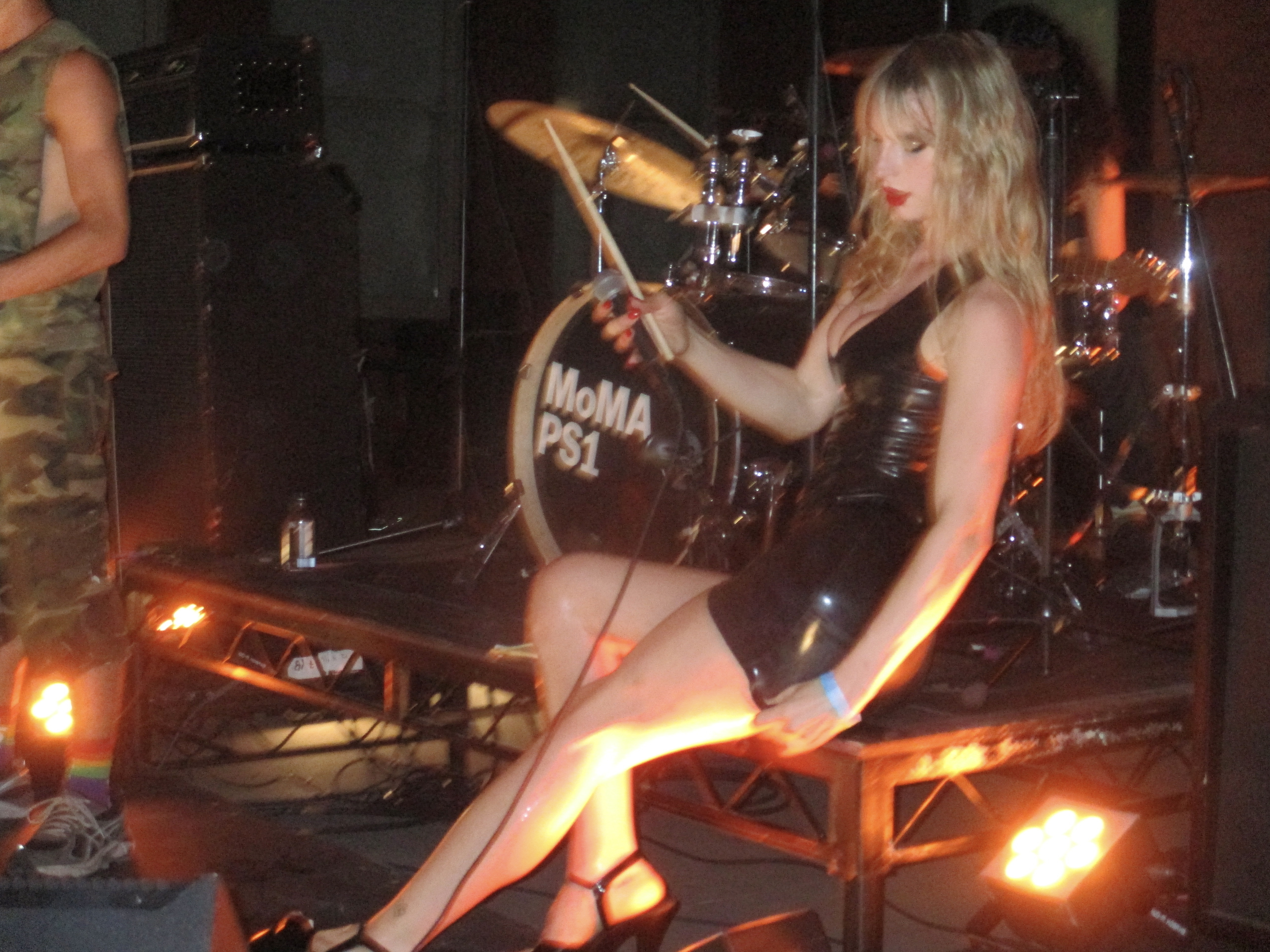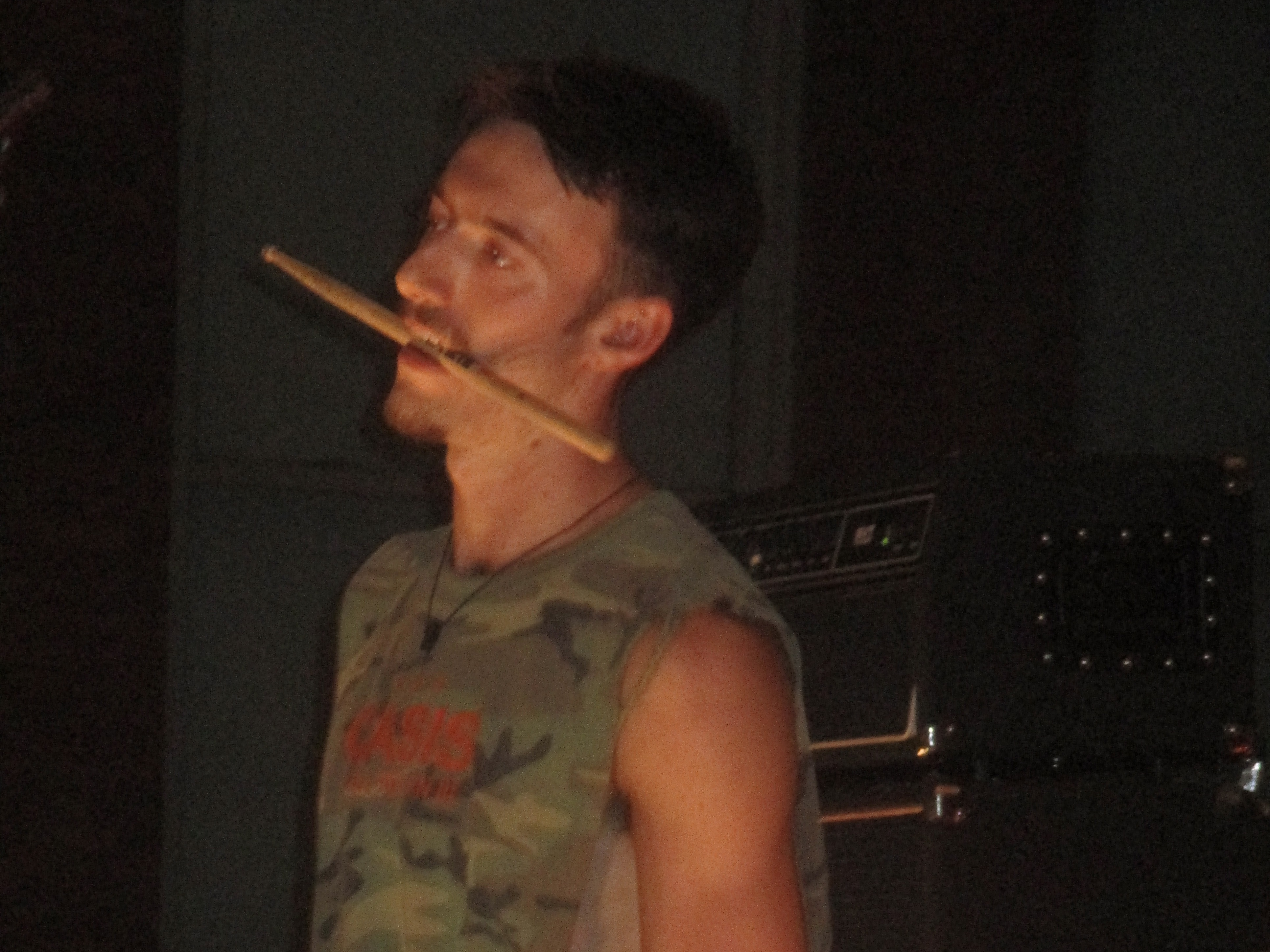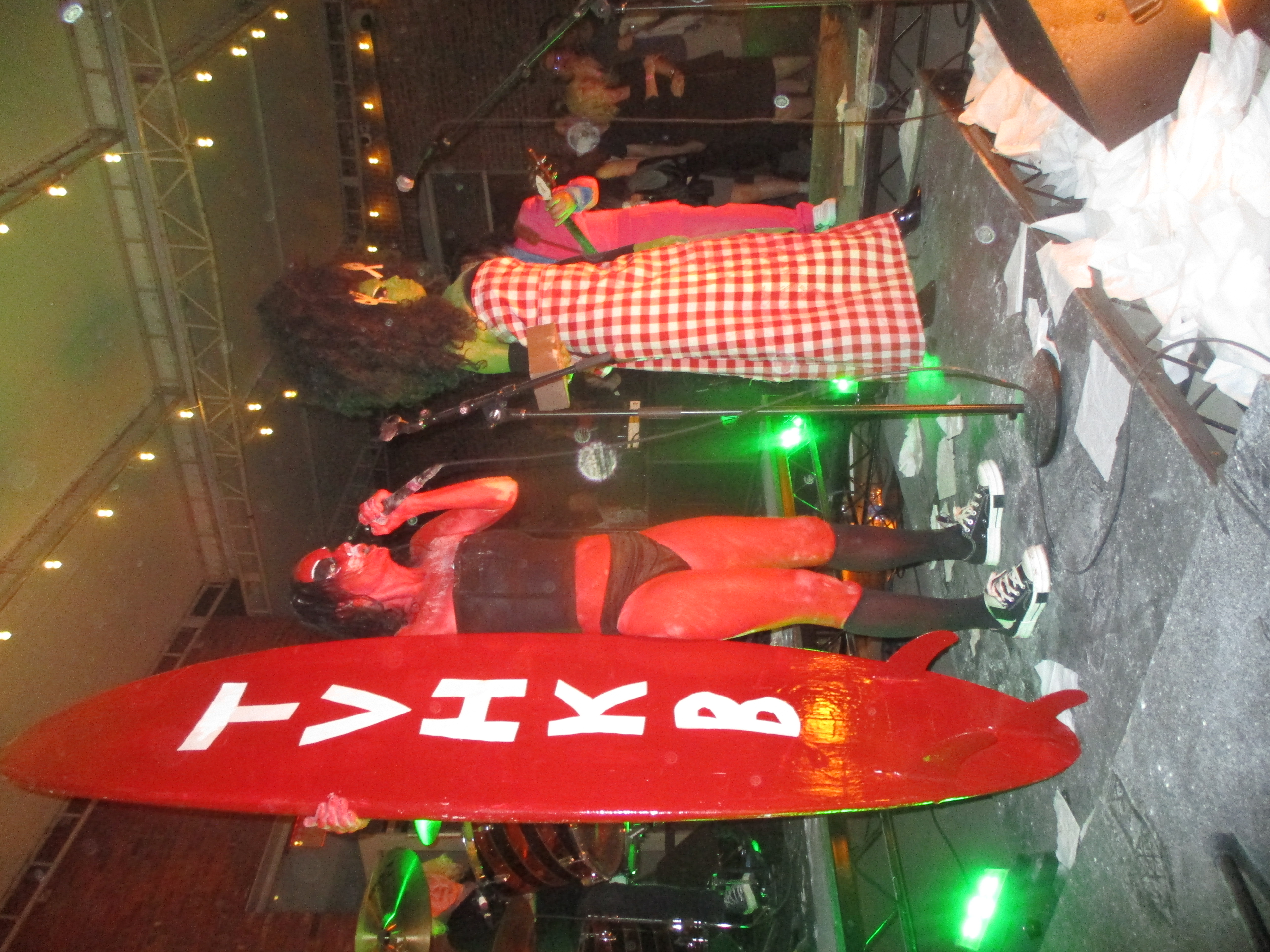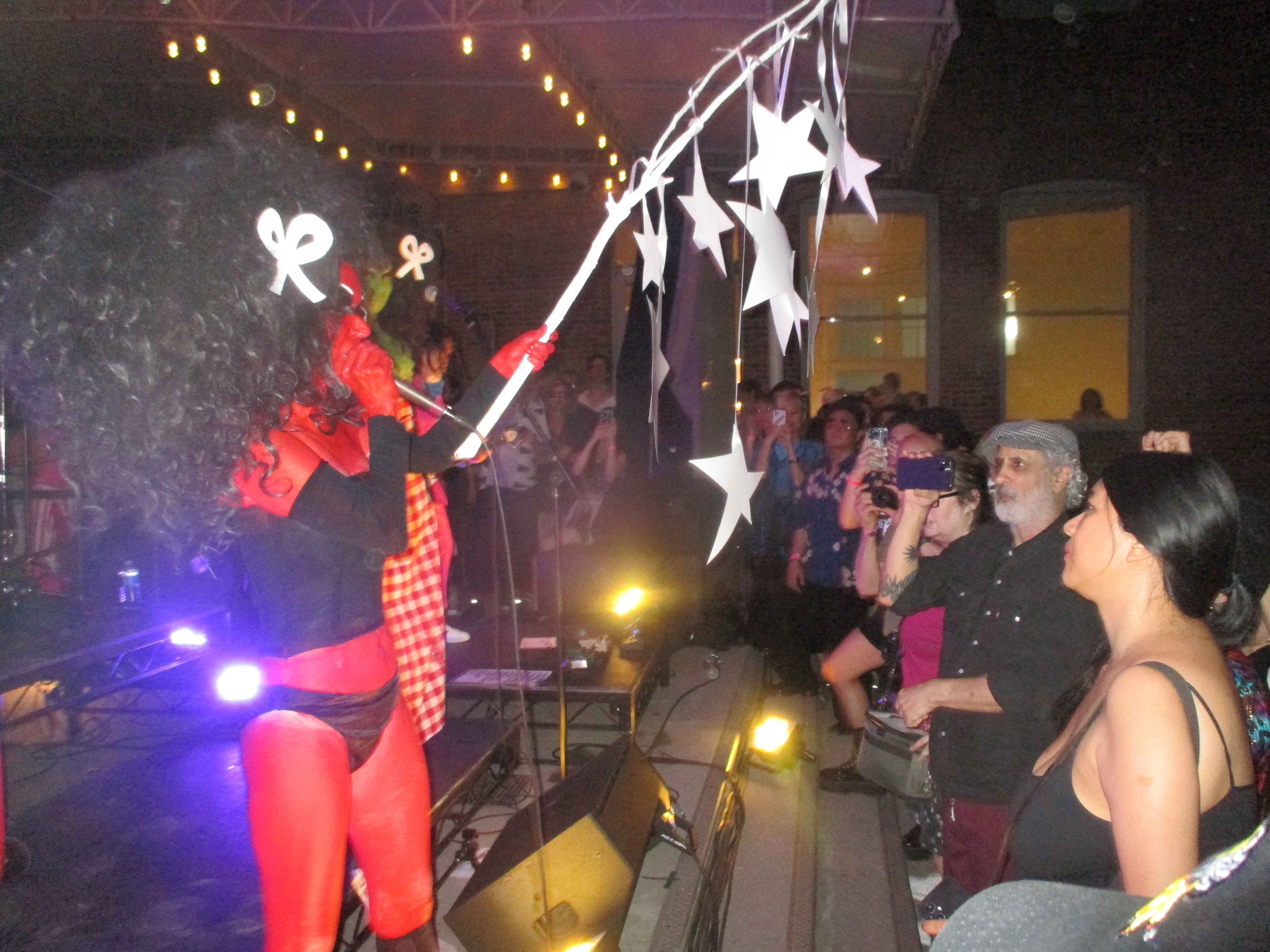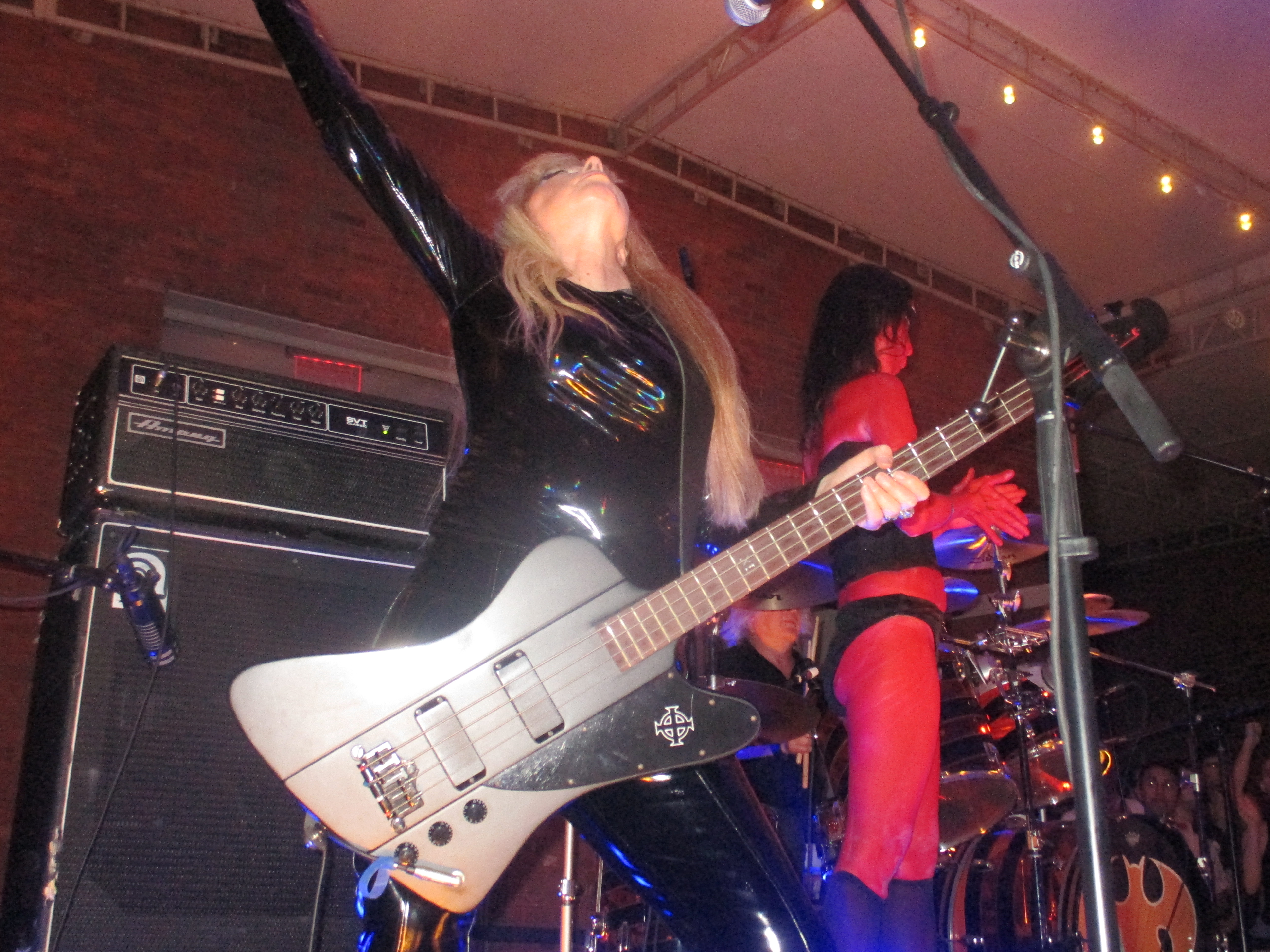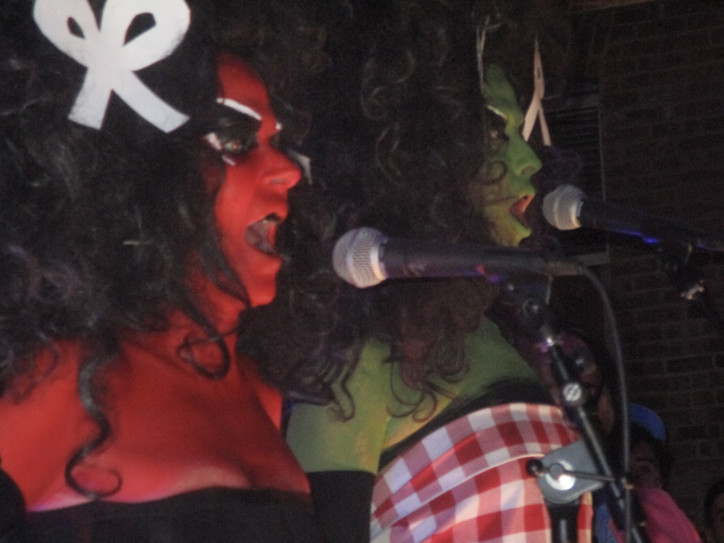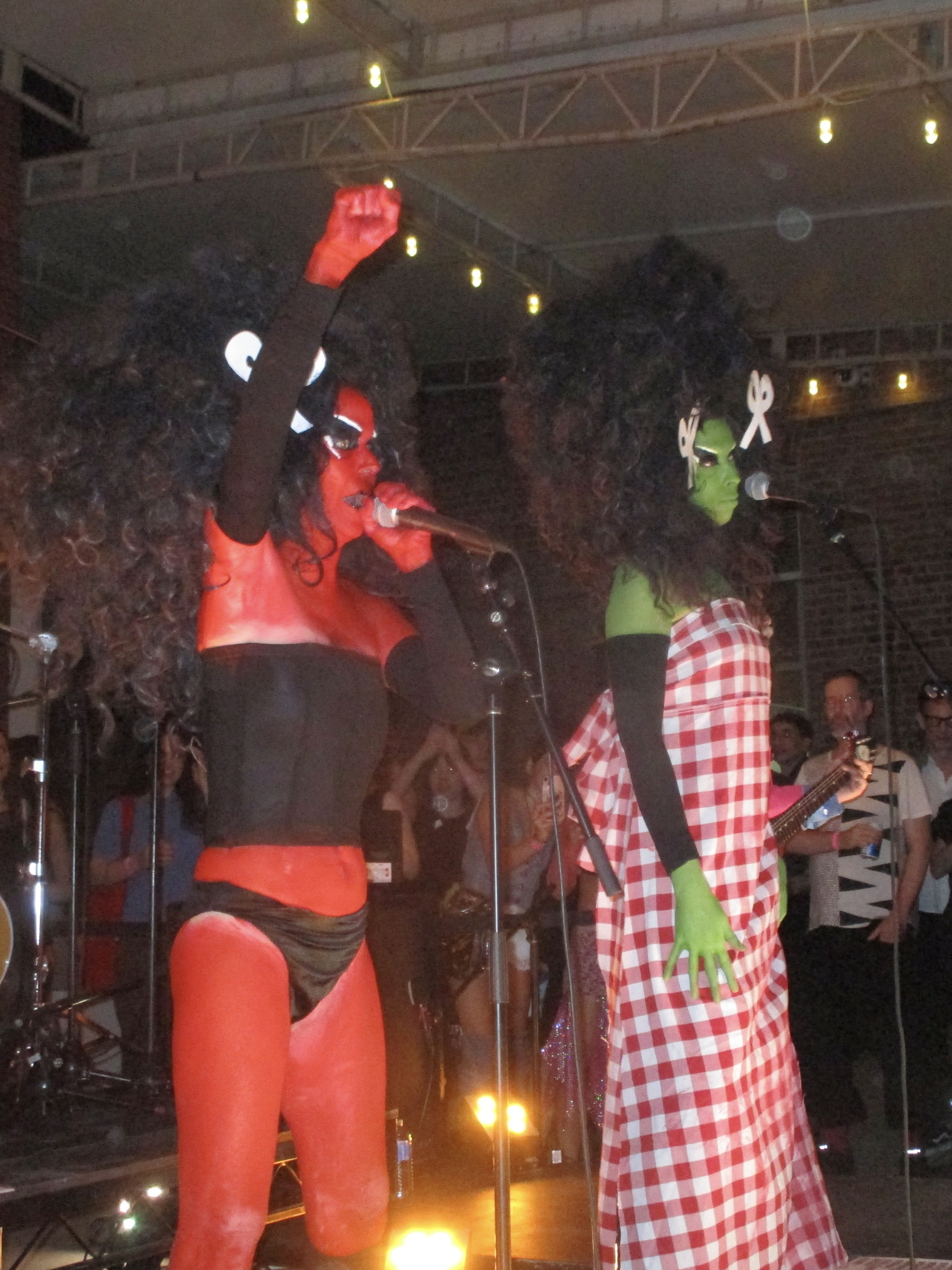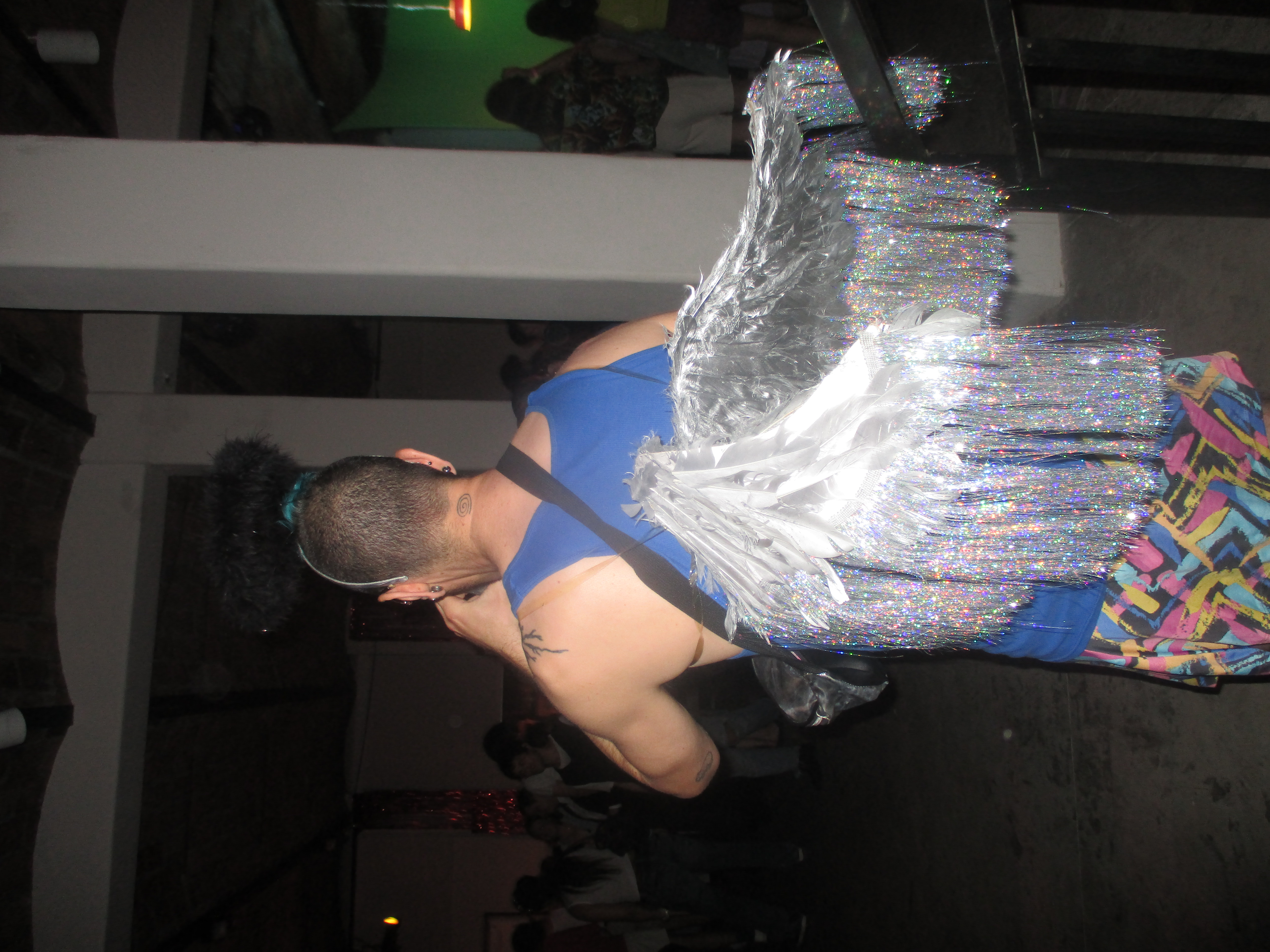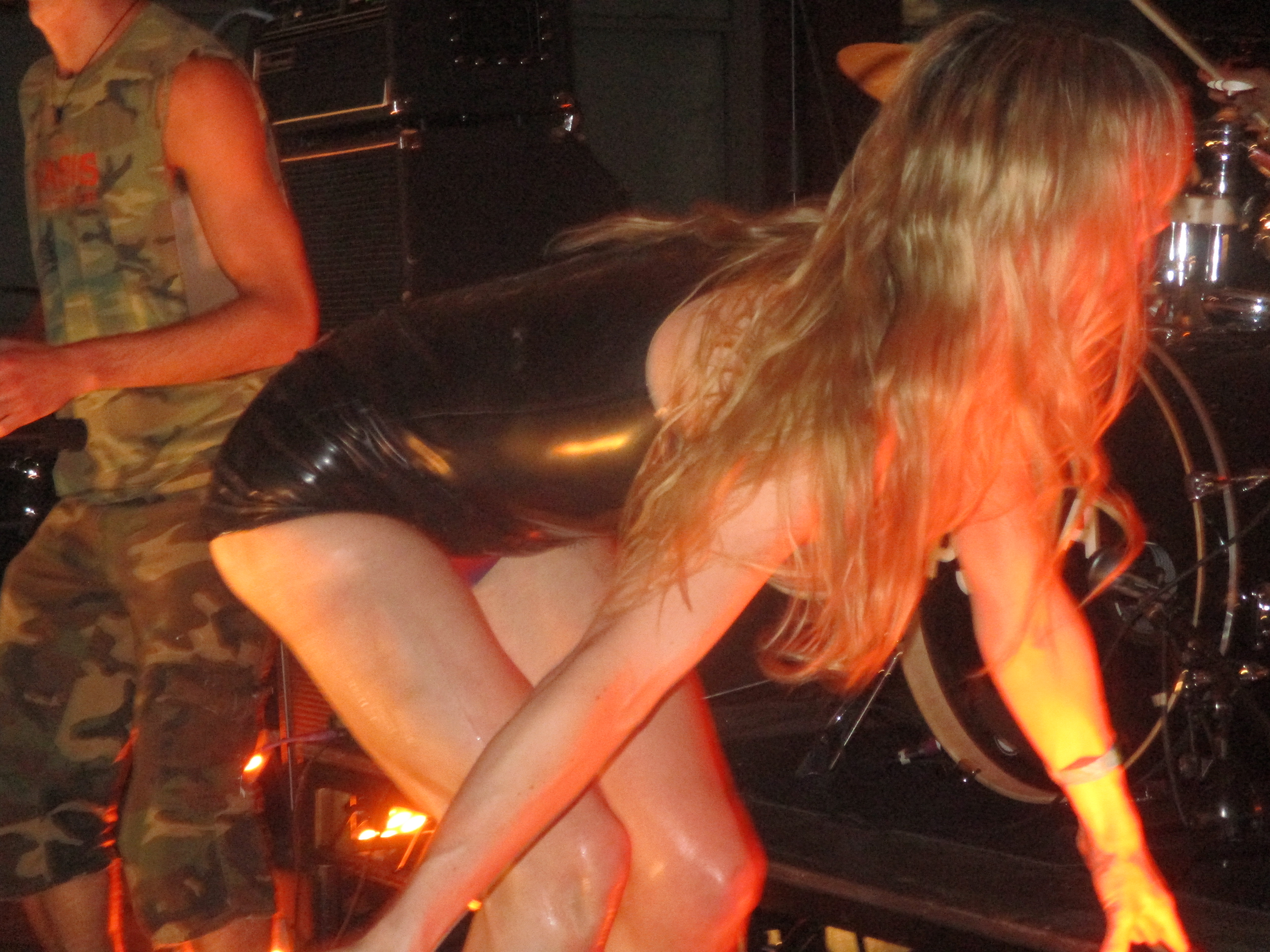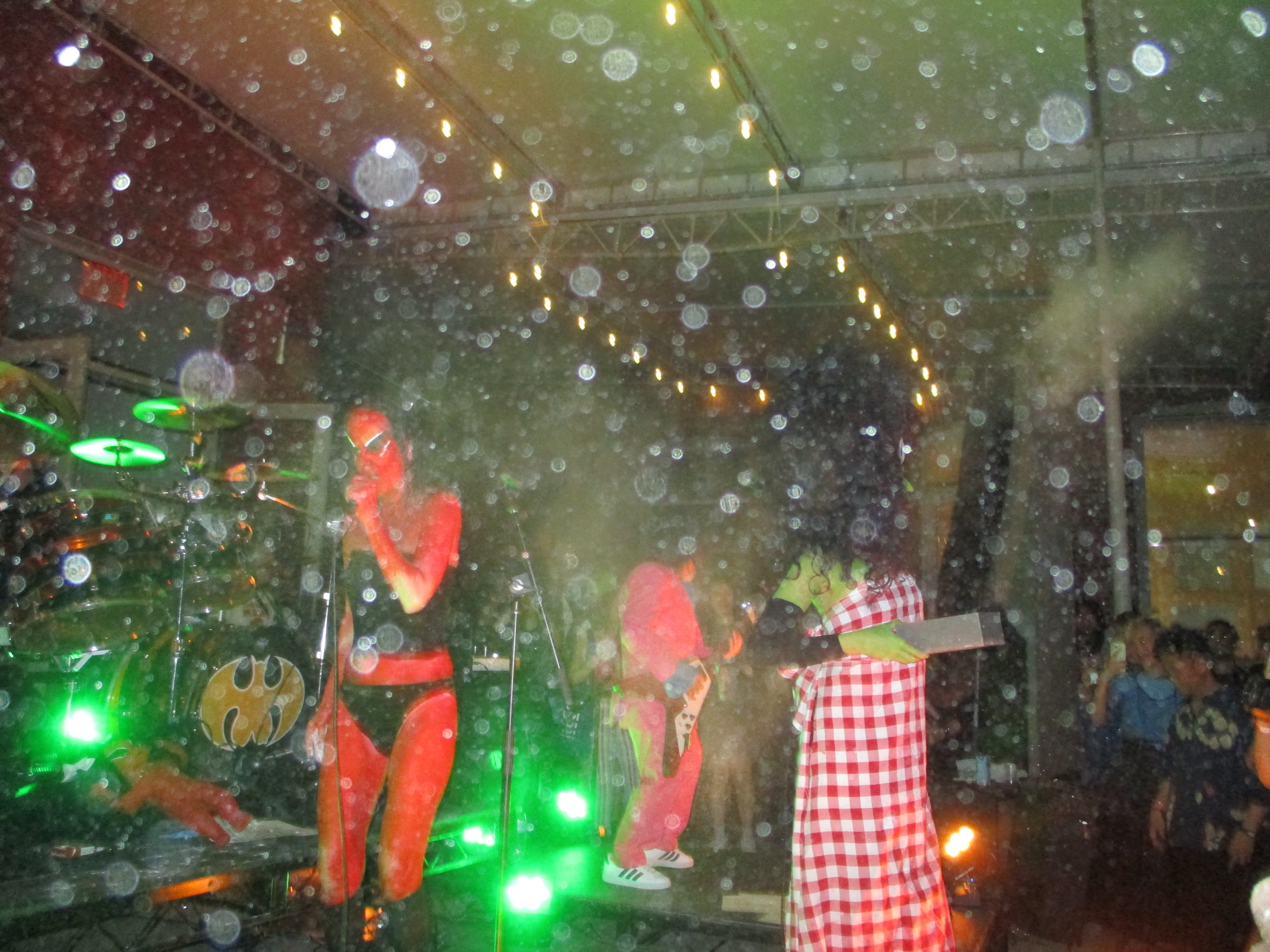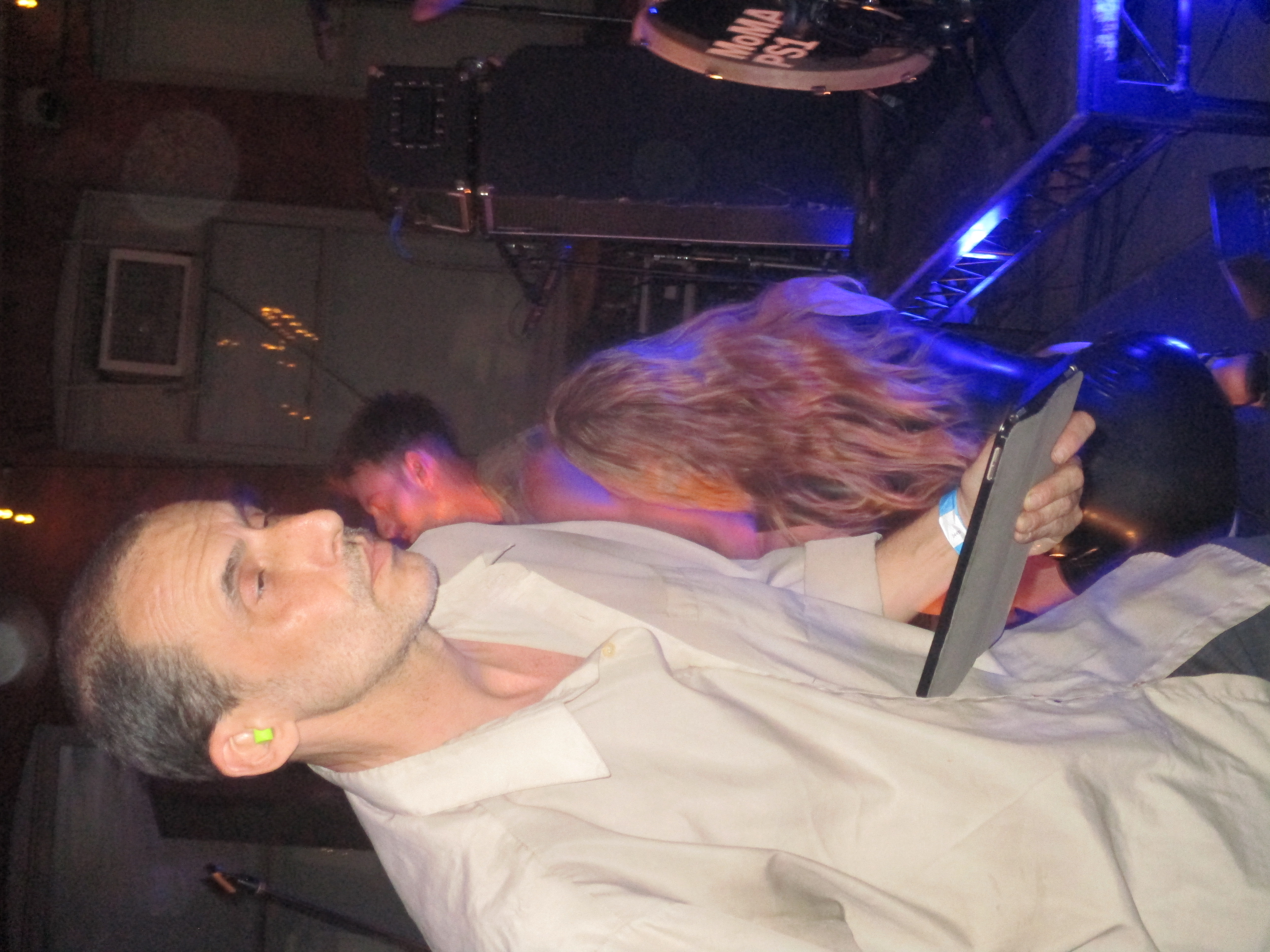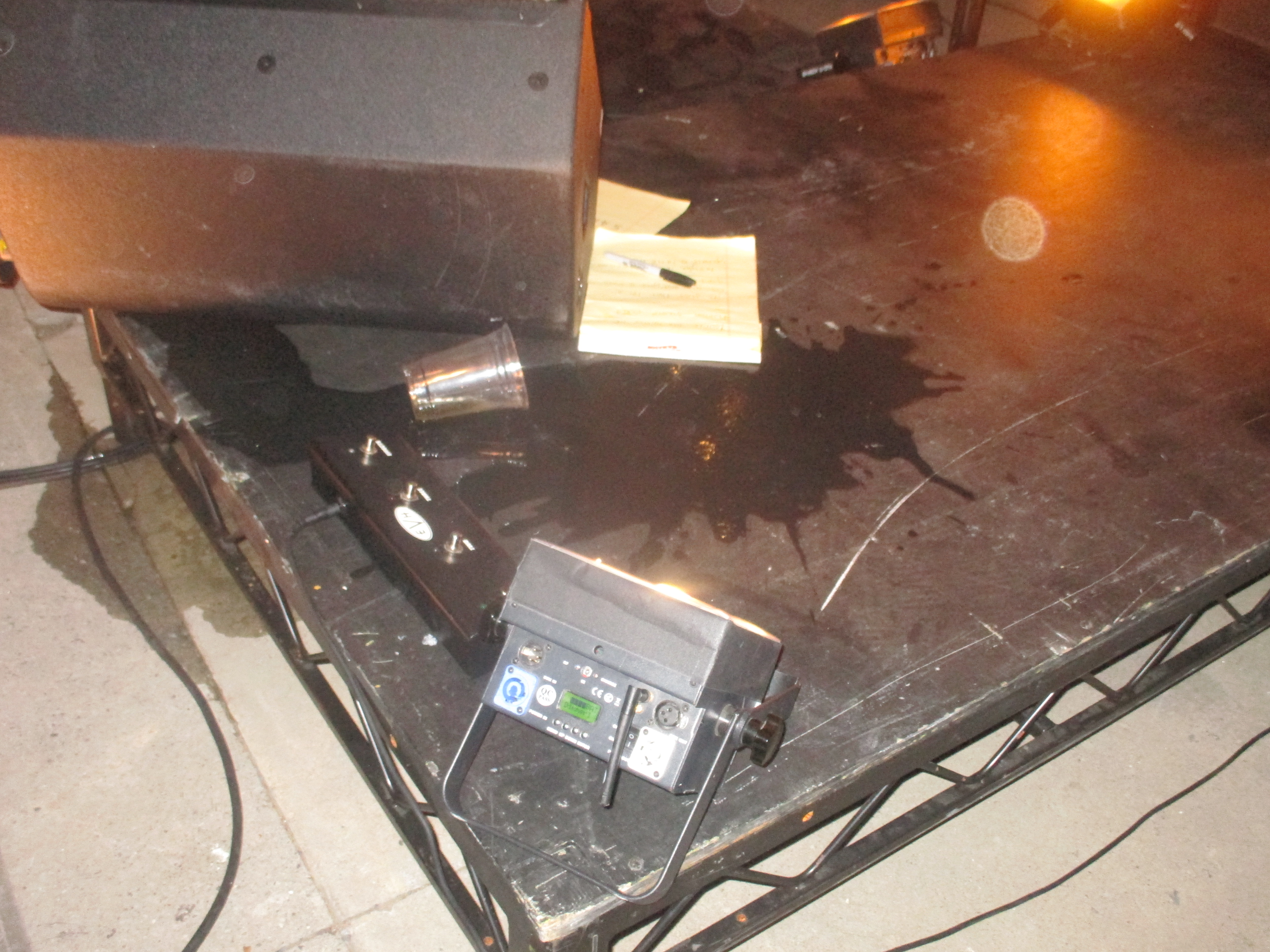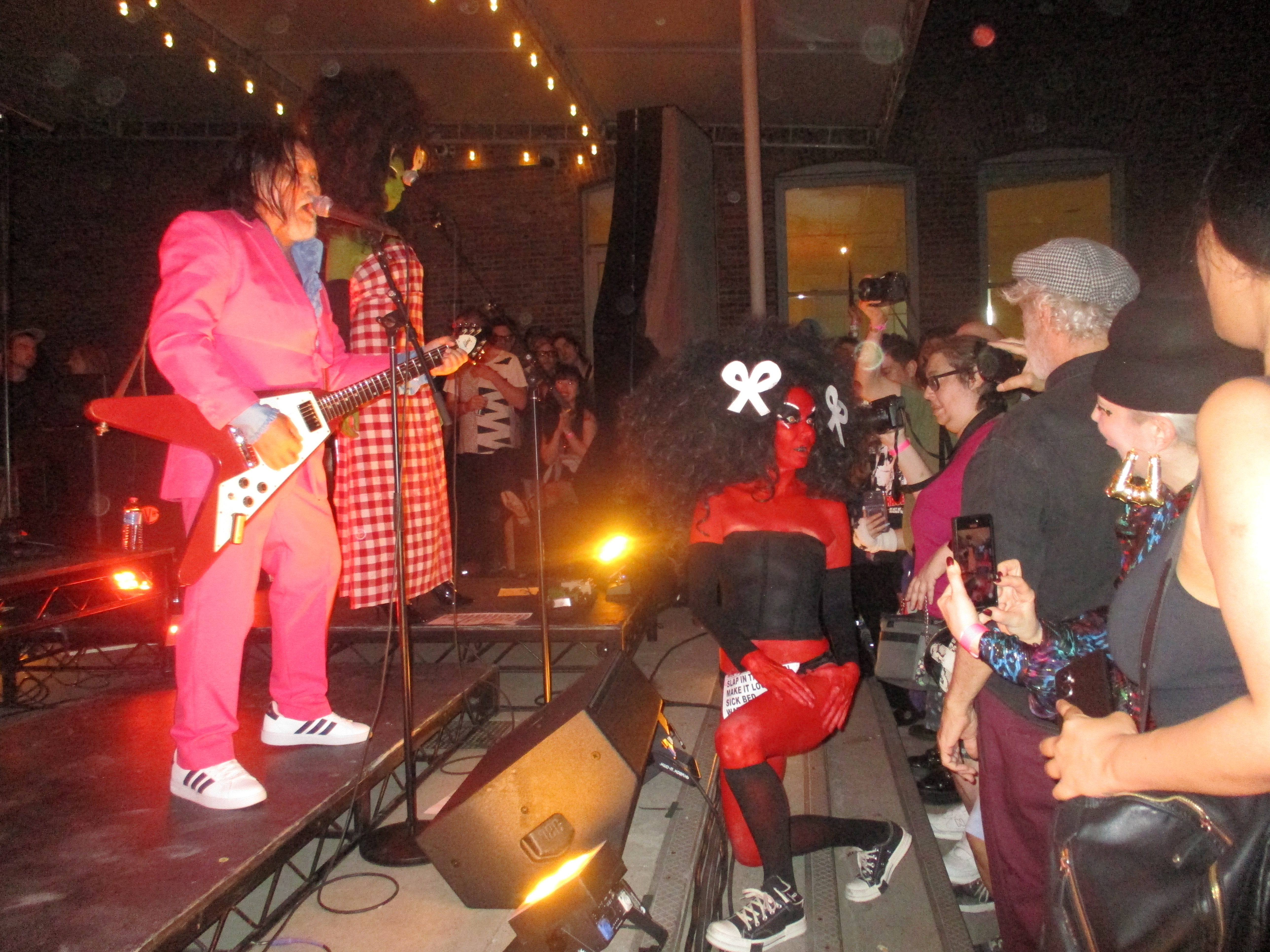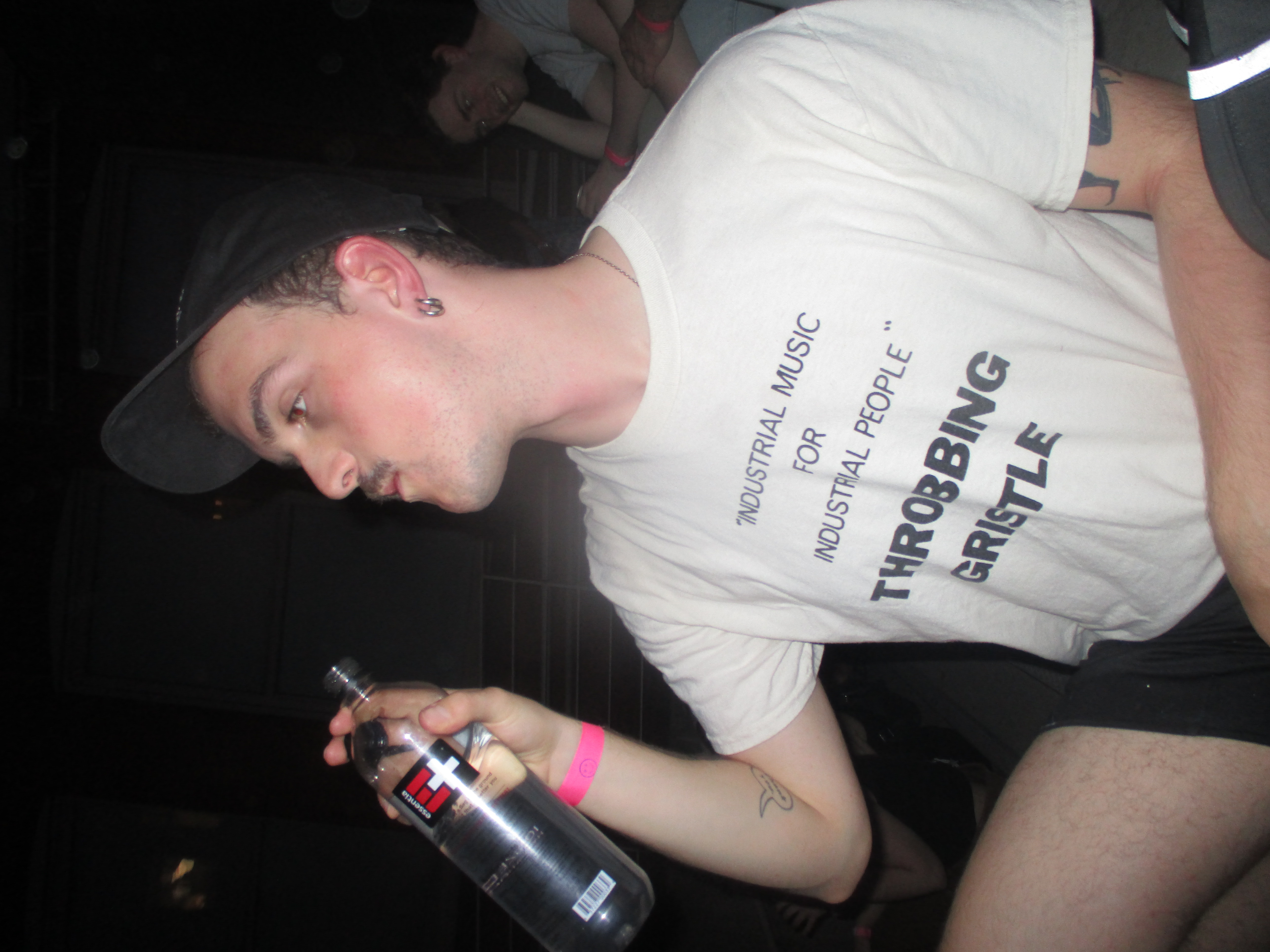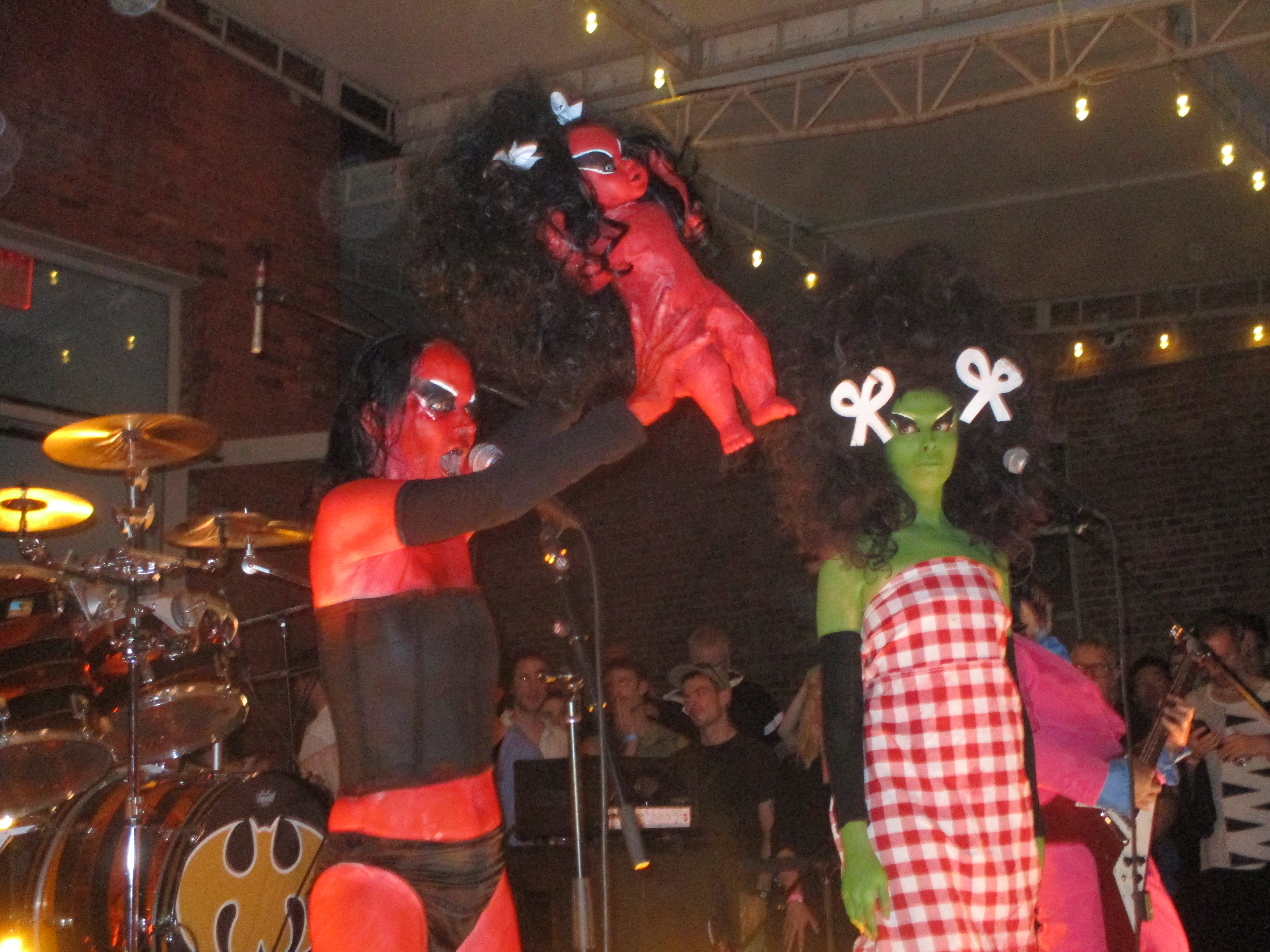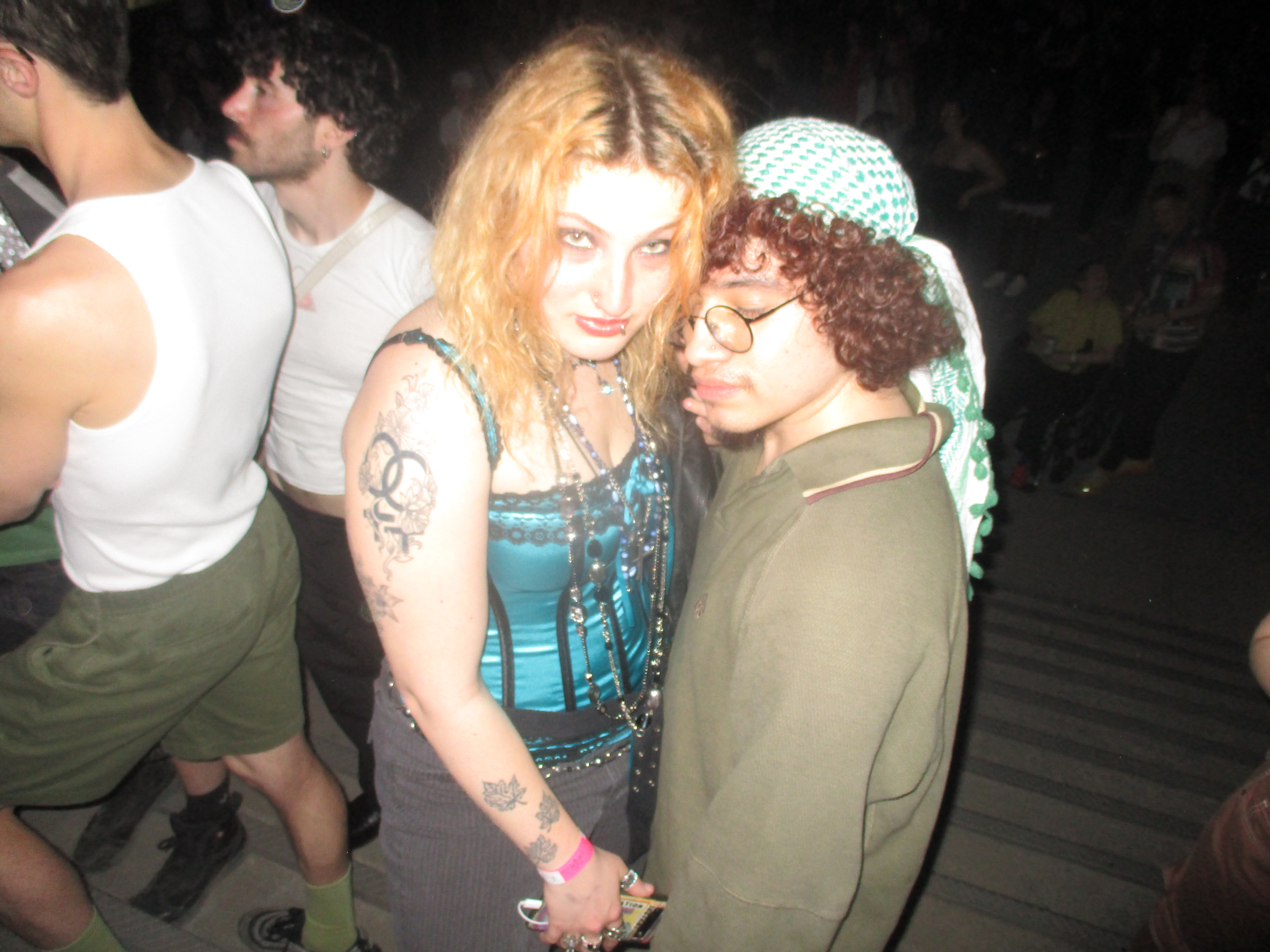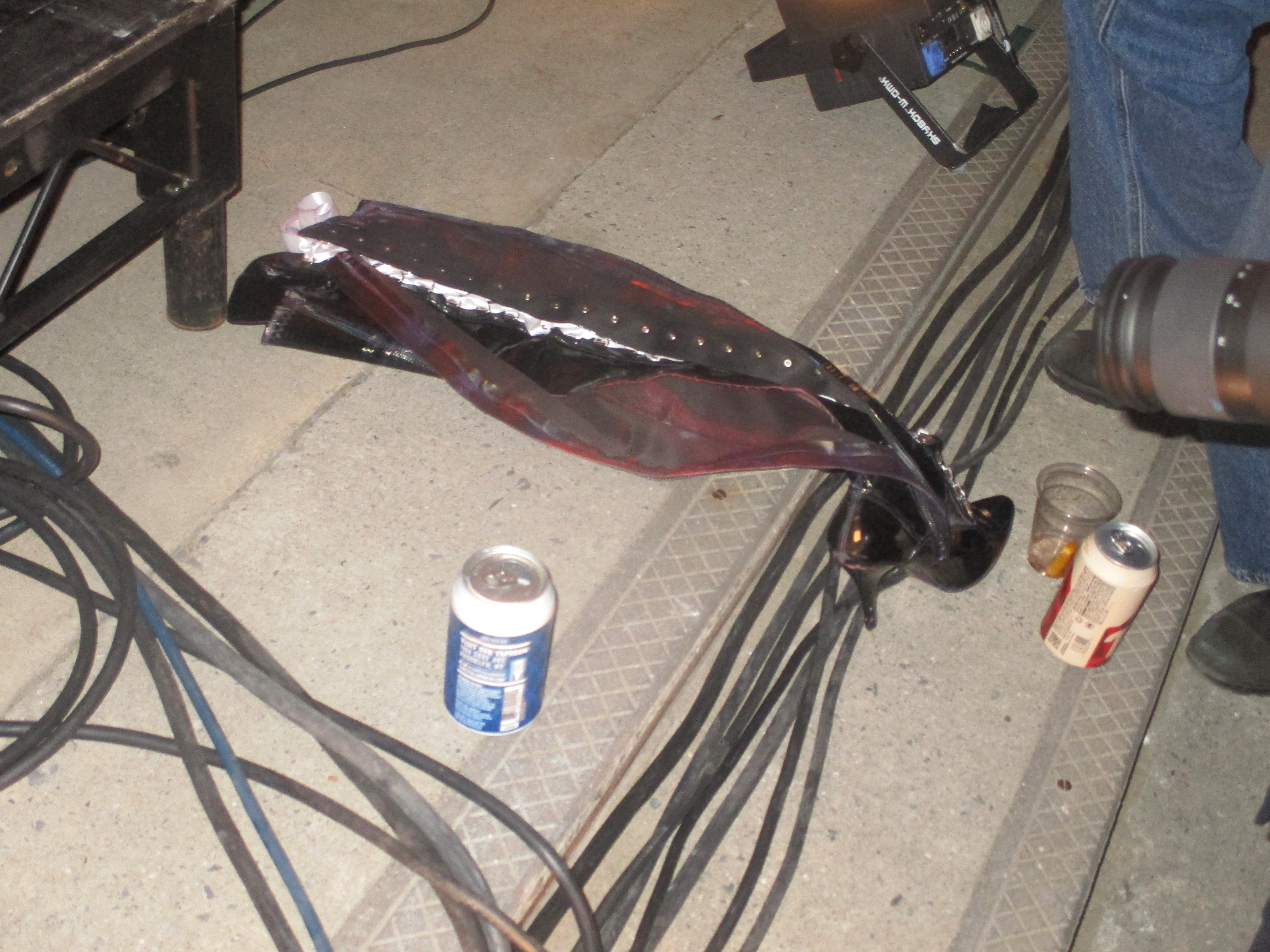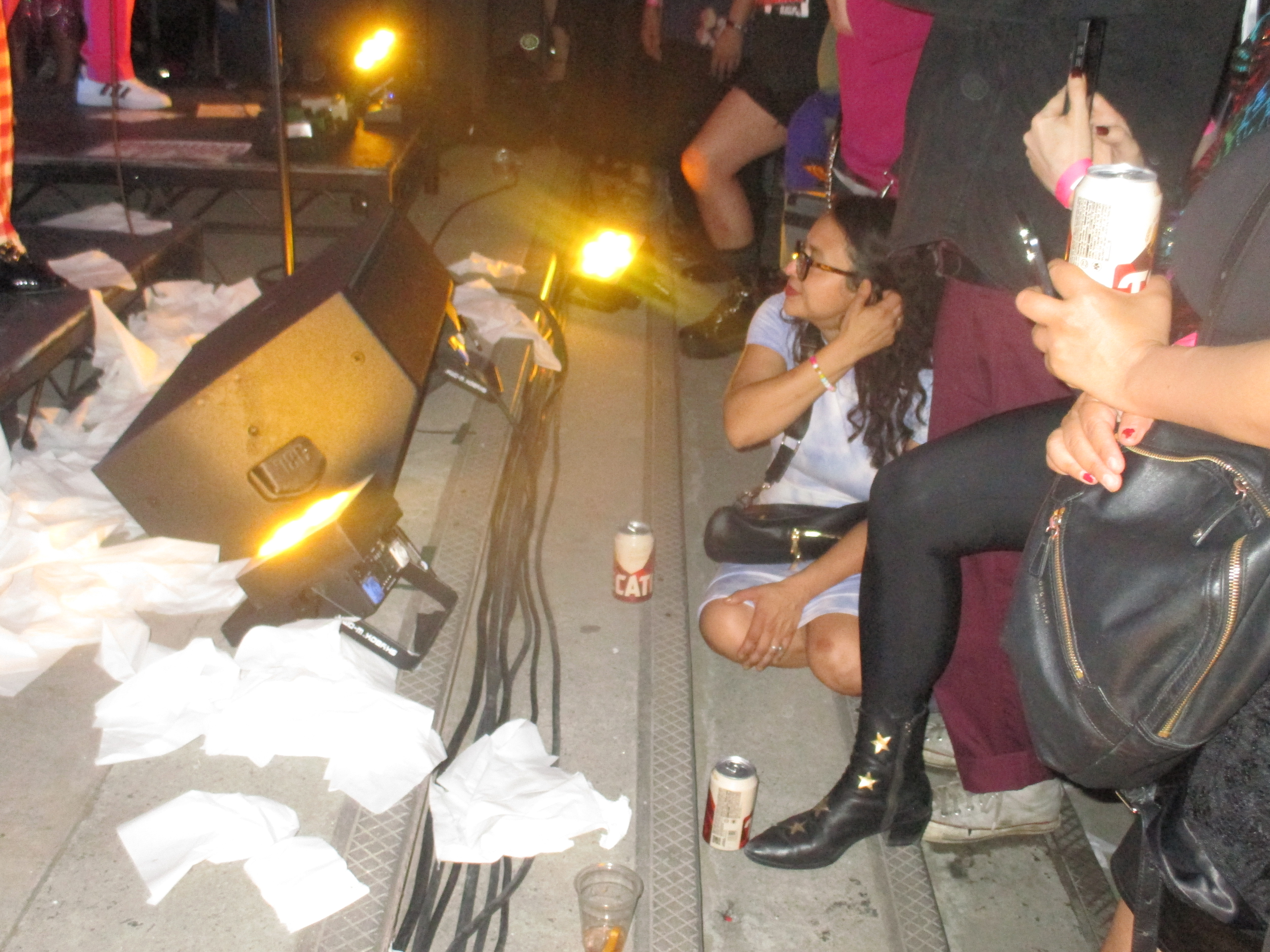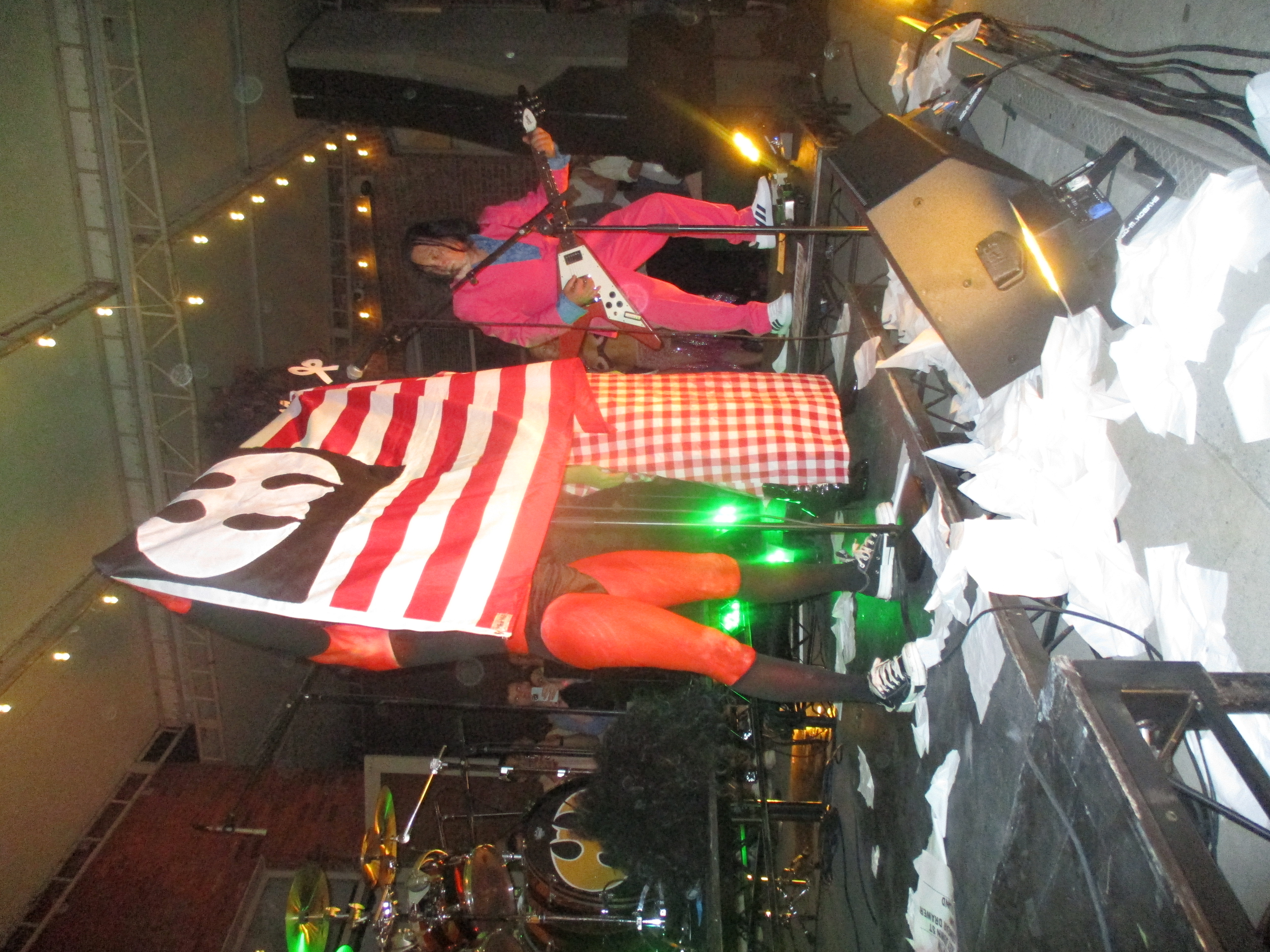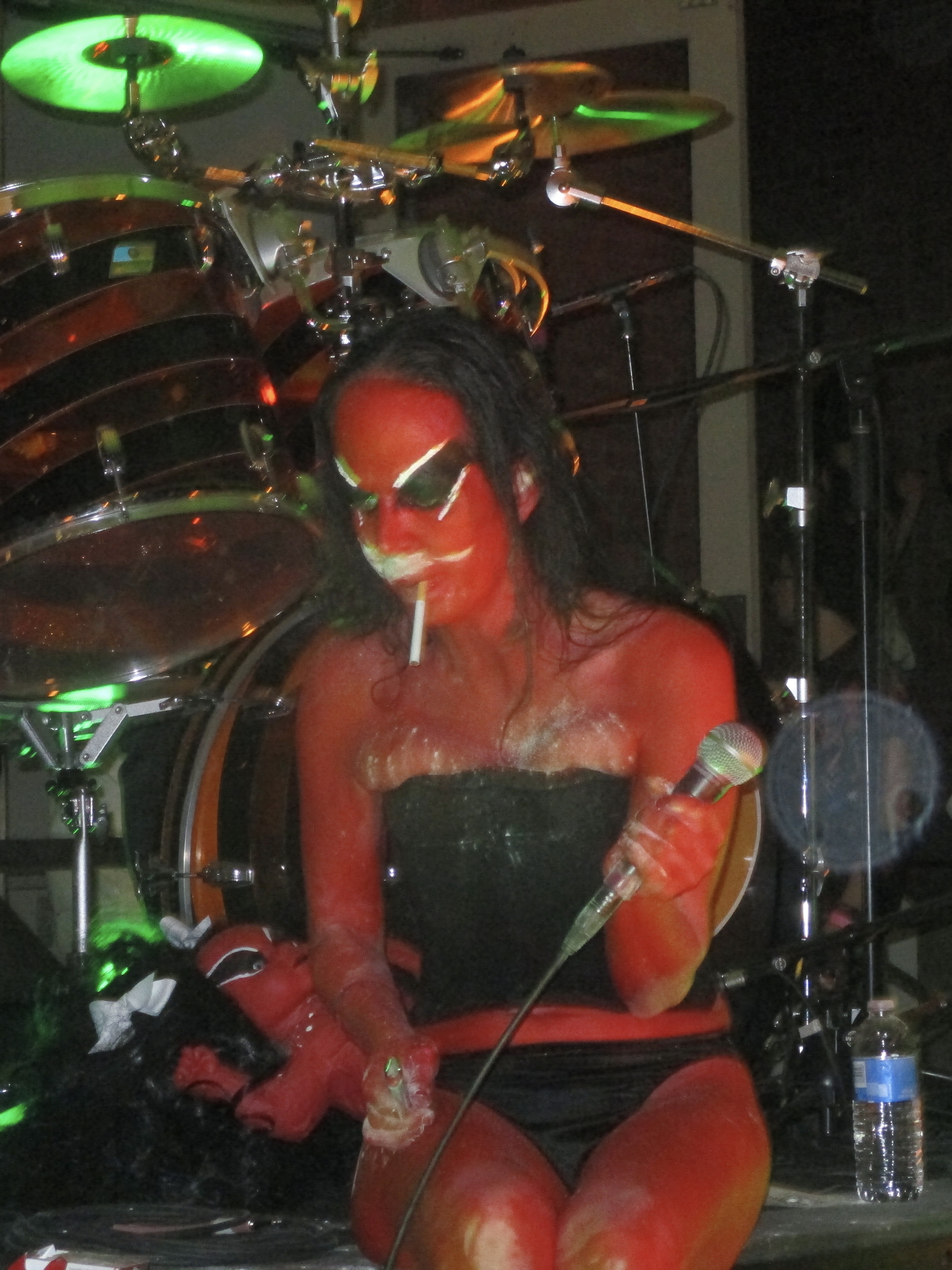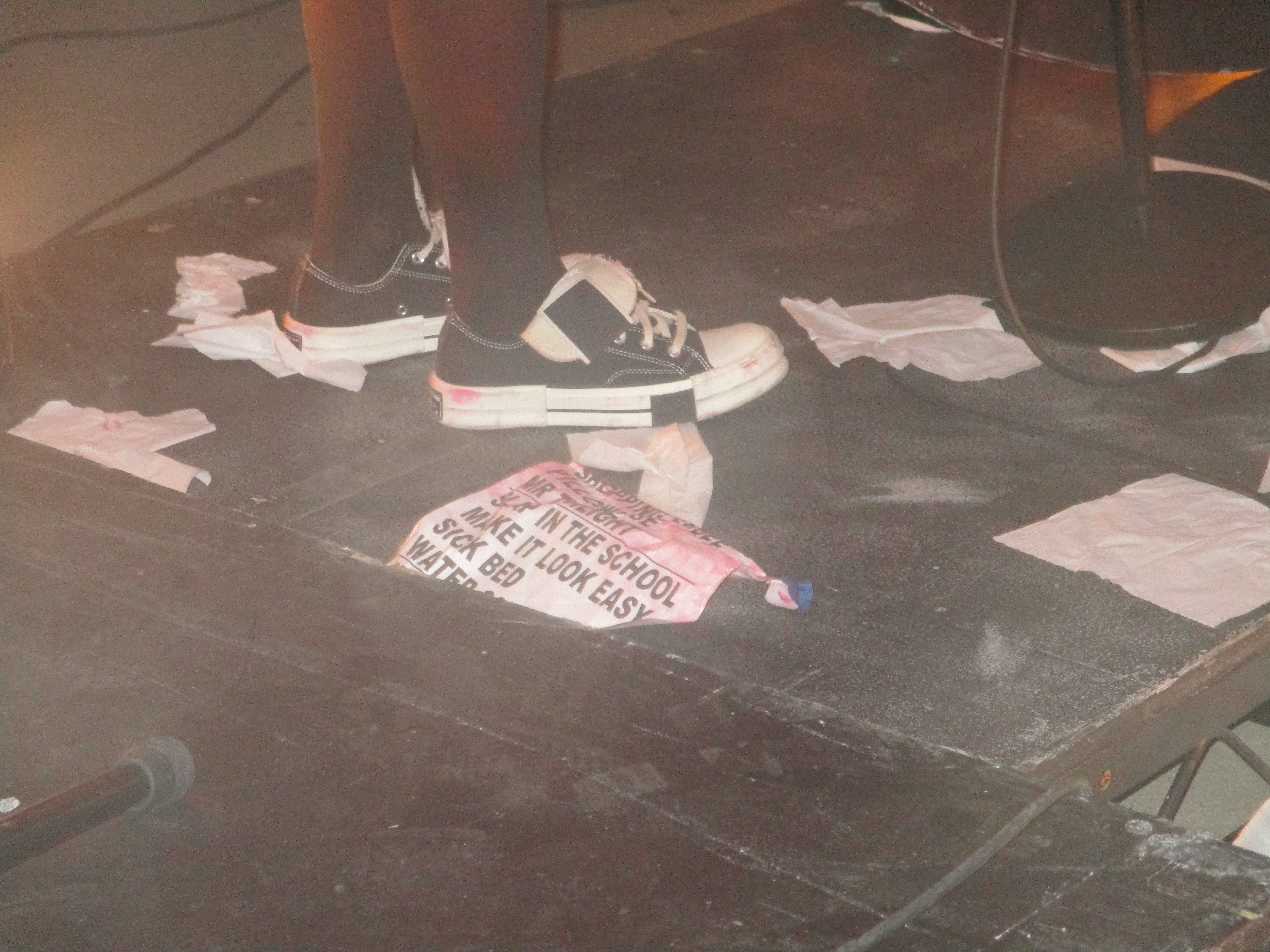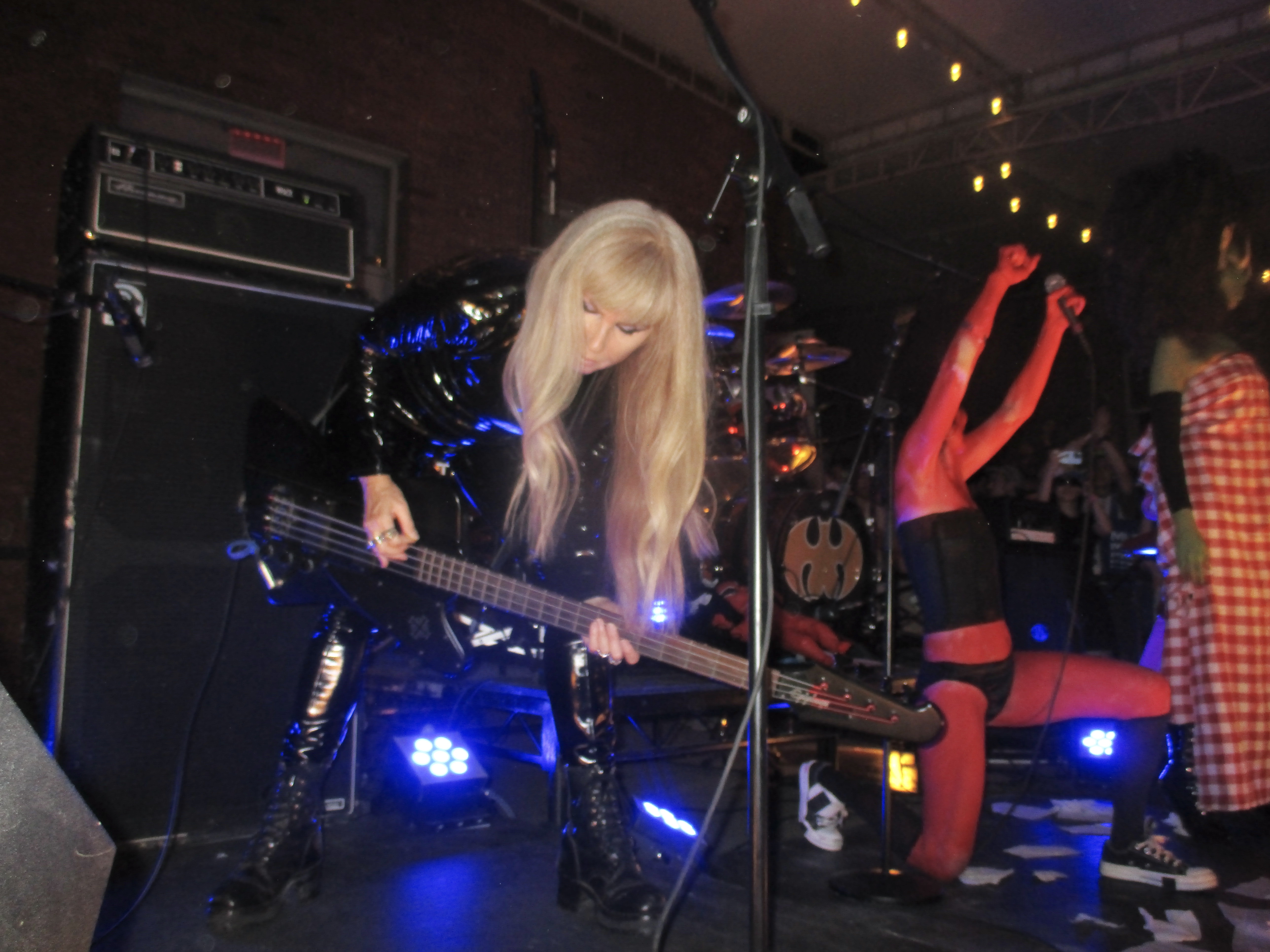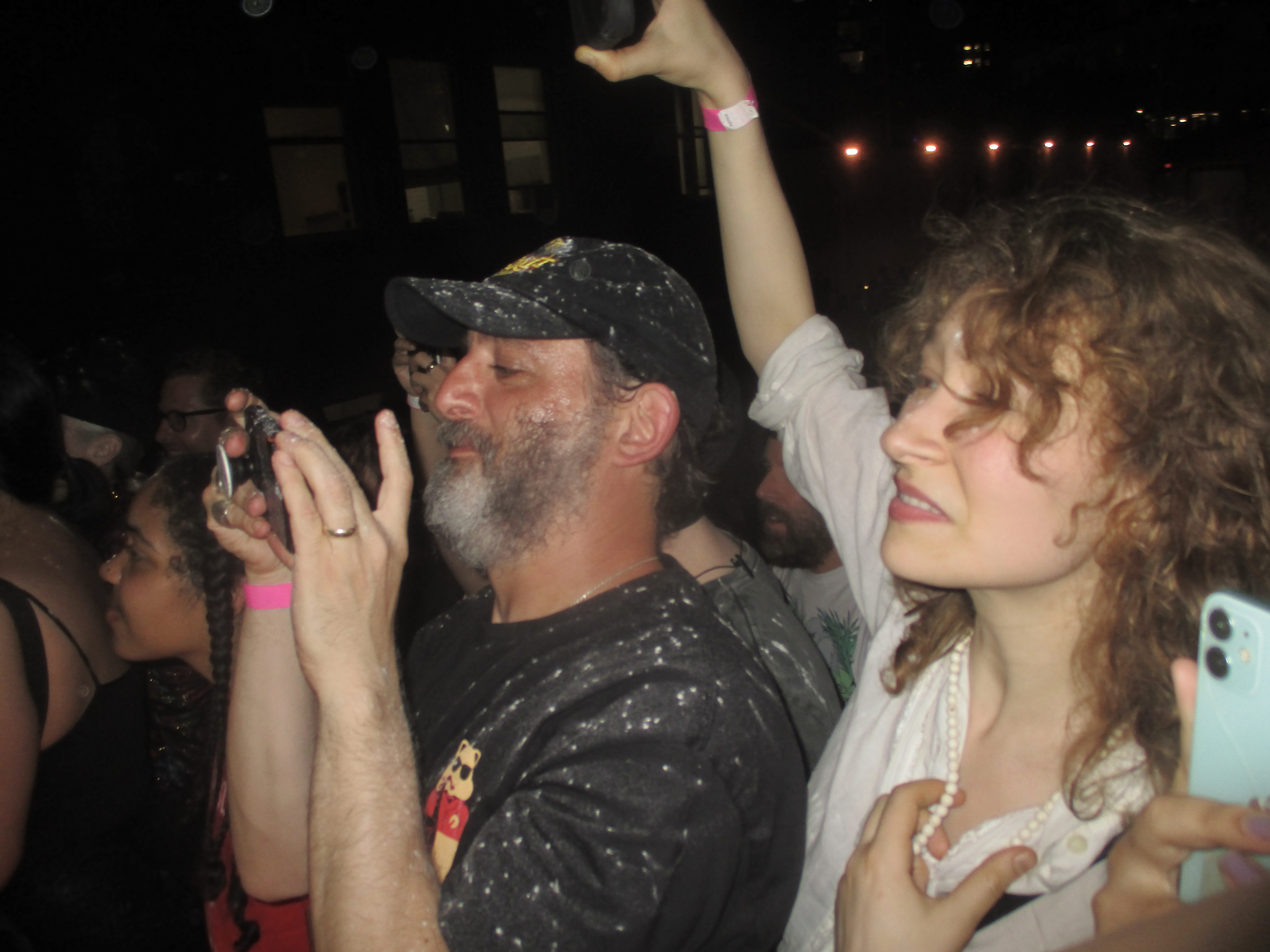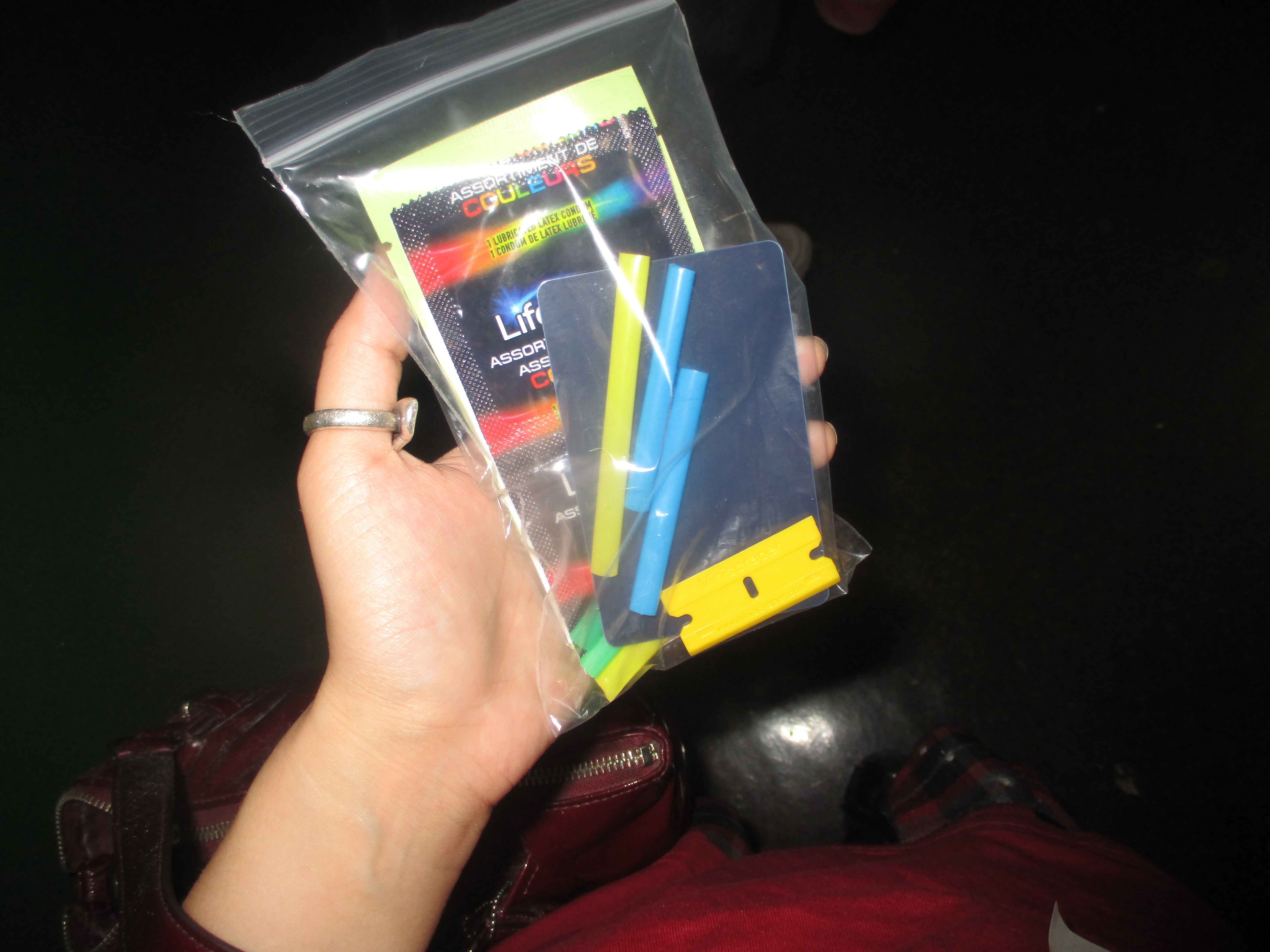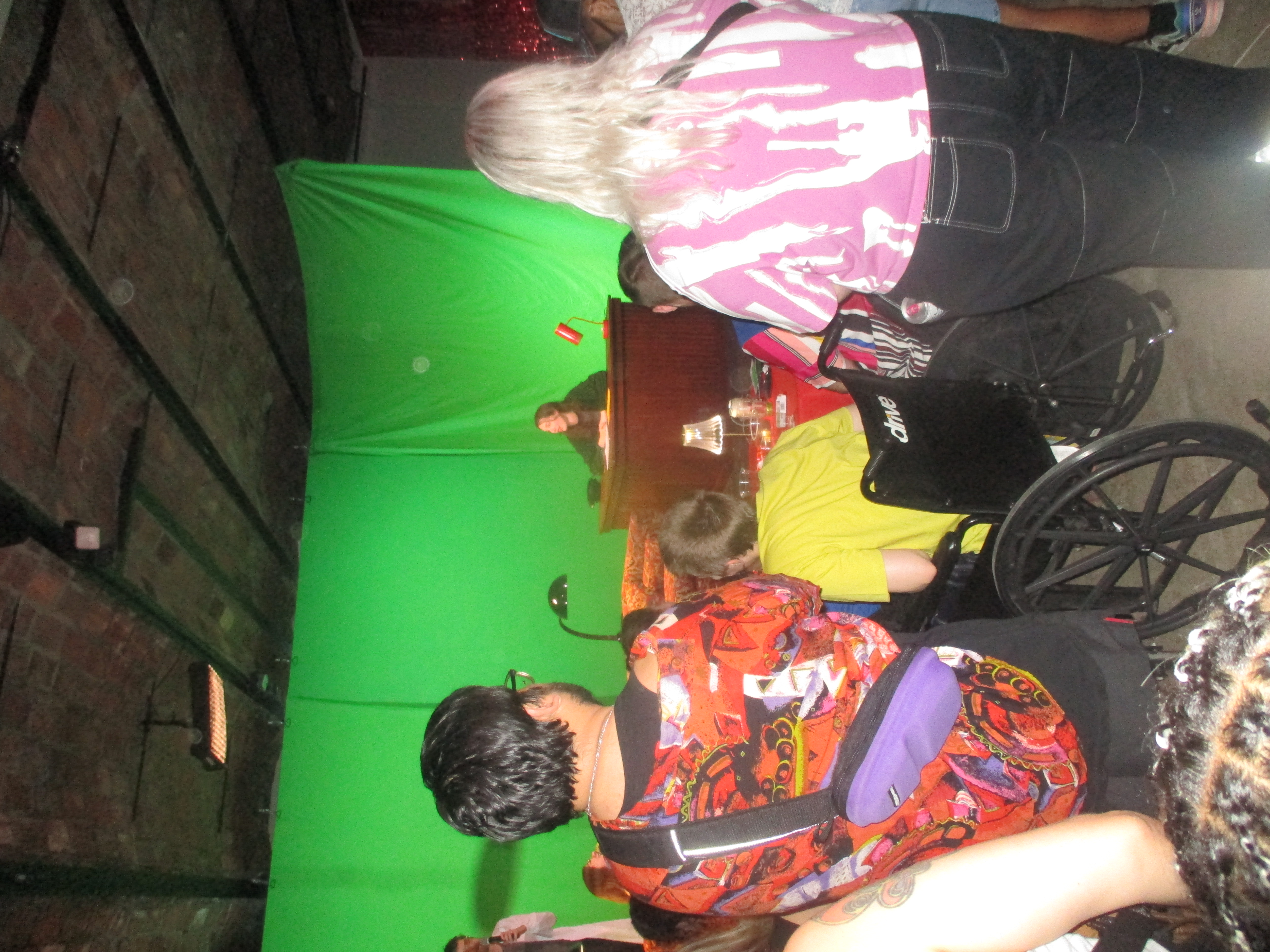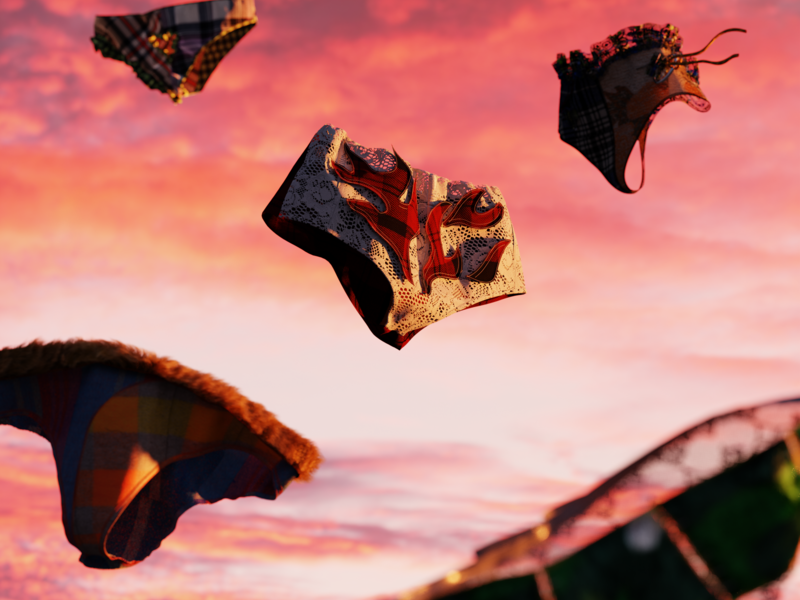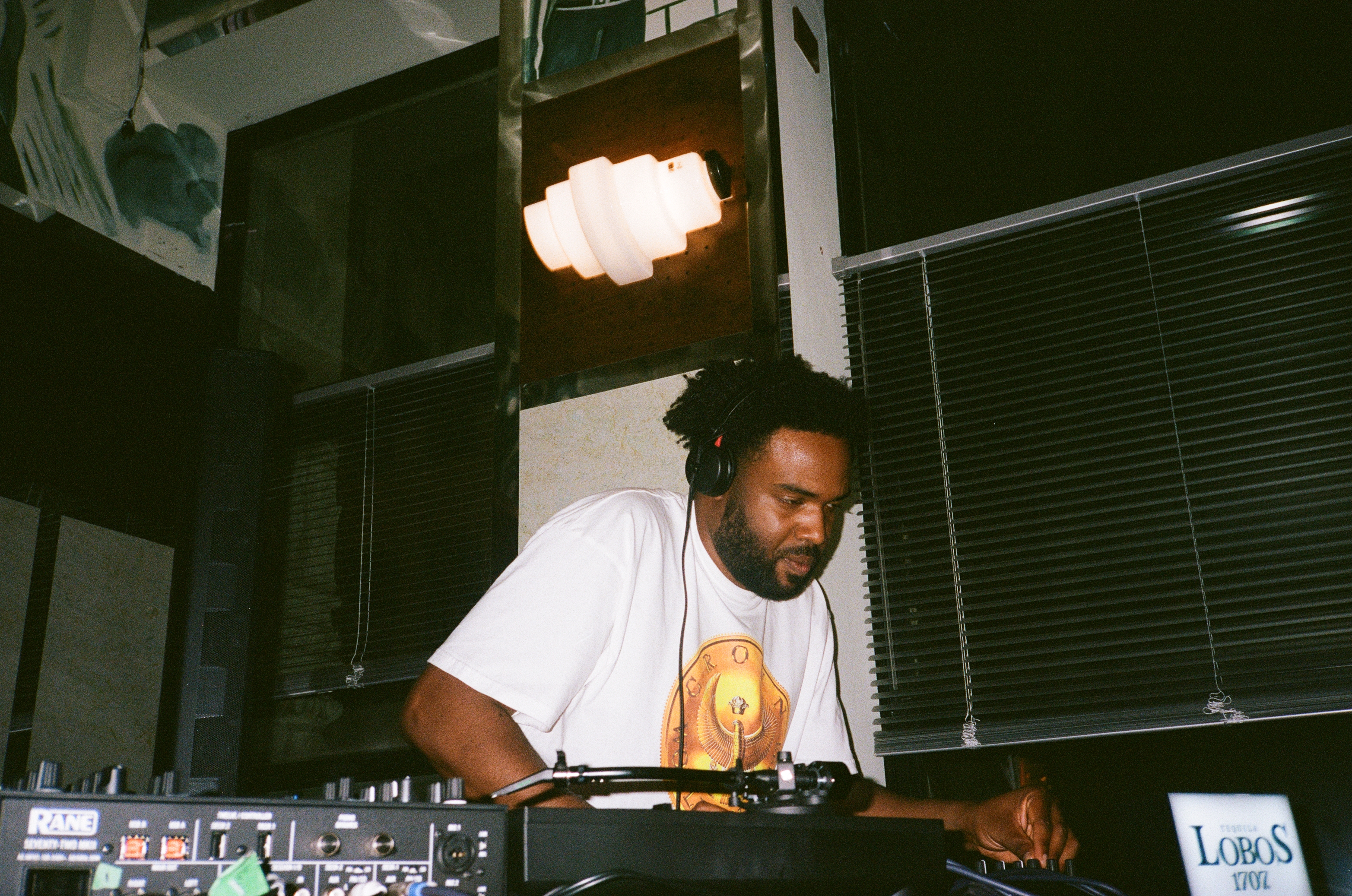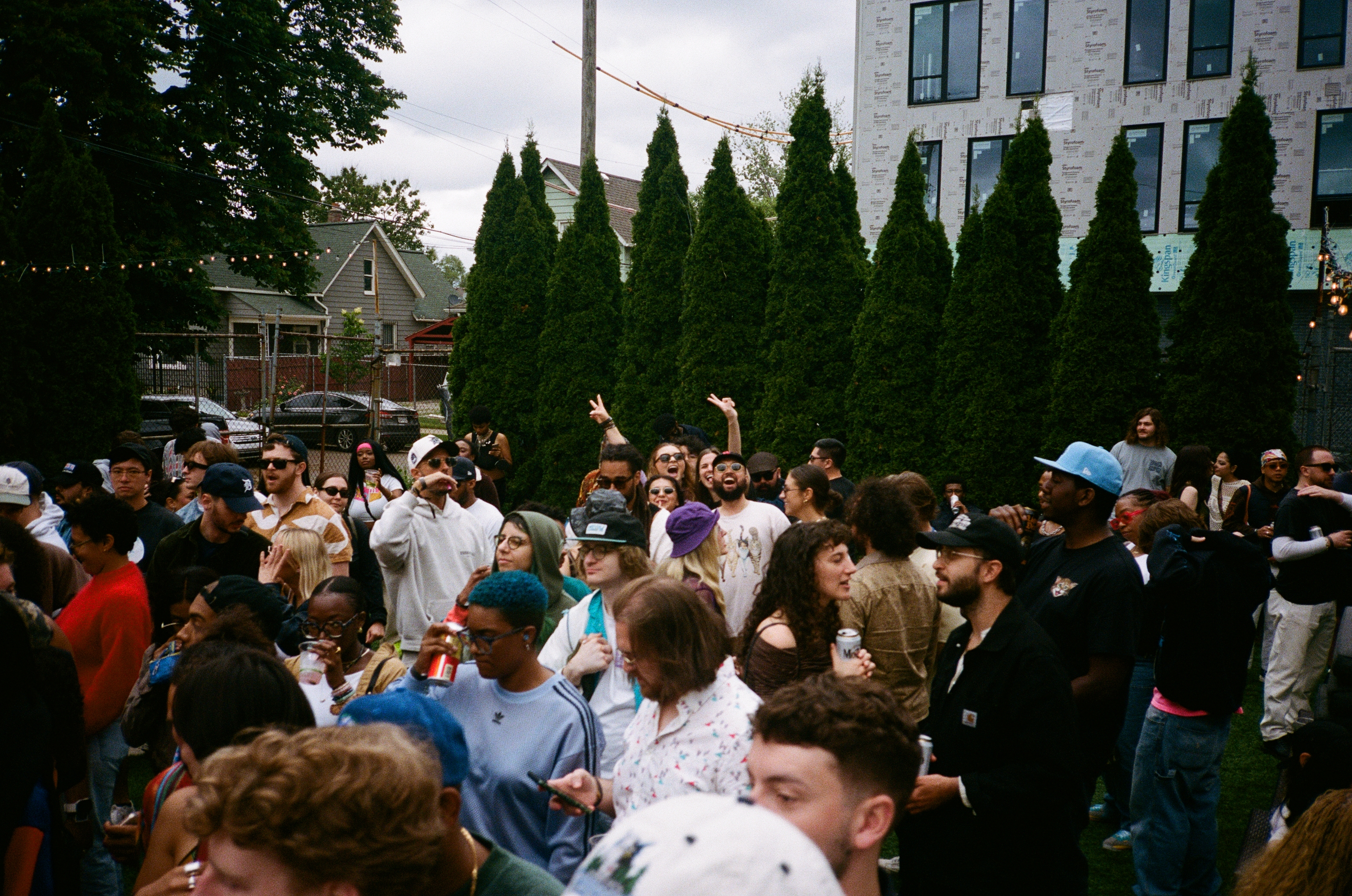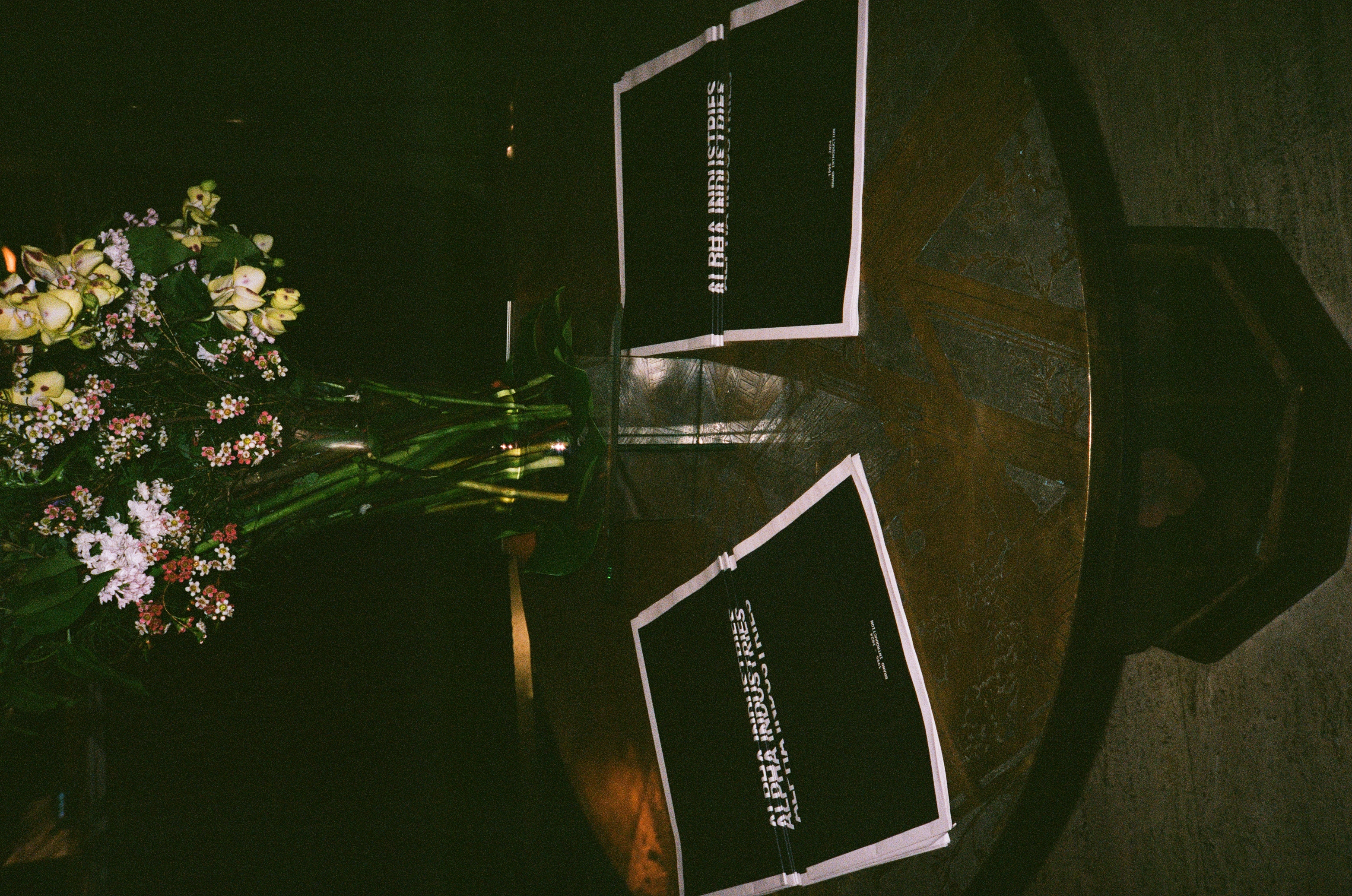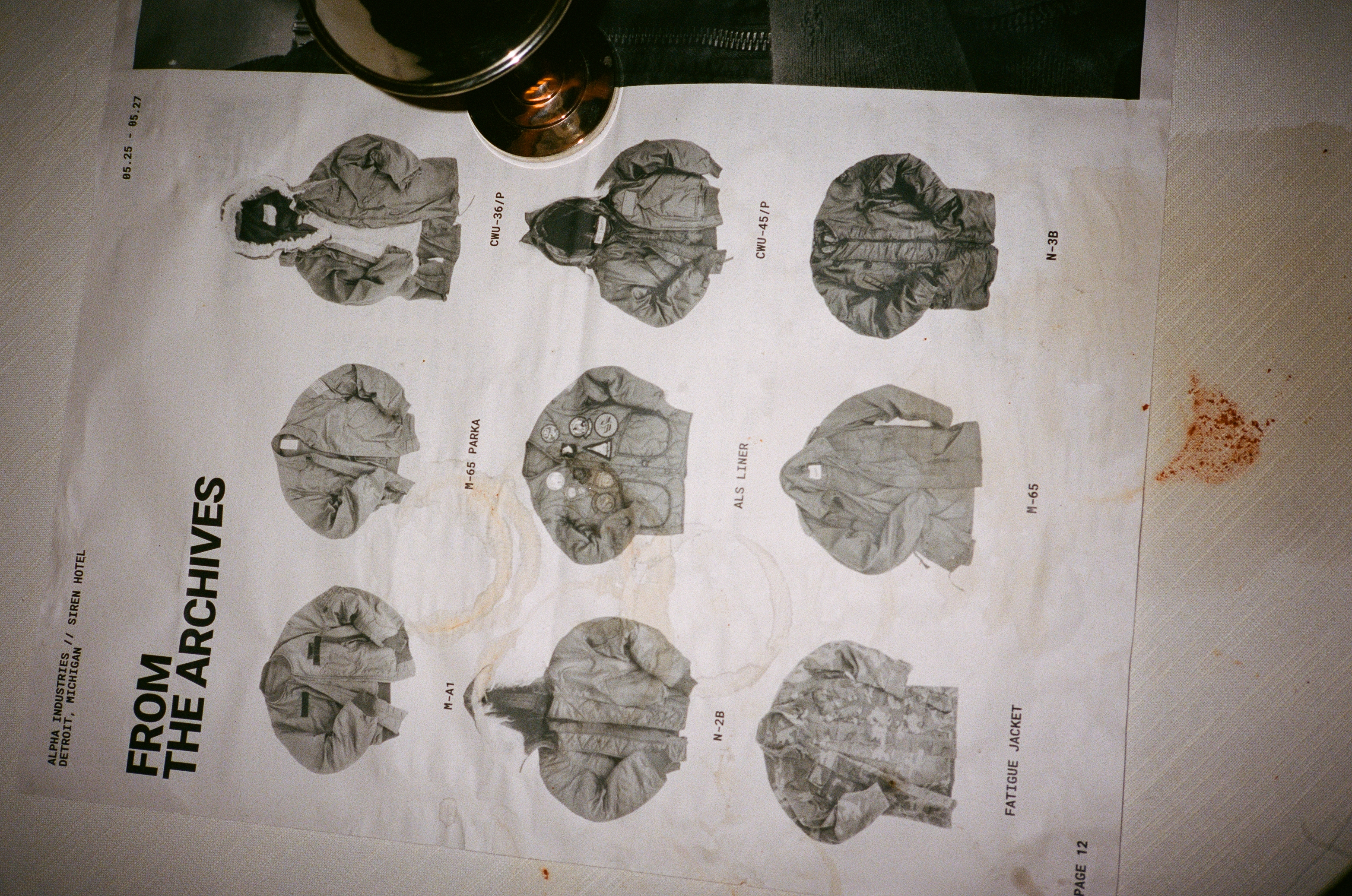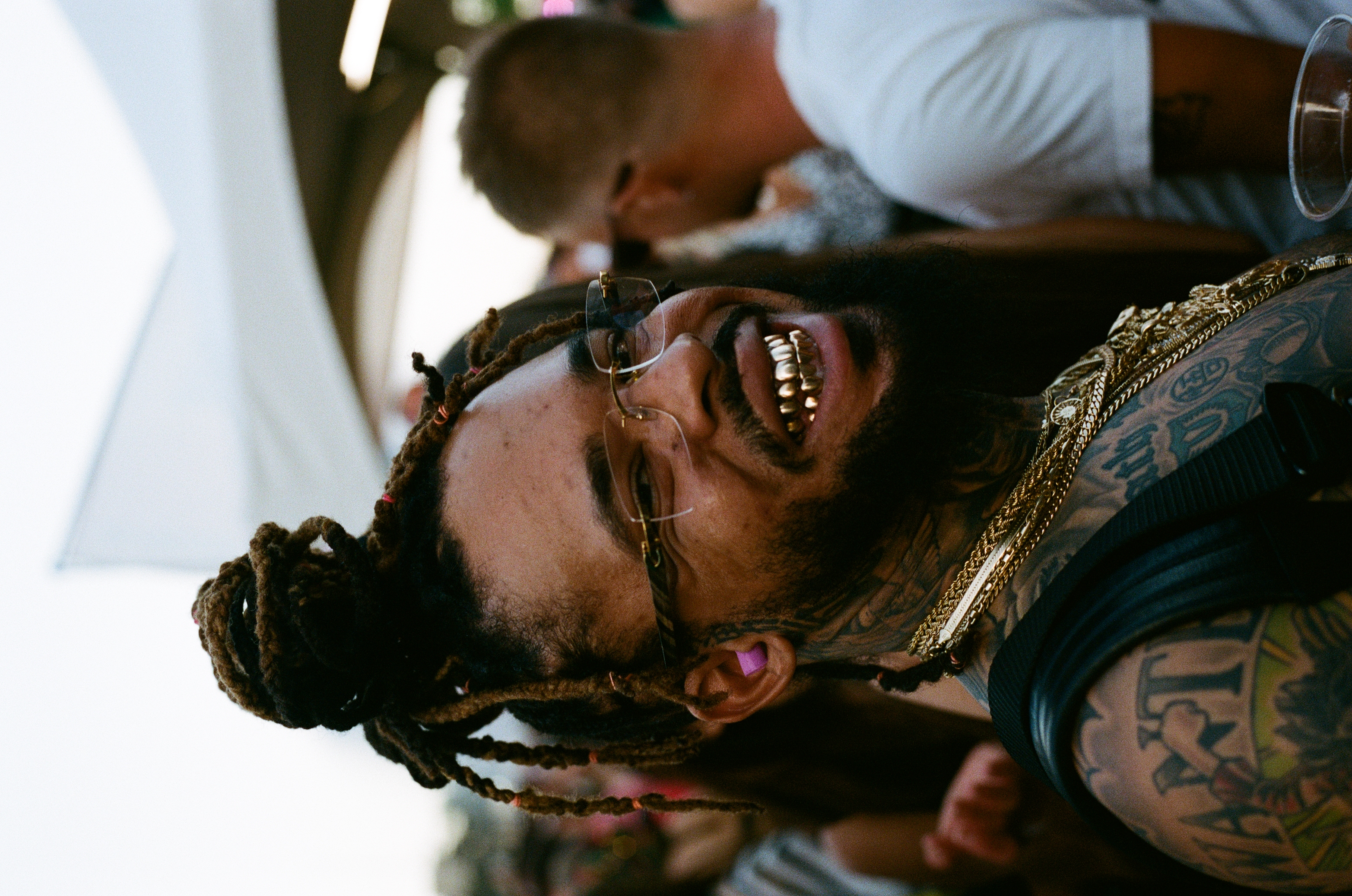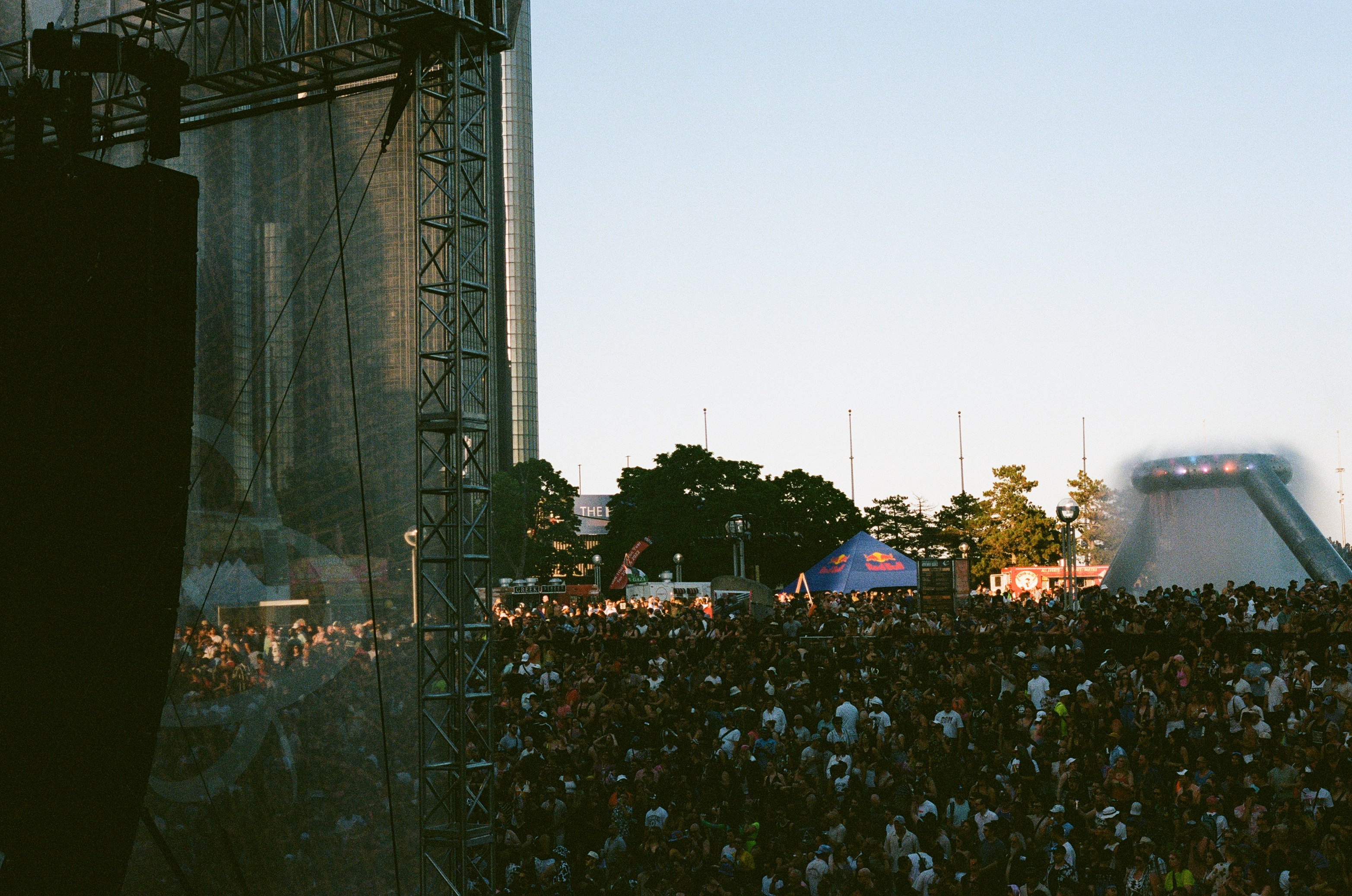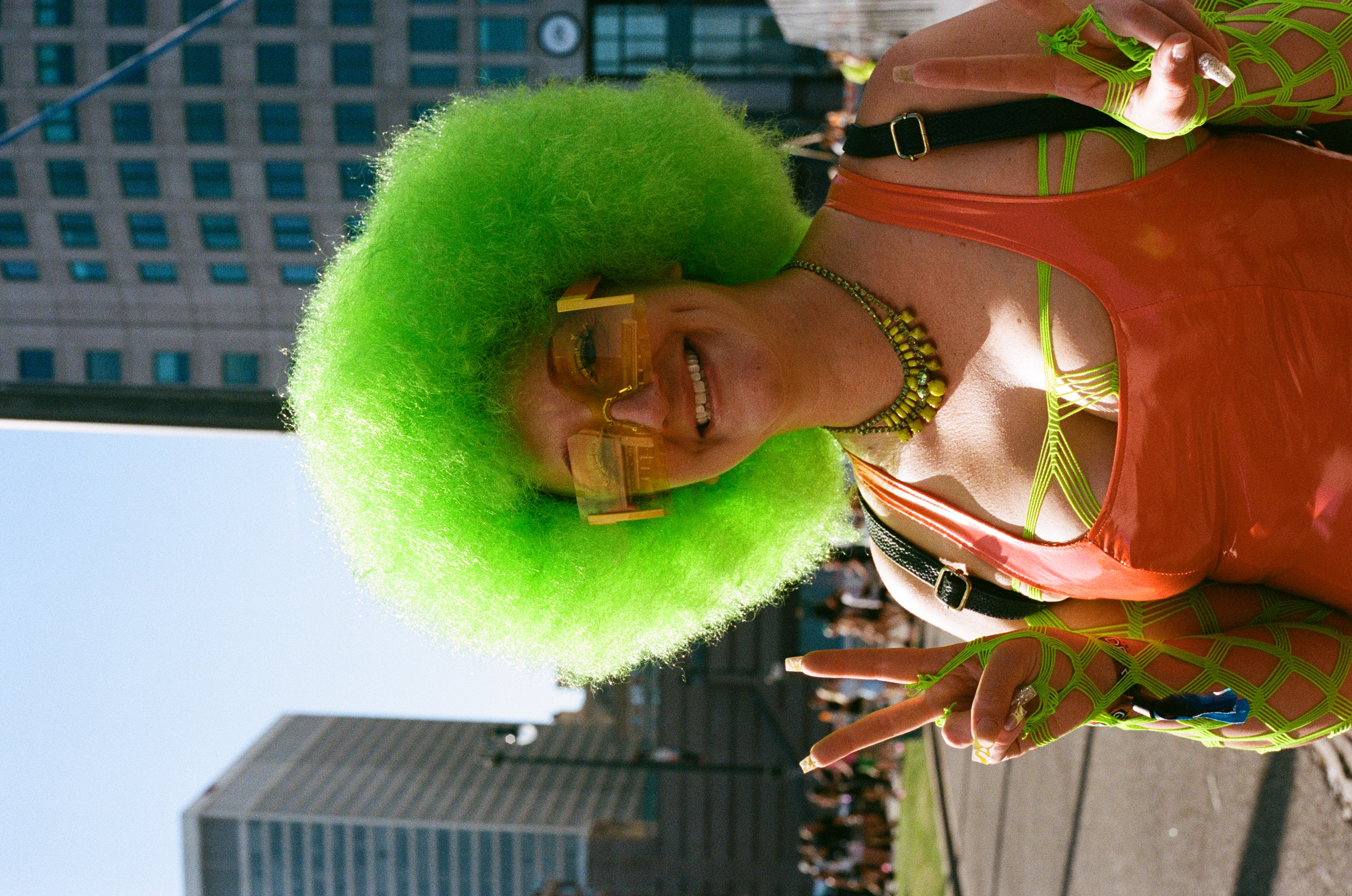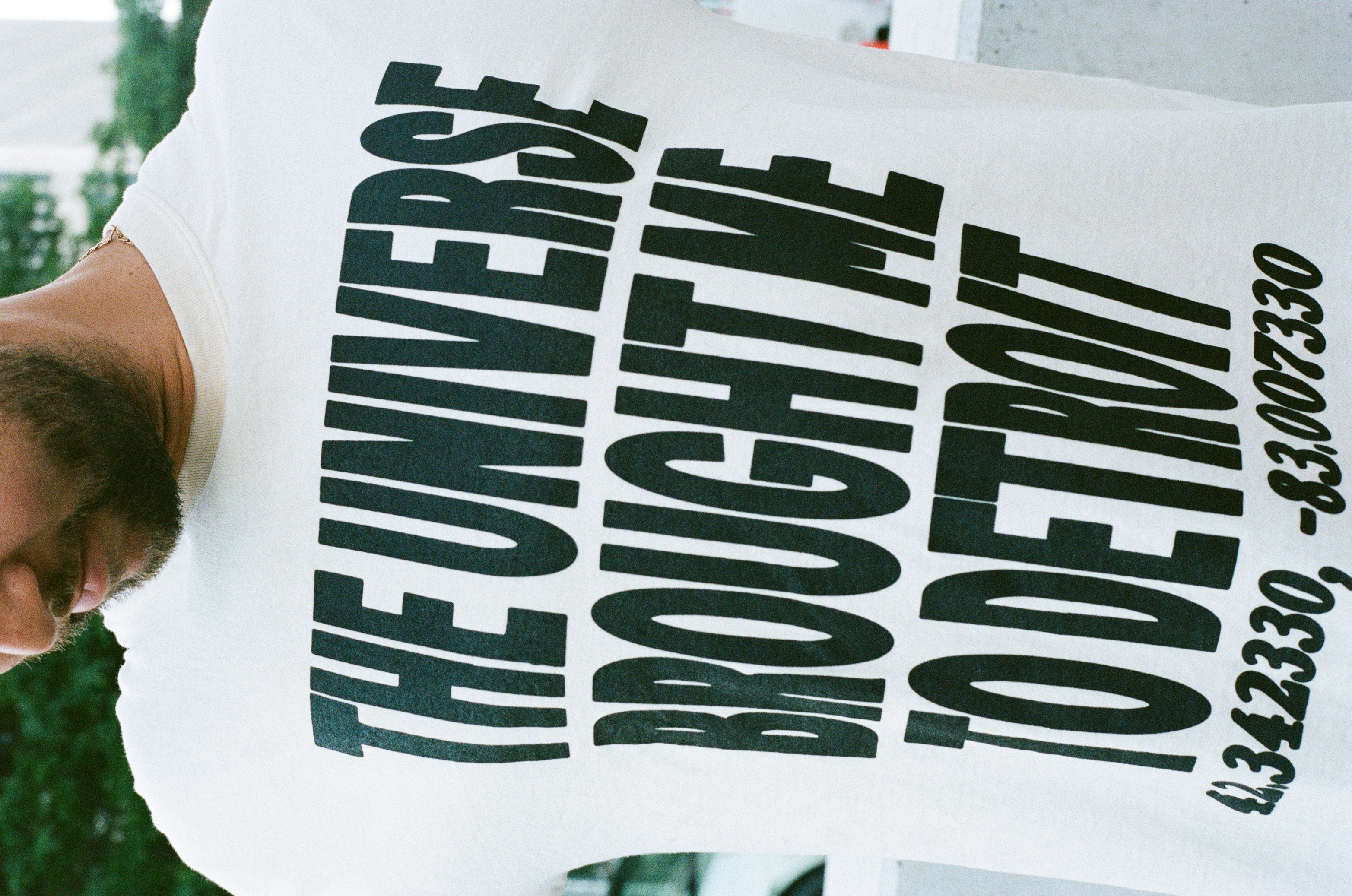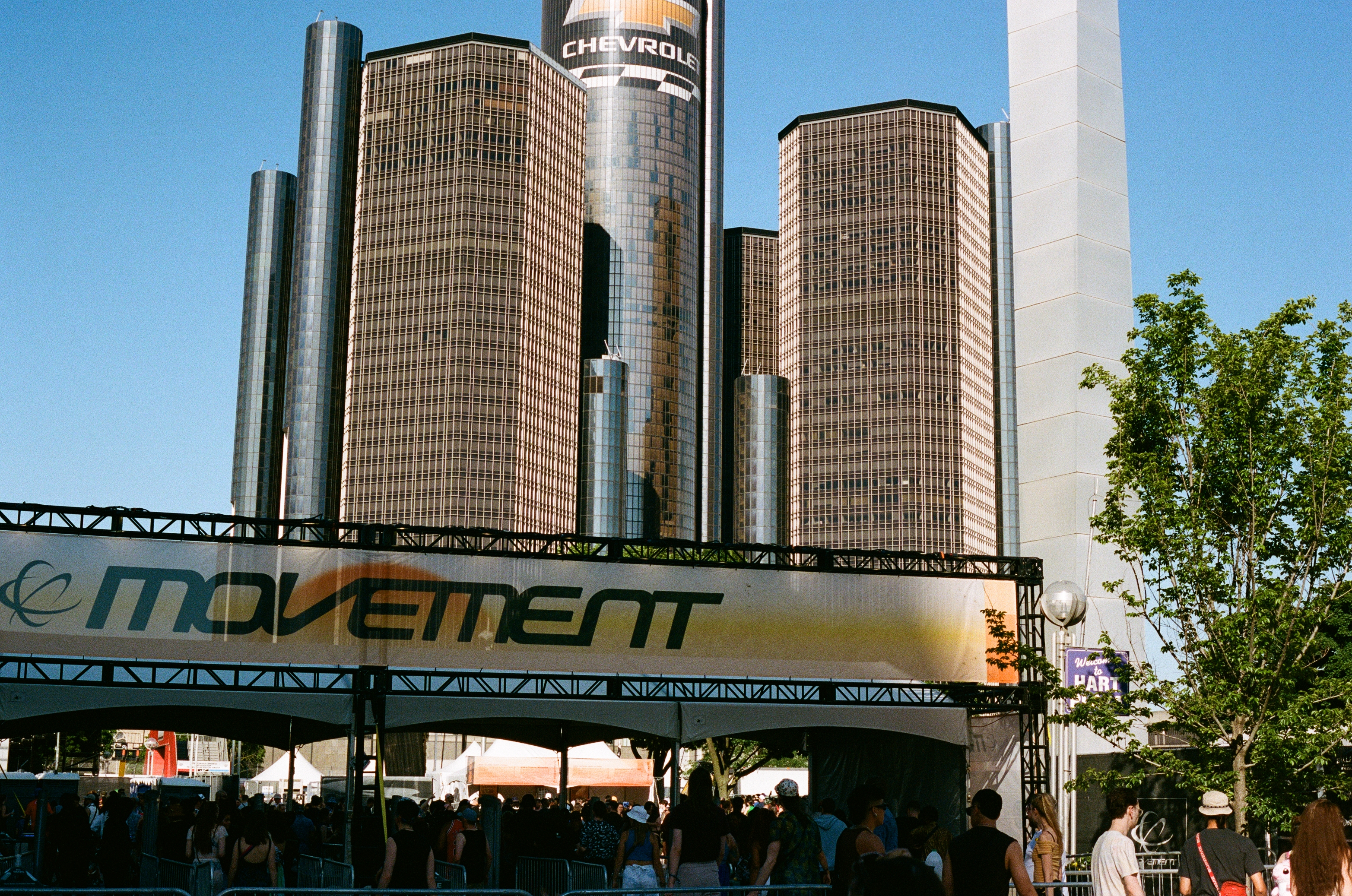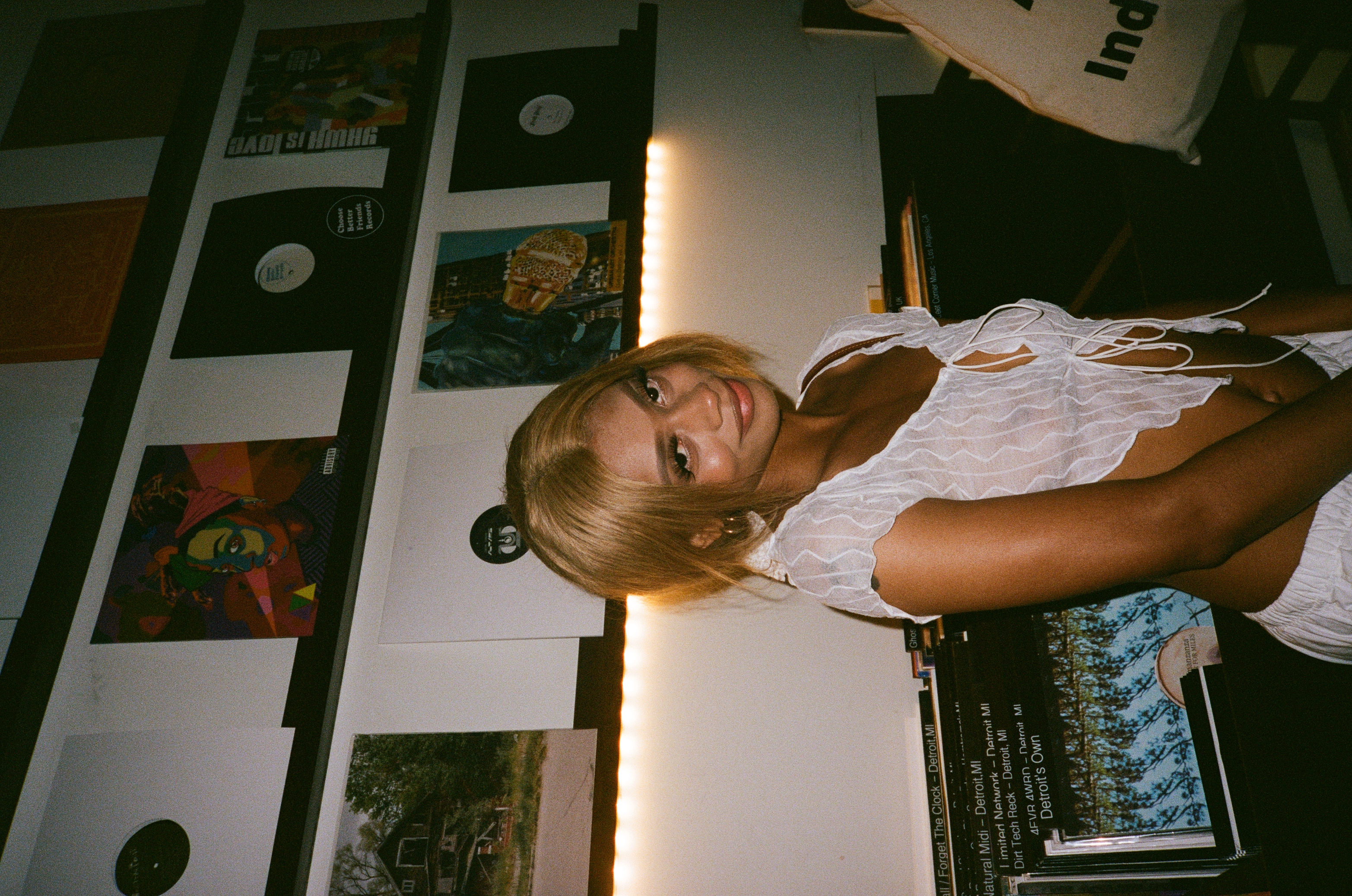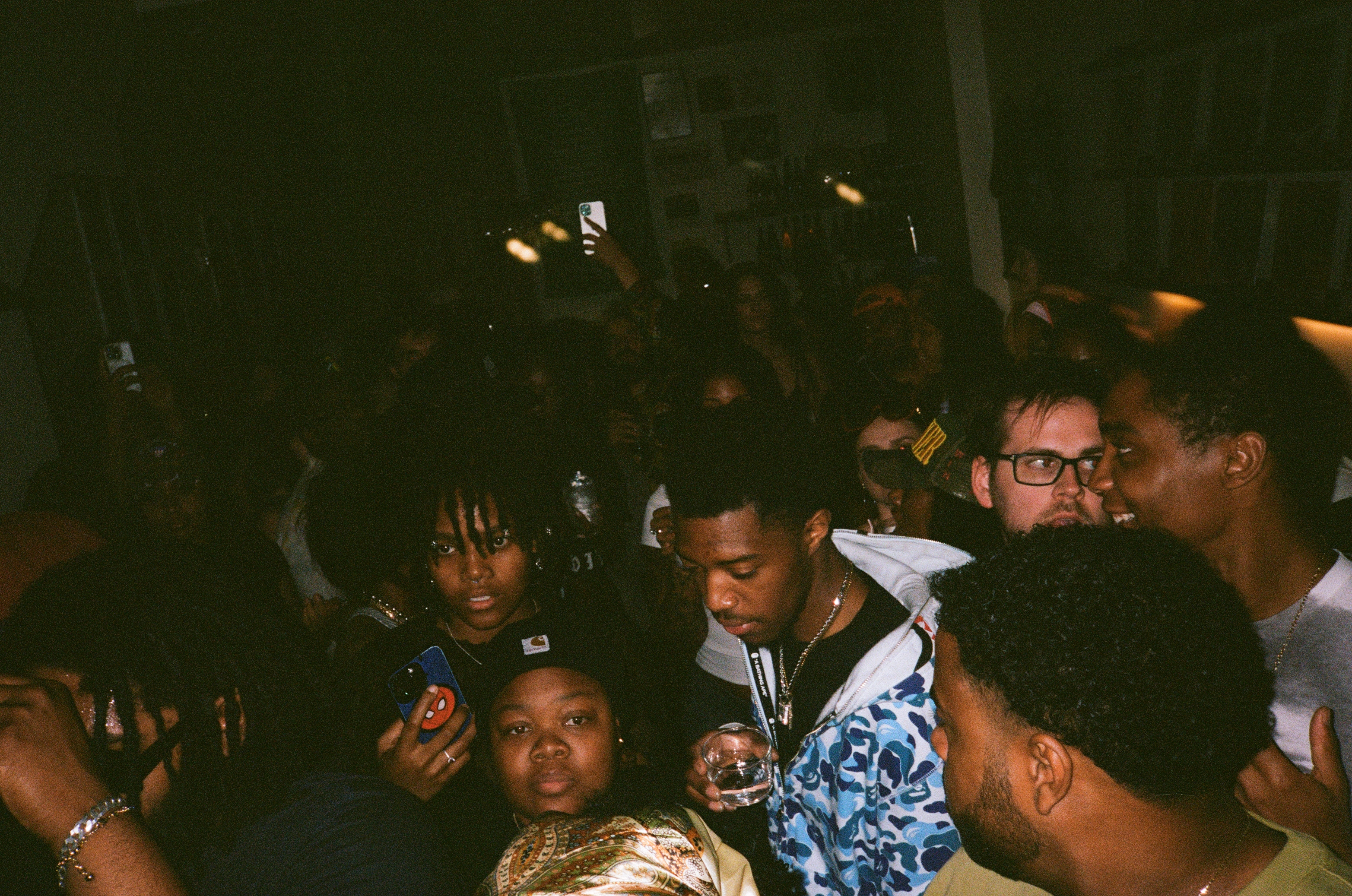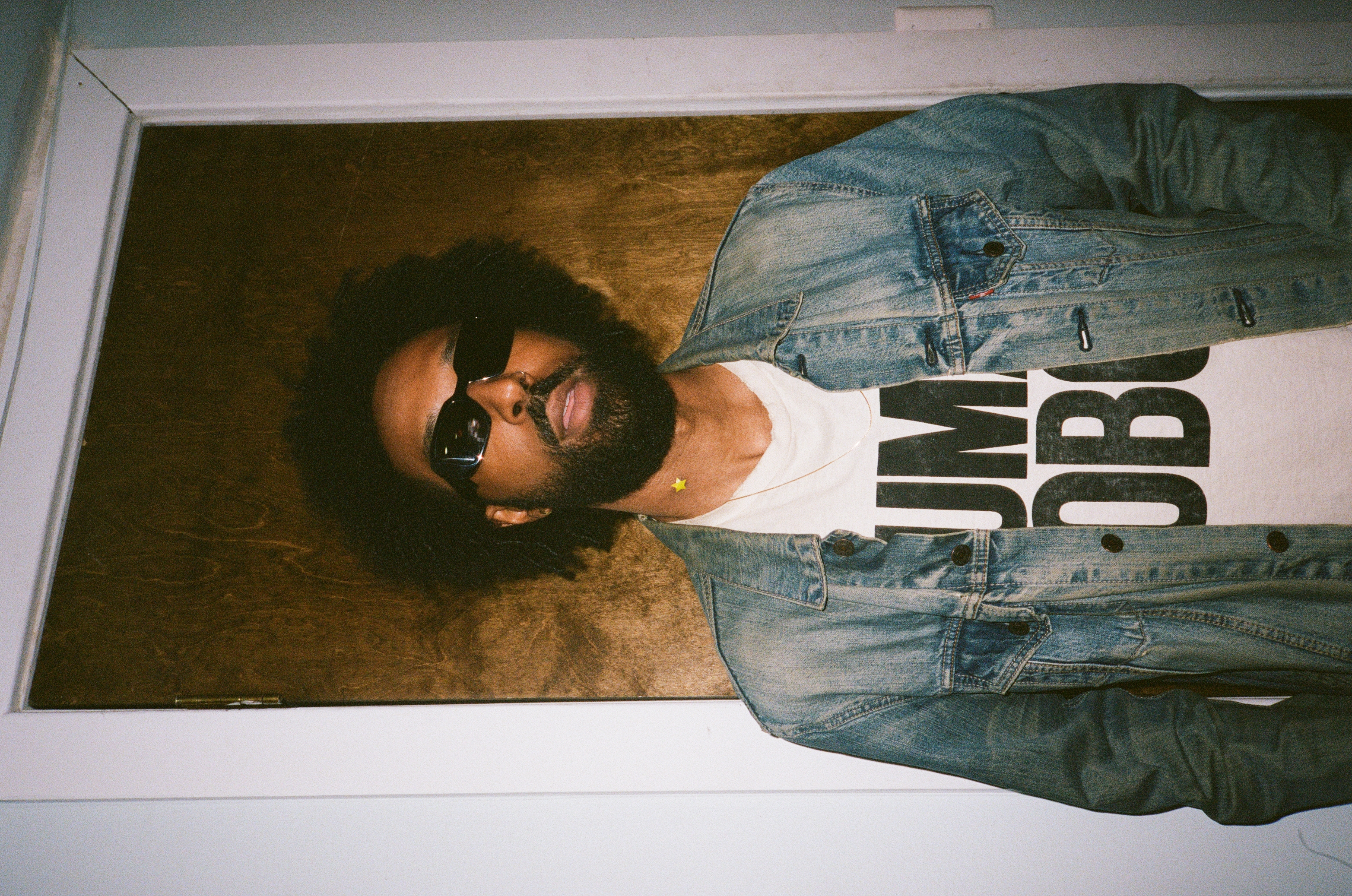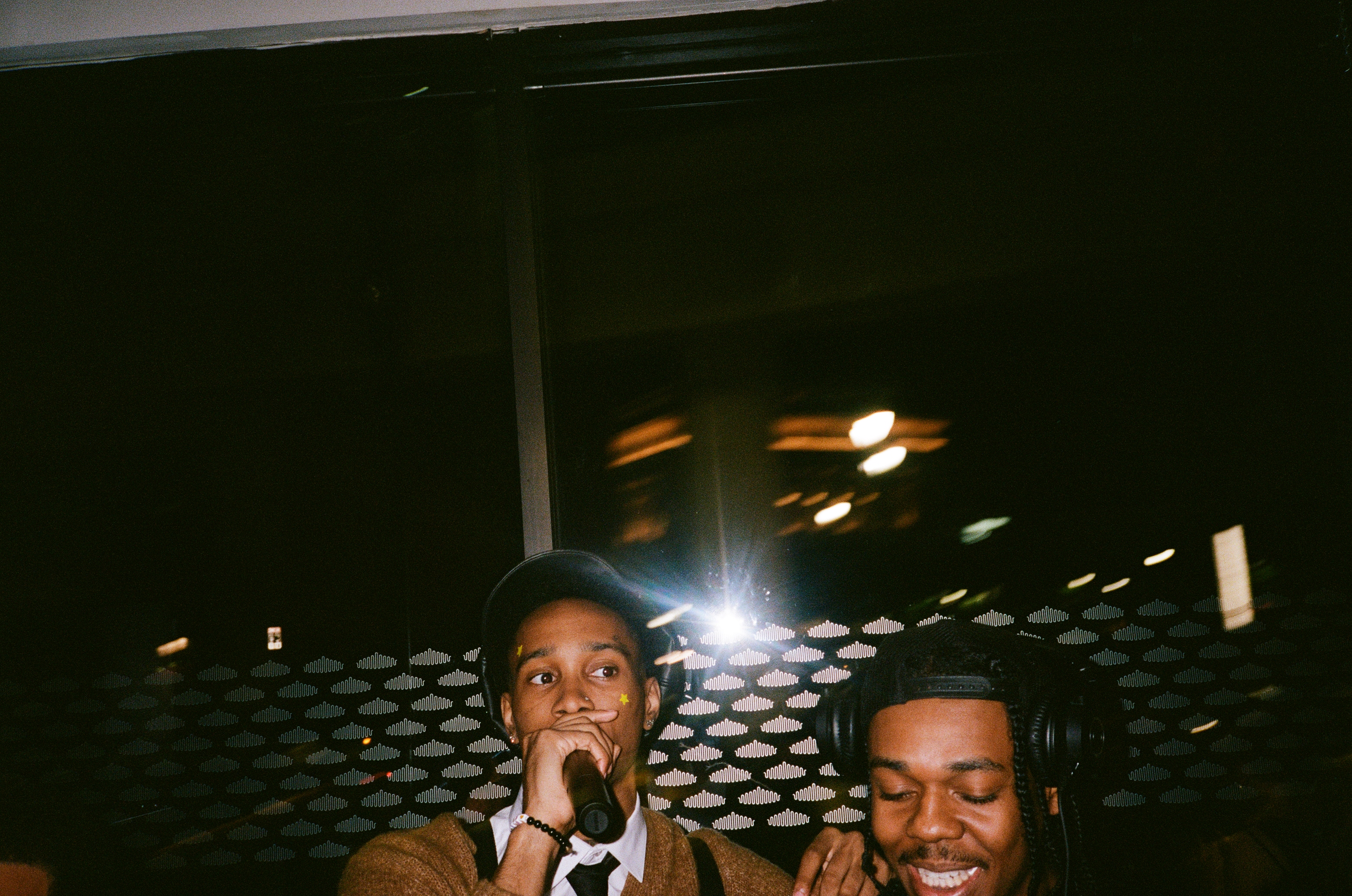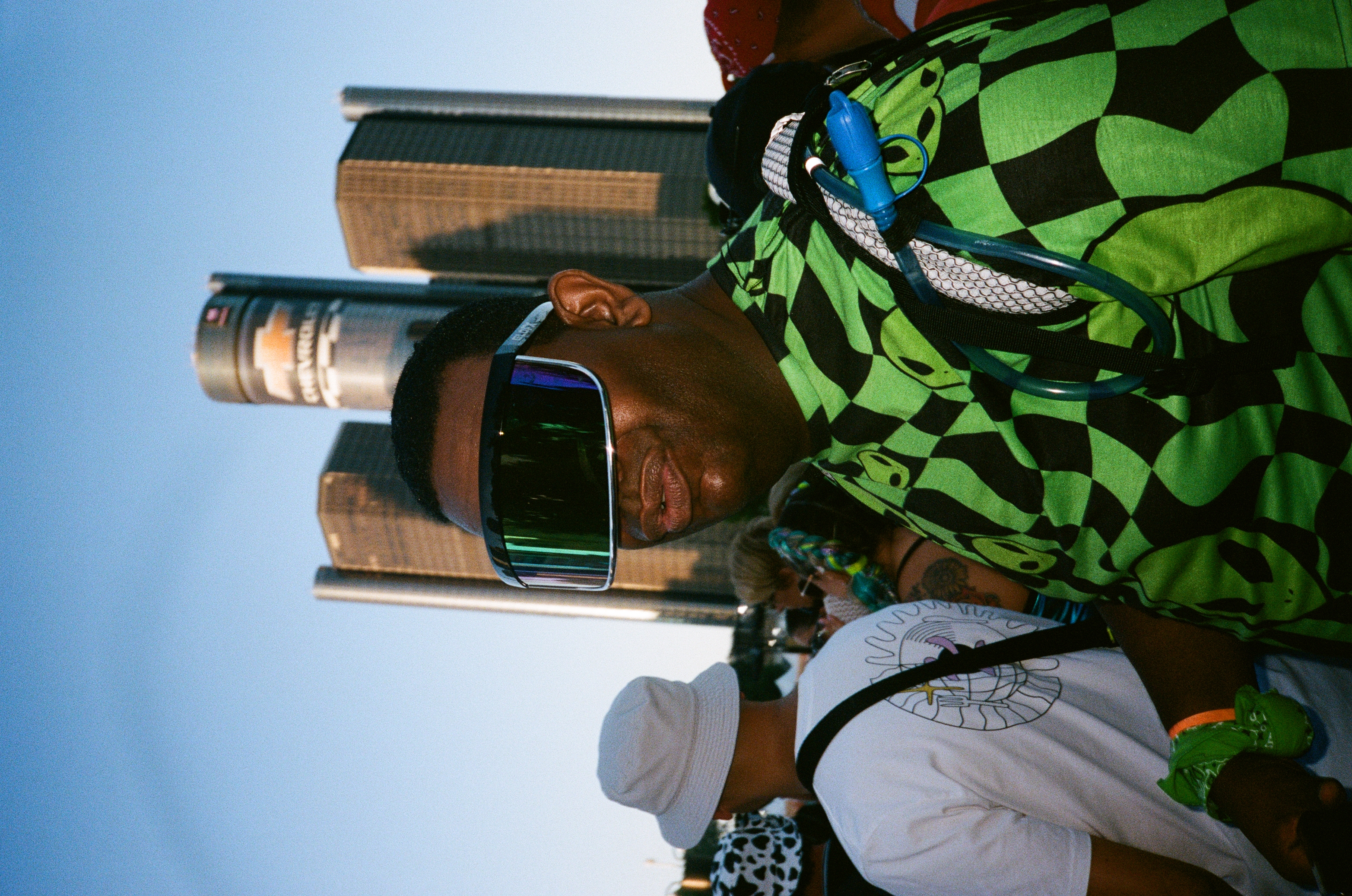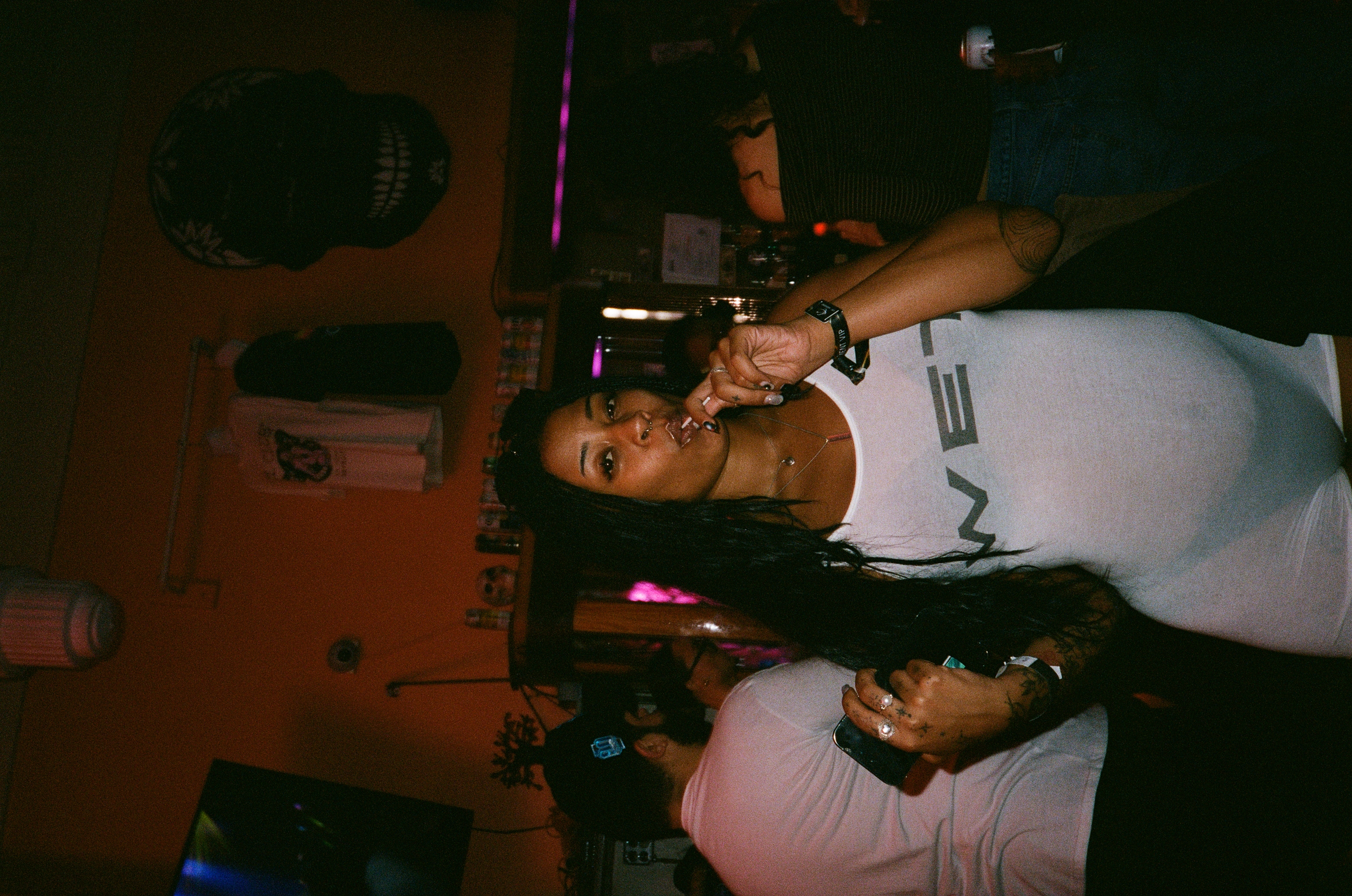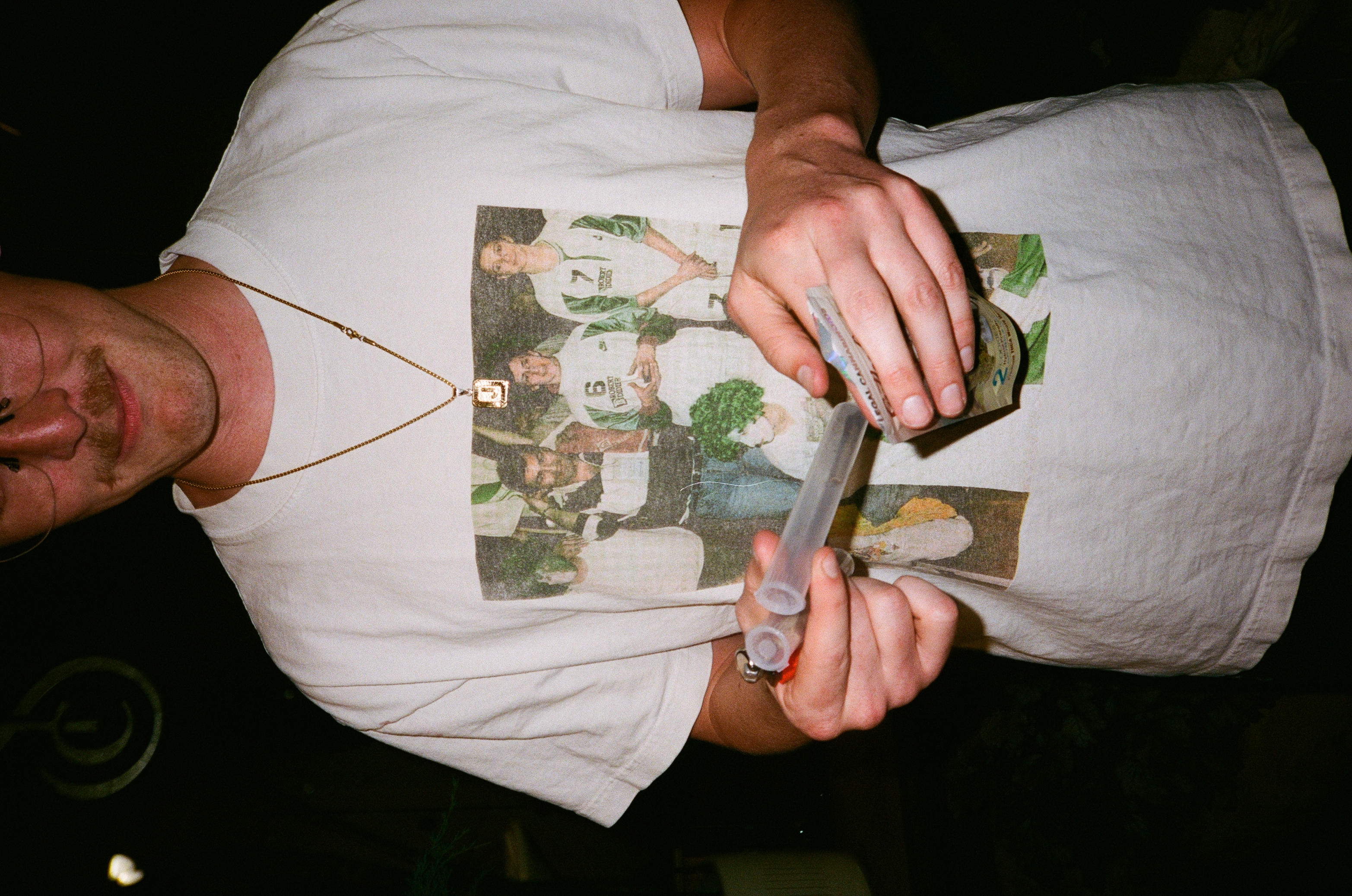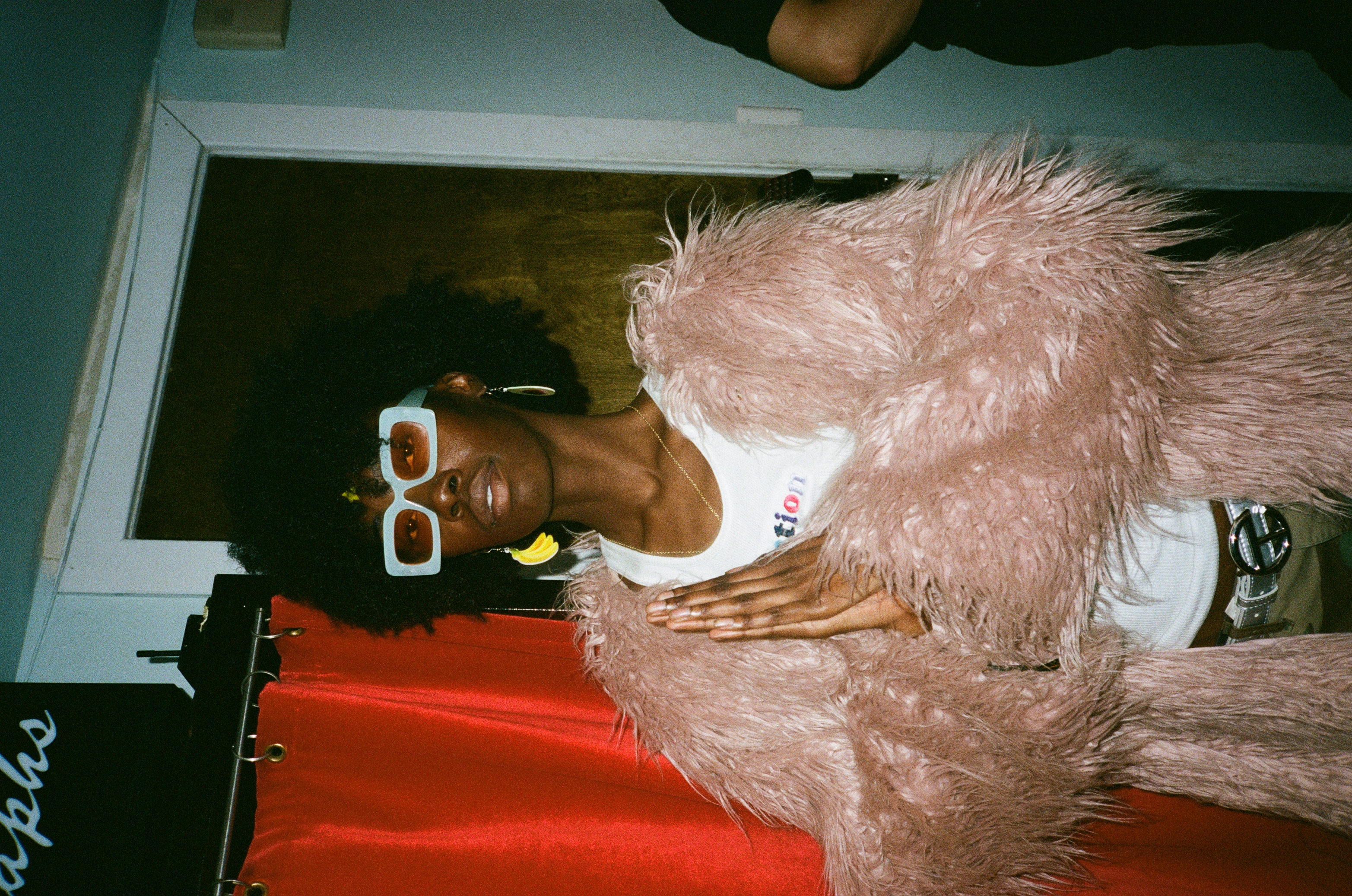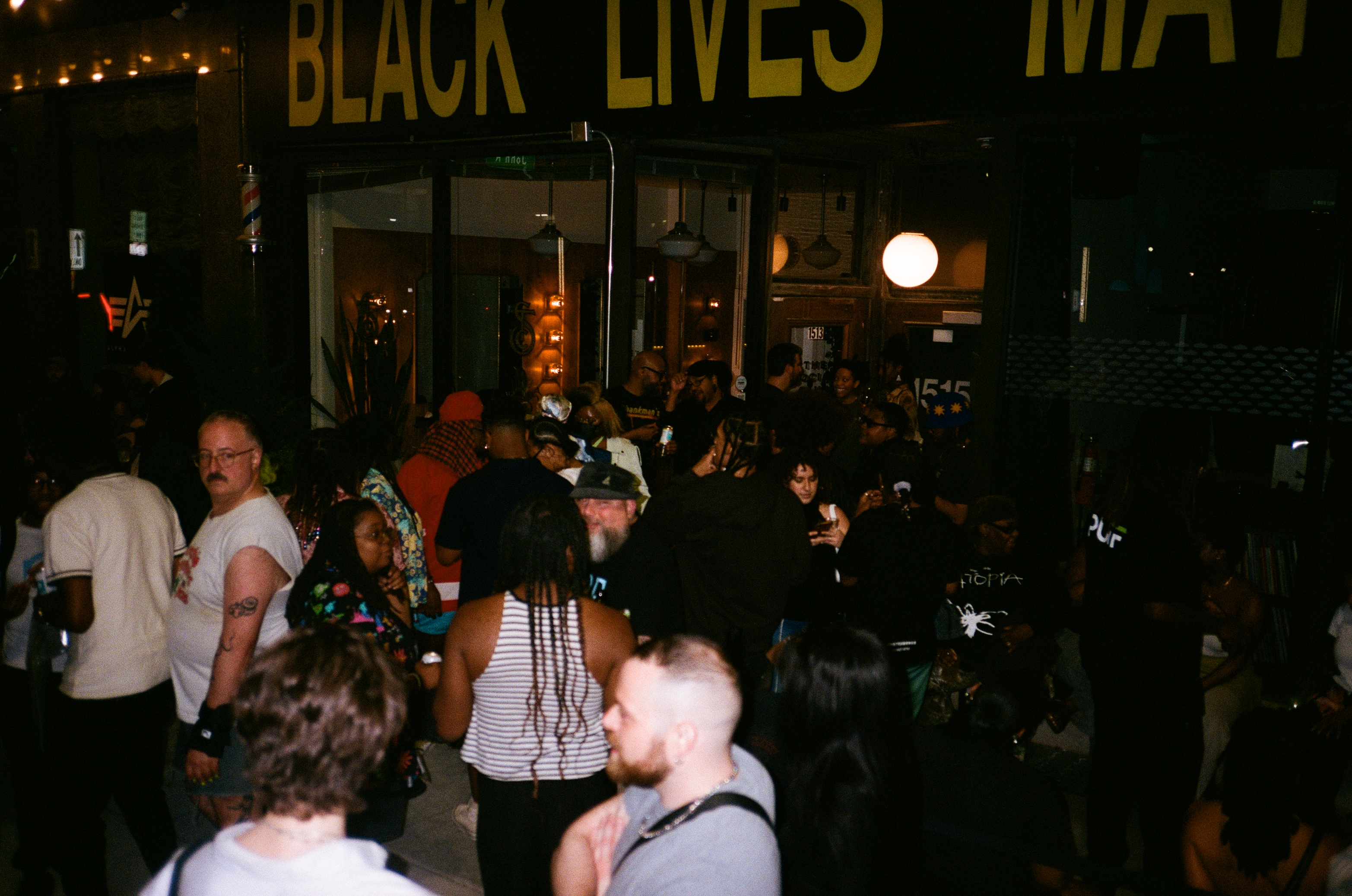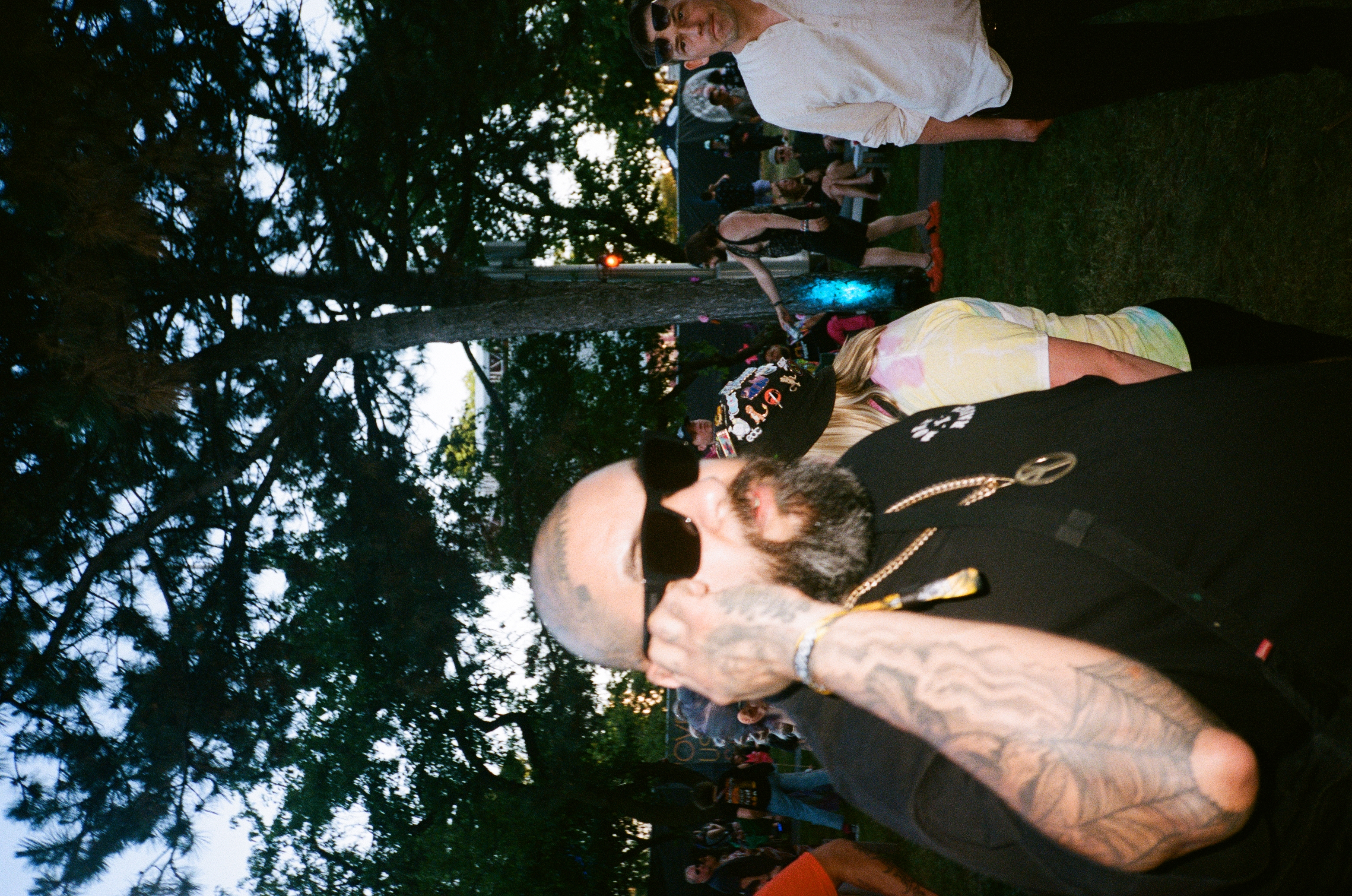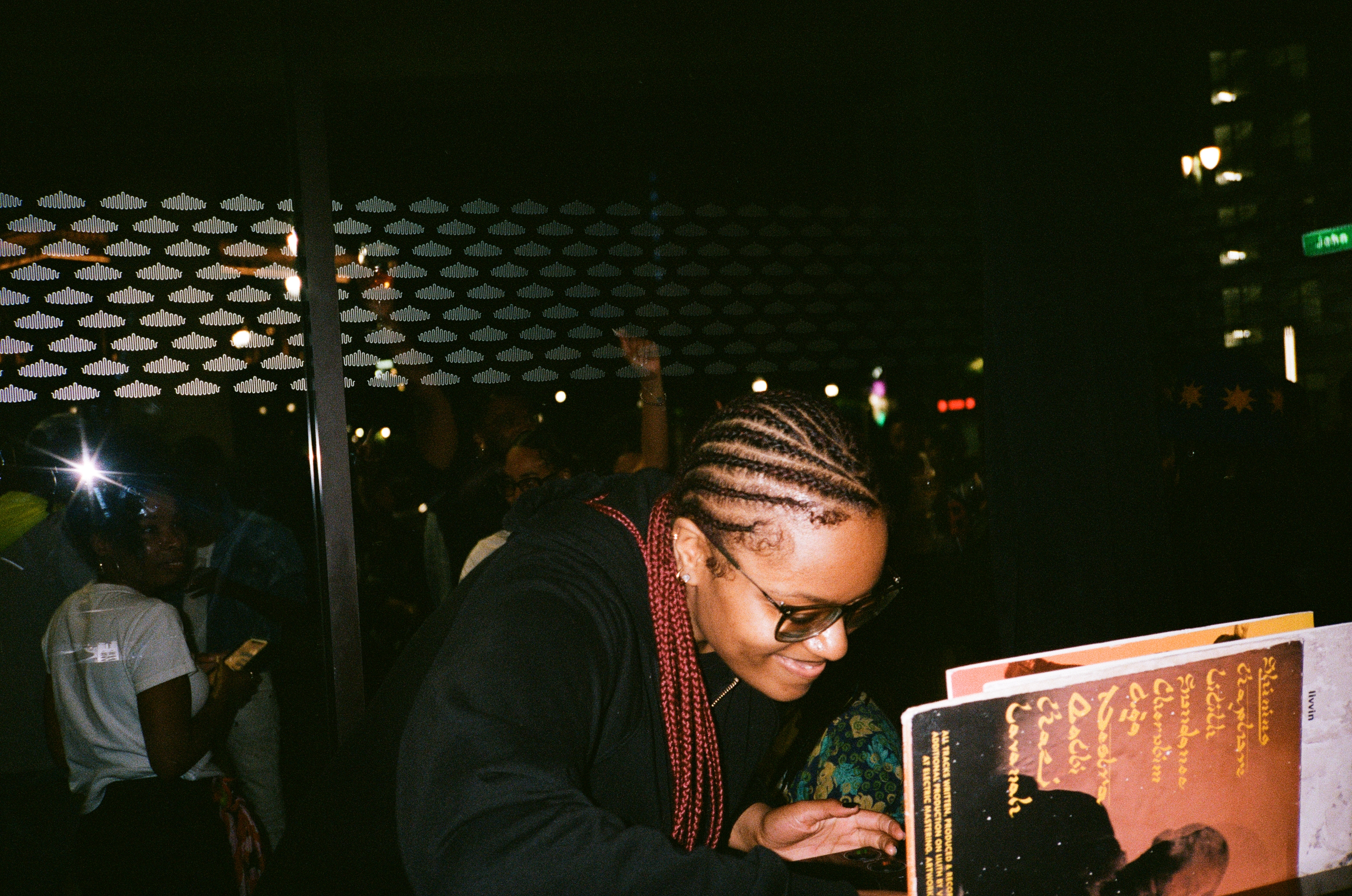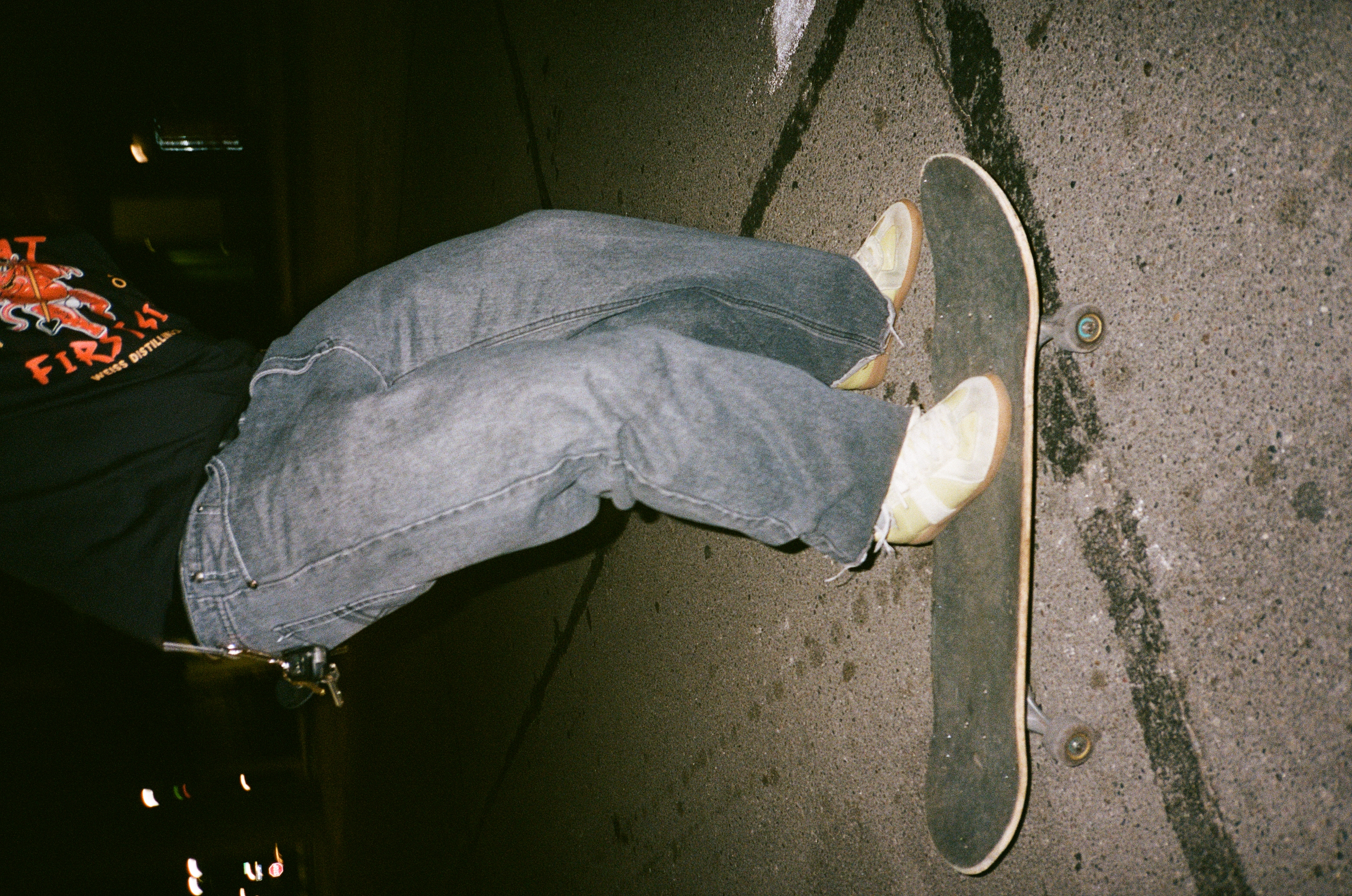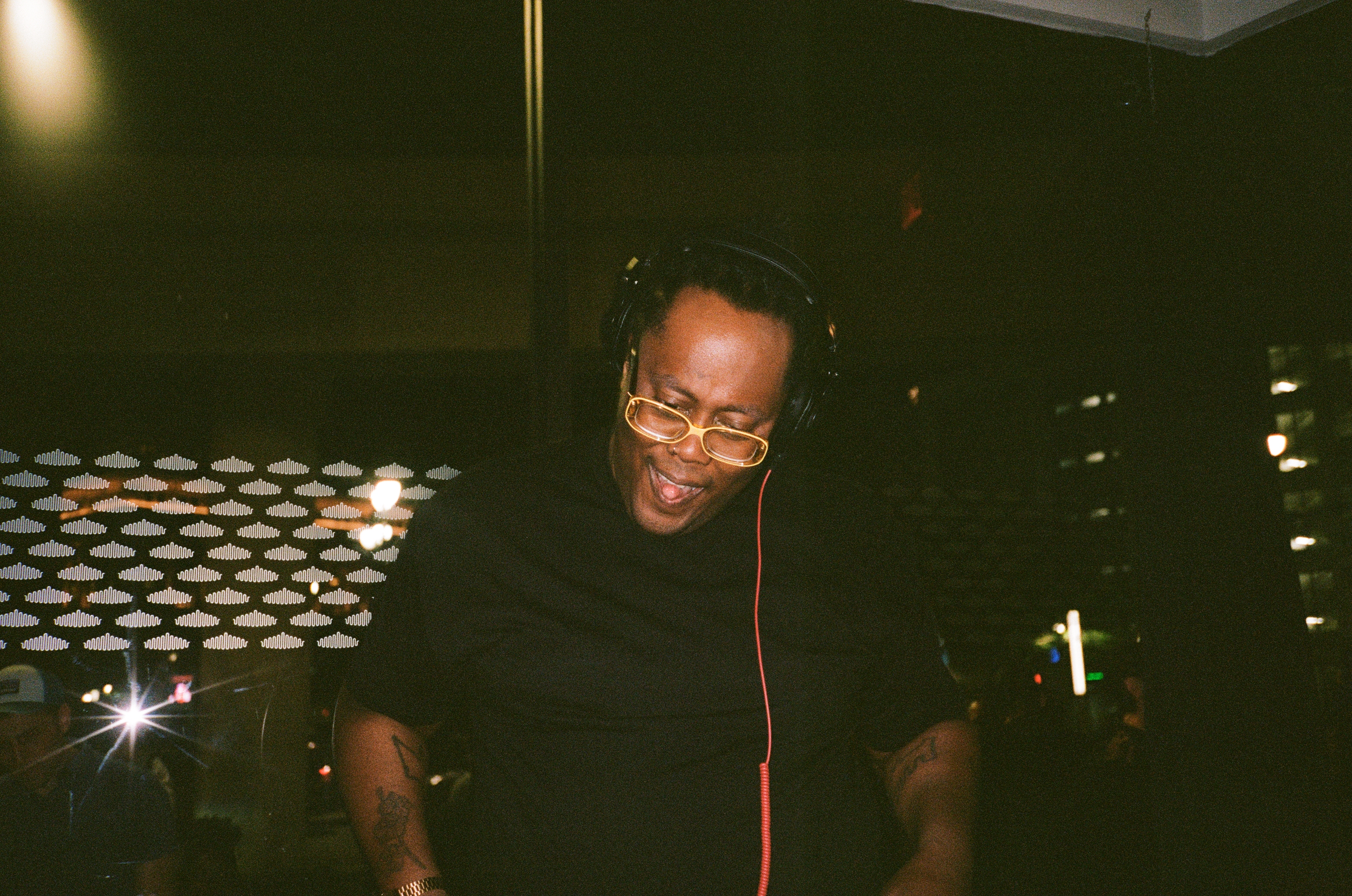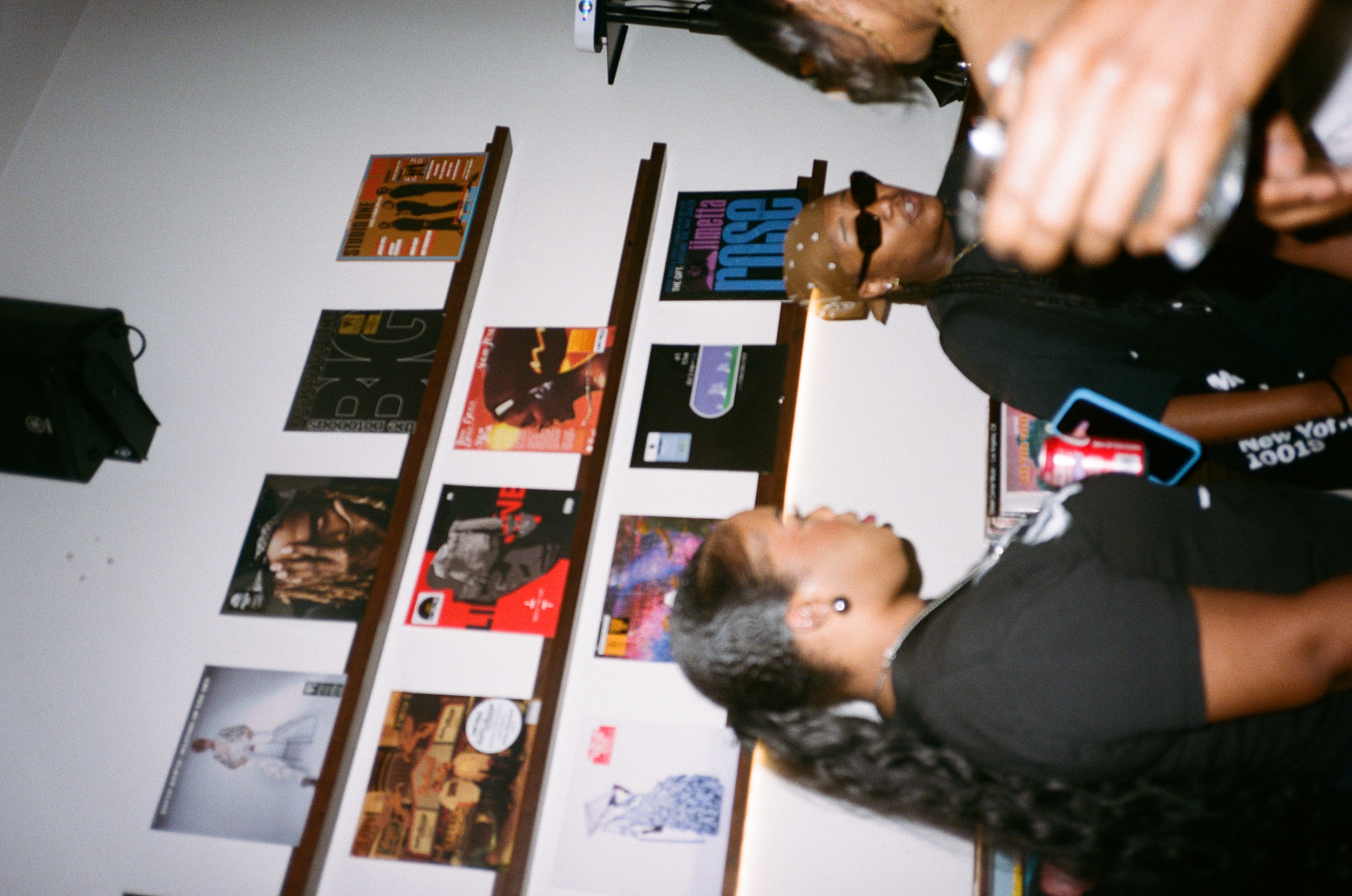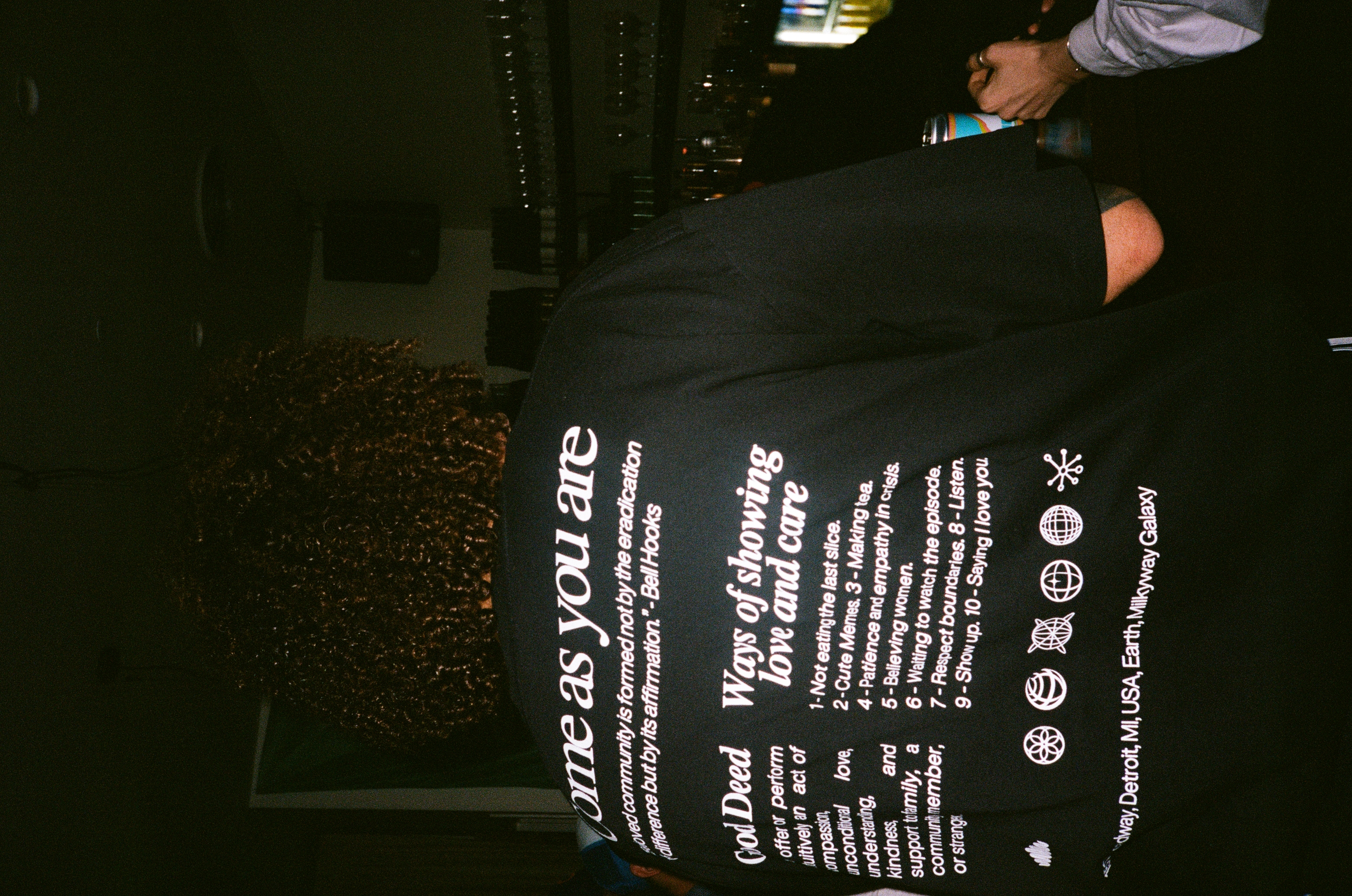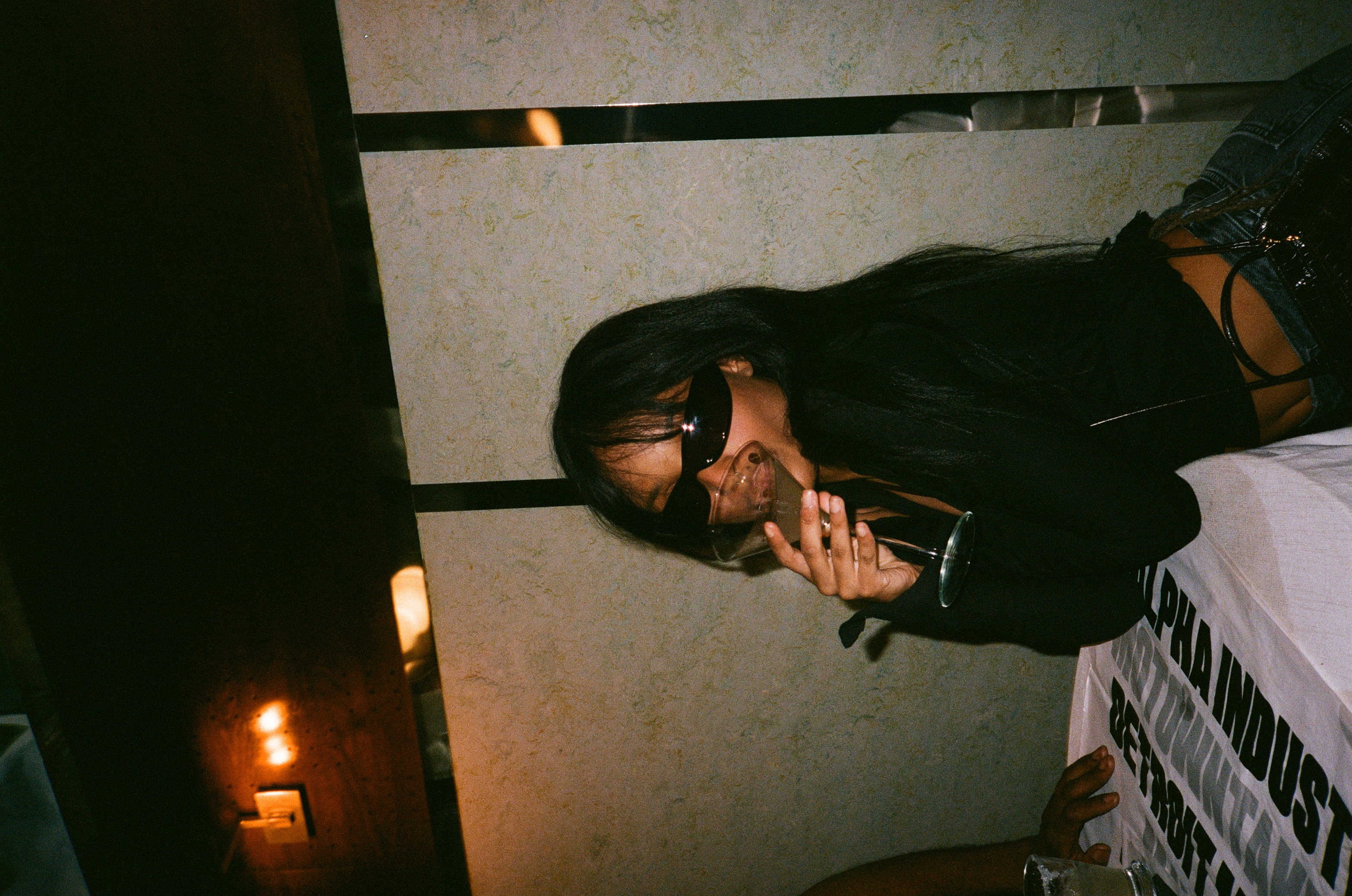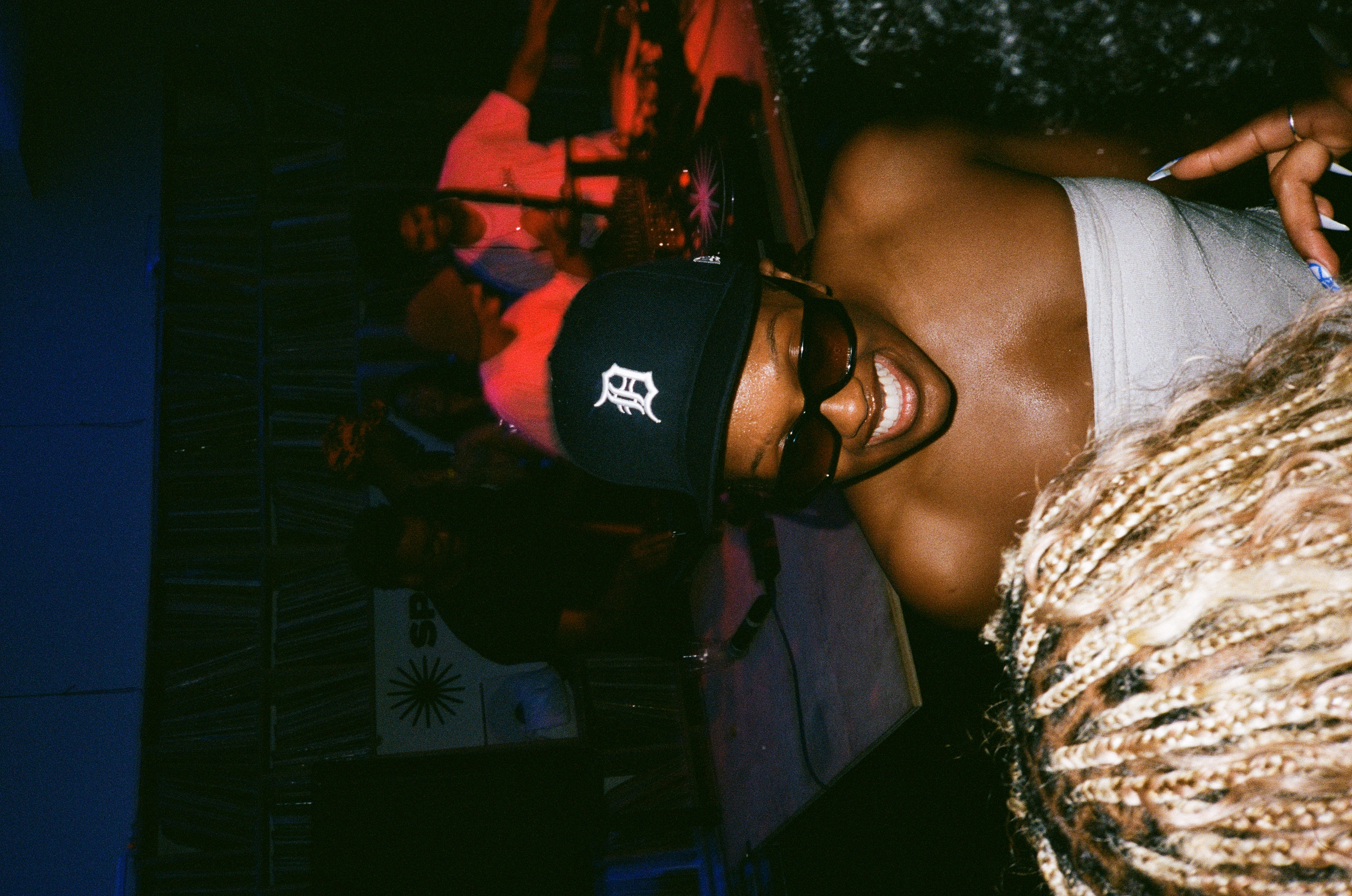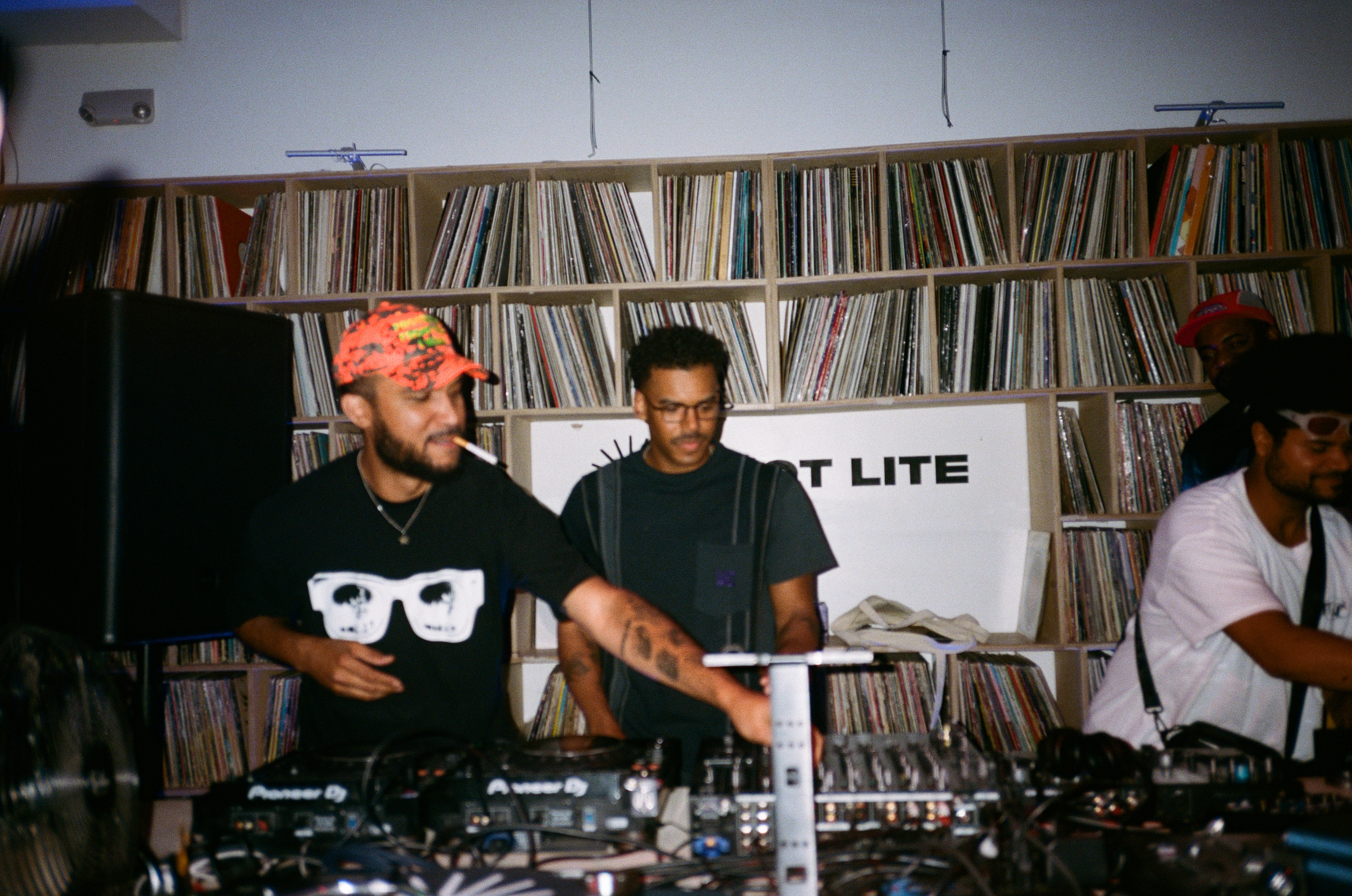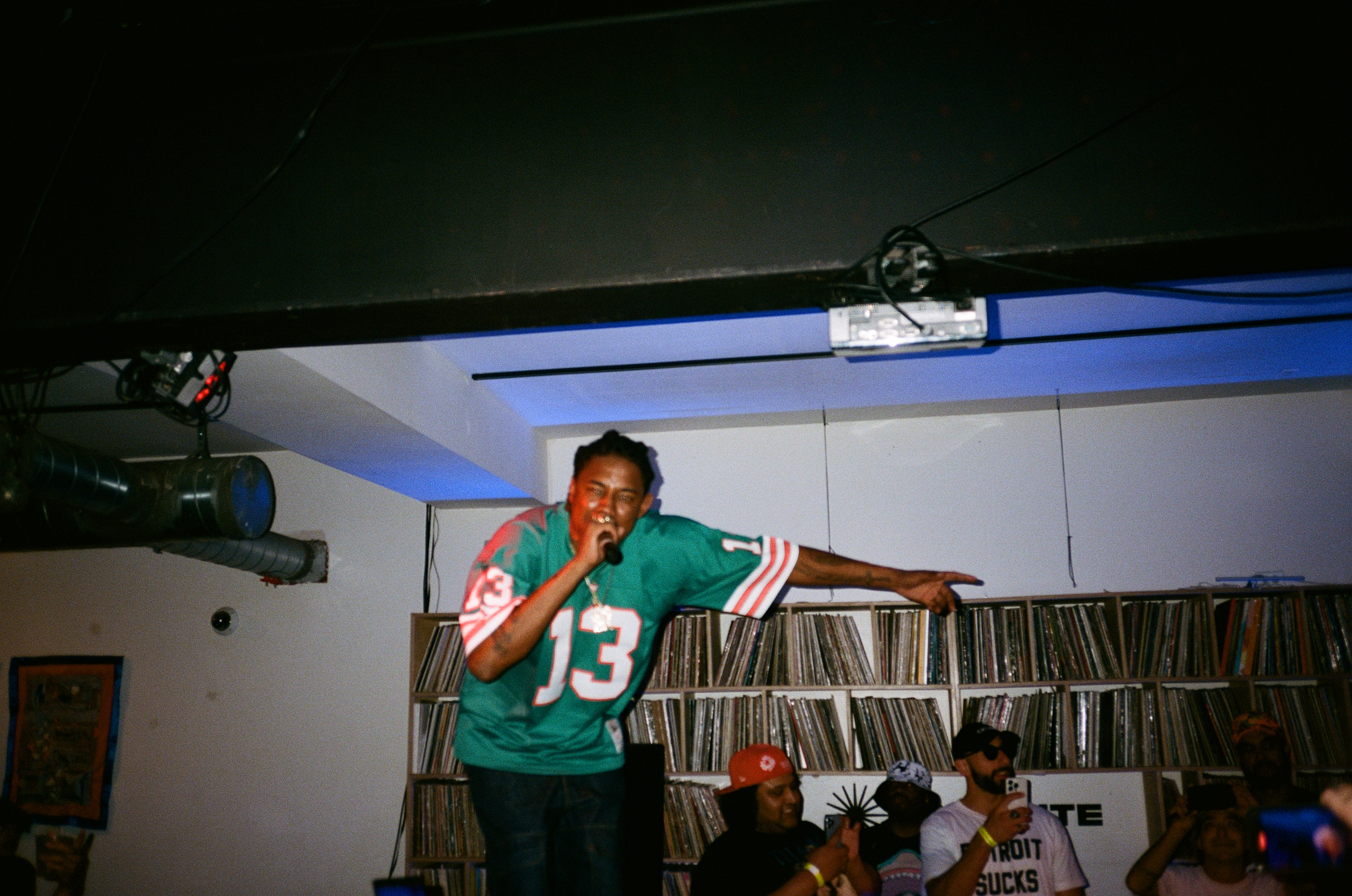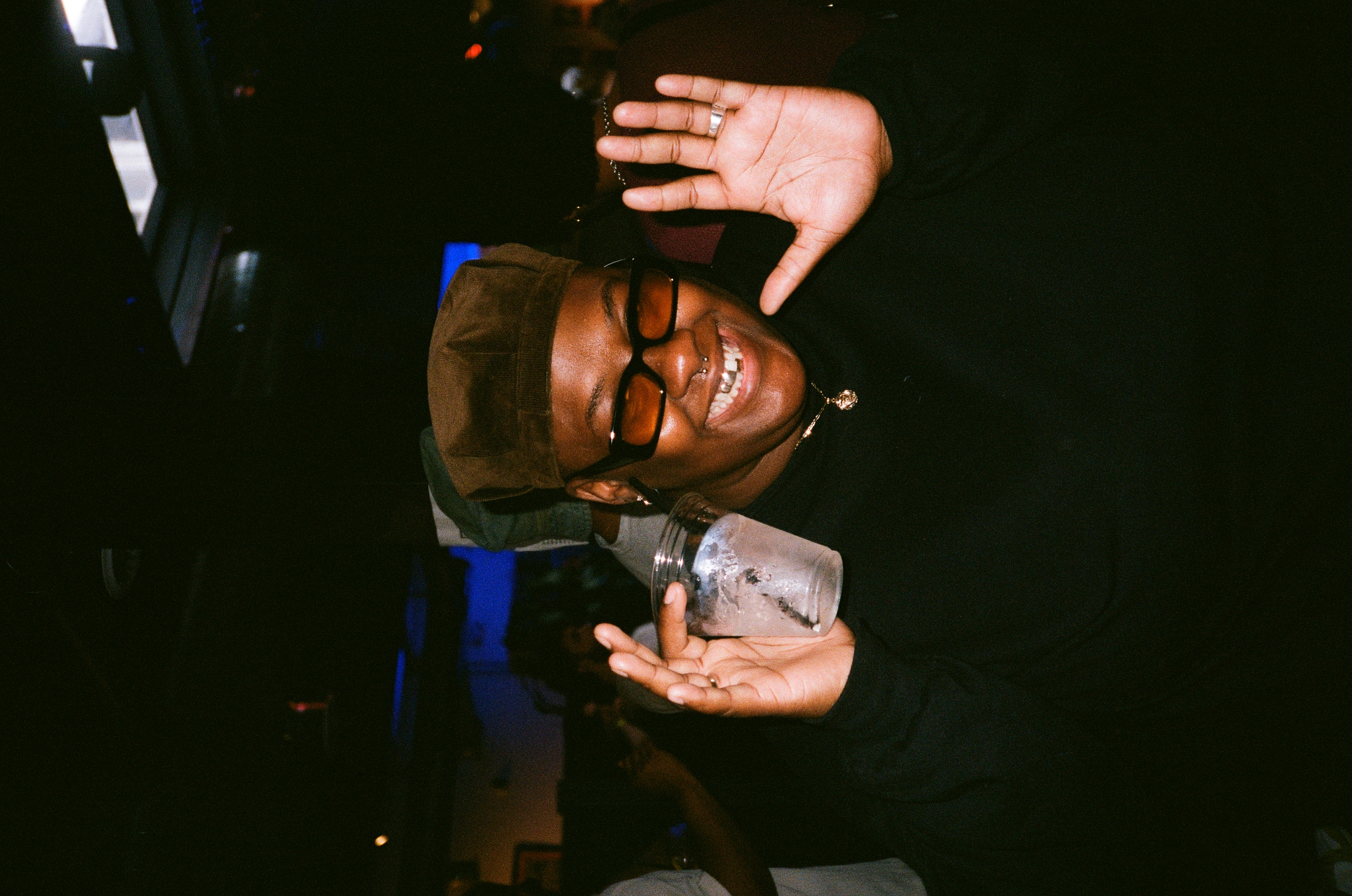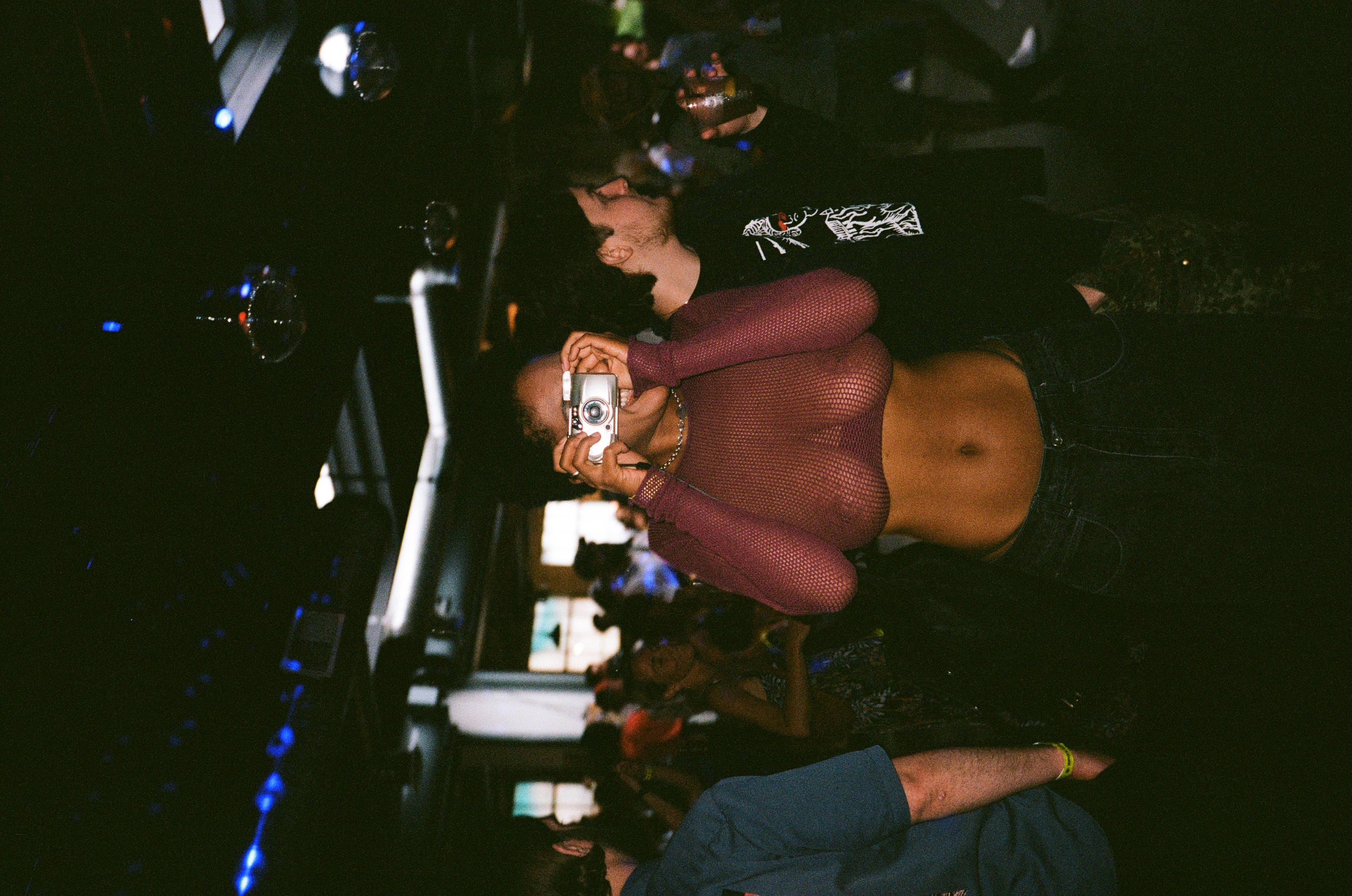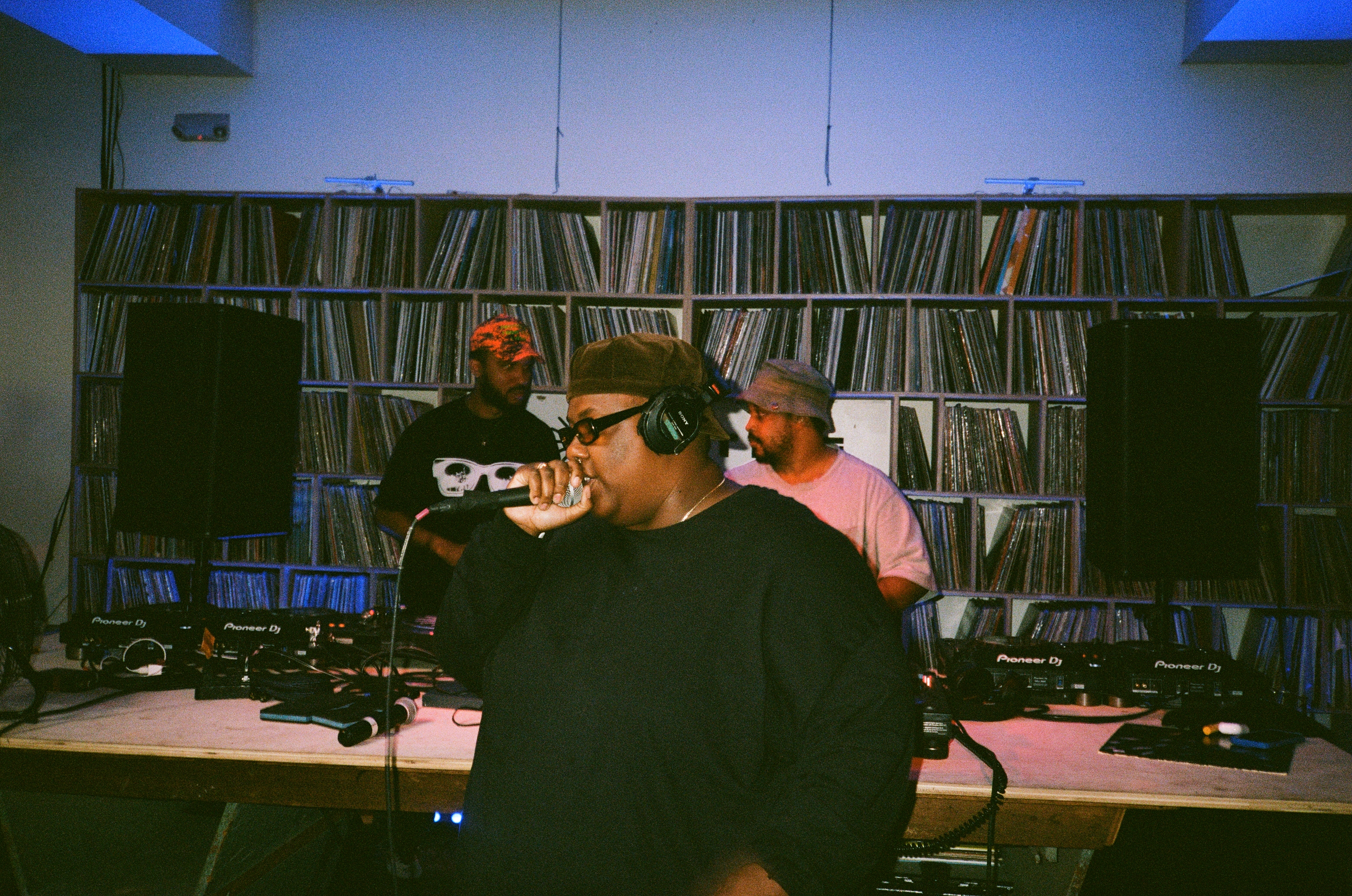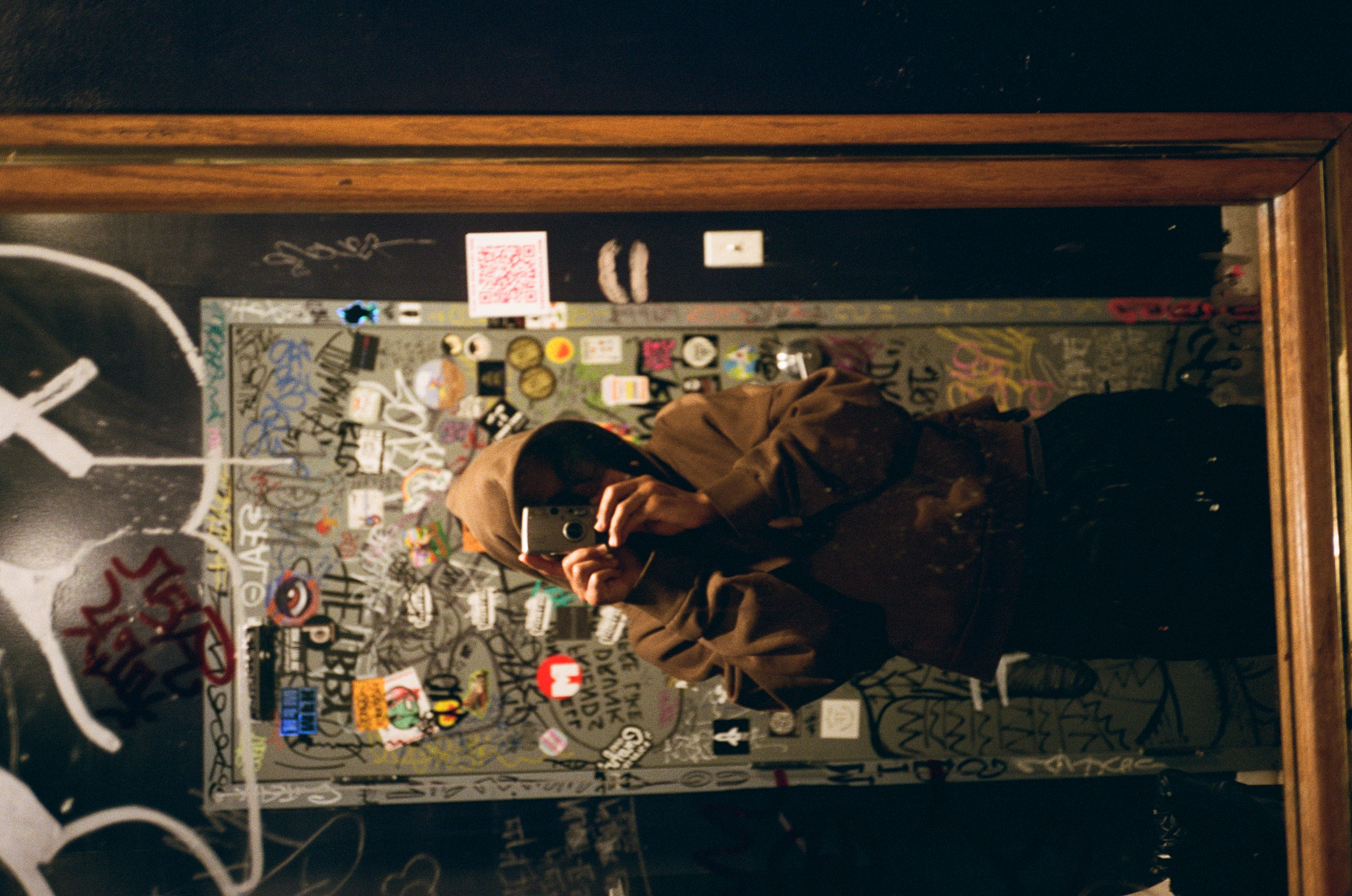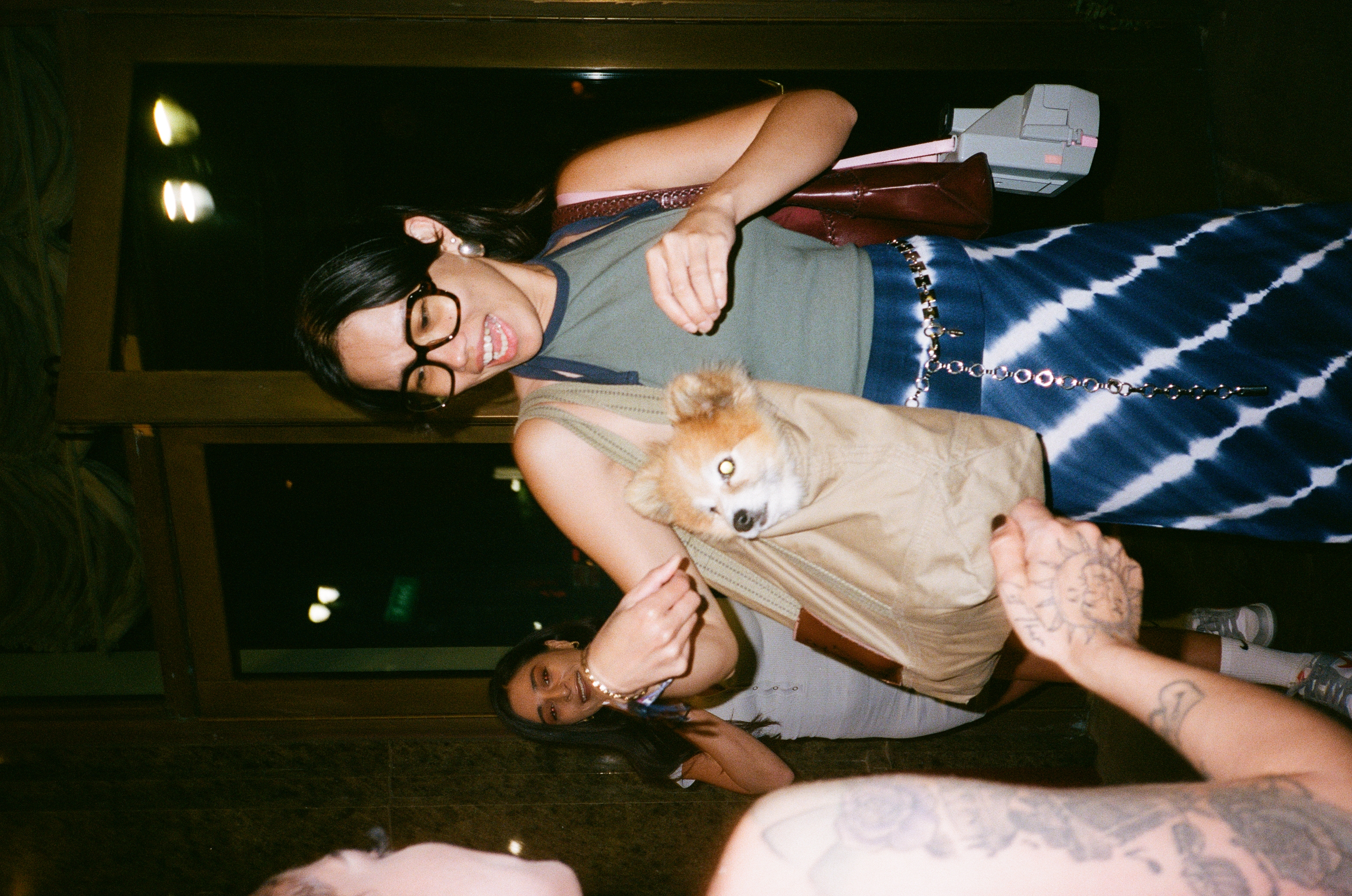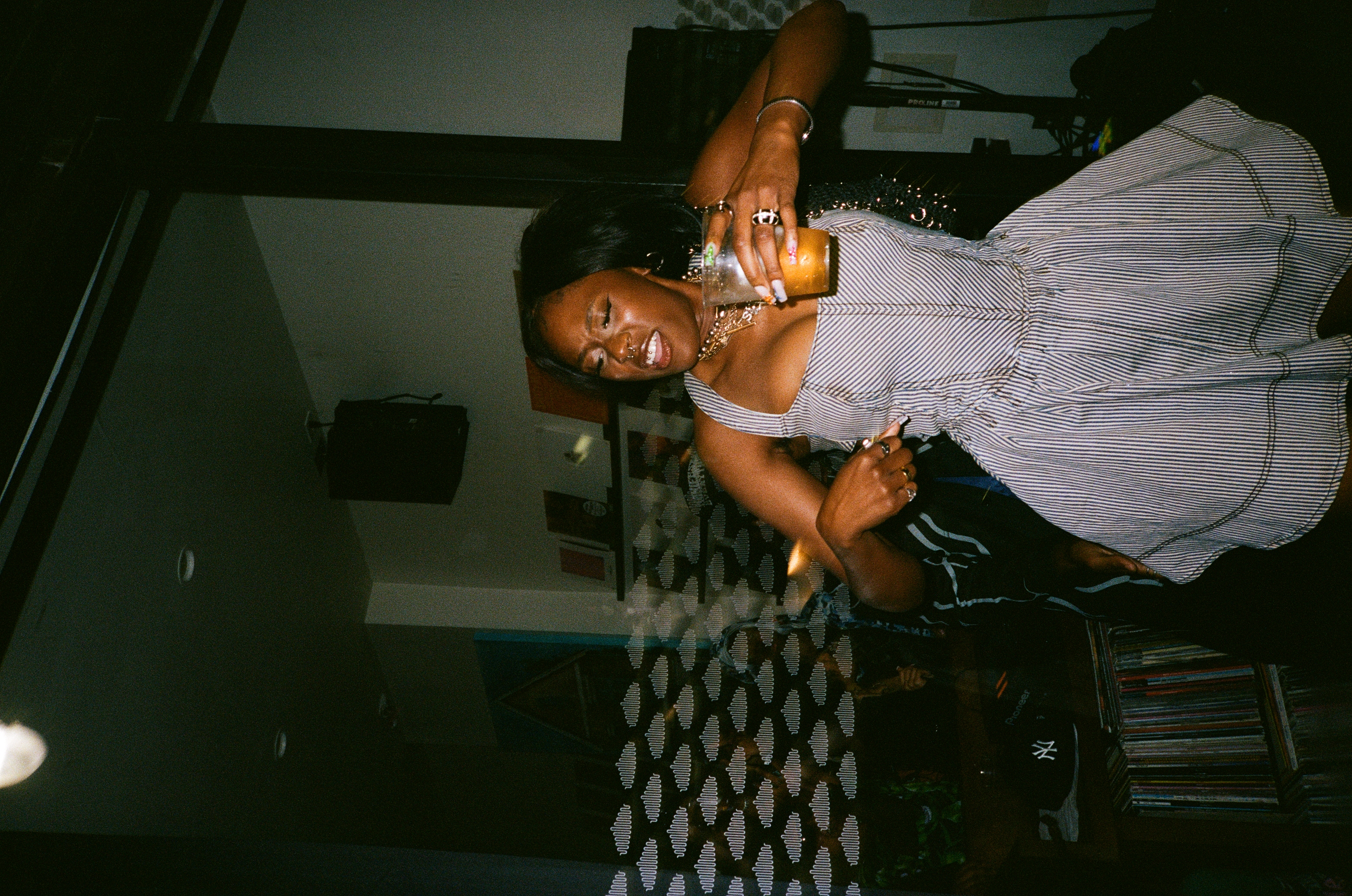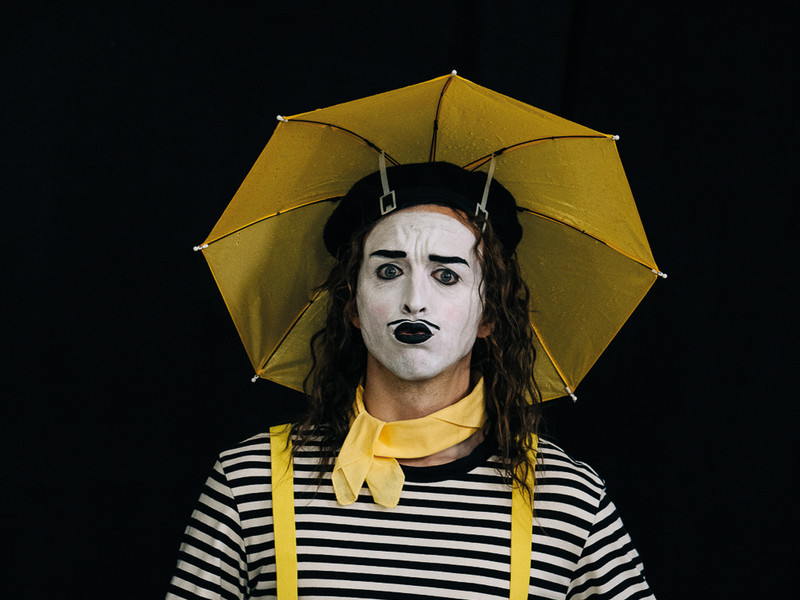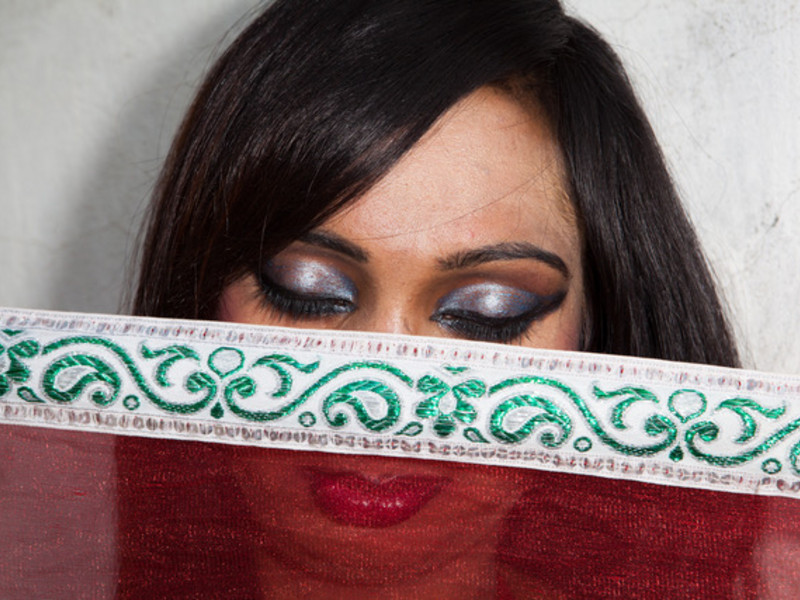Why Arthur Russell as the subject for your book?
I’ve absolutely loved his music, and I don’t think I know many people who quite like his music. Most people who have heard of him, love him. In the case of Arthur, people don’t dislike him, they just haven't known about him. His music has come out largely after his death. There’s an element that we can make him whoever we want him to be. He was relentless and unable to finish anything which only showed his genius. He can’t help but be mysterious, but I wanted to know if it was possible to present Arthur on his own terms rather than project onto him. I think it’s very hard when there’s so little existing material to not project a version of Arthur that we want. His music is so remarkable that it’s a human response to create Arthur into this Guardian Angel like character. One dangerous projection is that he was some kind of martyr because of how he died. I wanted to see if the archive could present Arthur in his own words. I wanted to try and bring him a little bit closer to the sidewalk than this sort of celestial figure.
Everyone you interviewed seemed to have their own perspective on him. I felt like I was reading a documentary script the way it was visually portrayed. I found it so fascinating that at one point his sister said she learned so much more about him after he died through his friends. Could you talk about the conversations you had with his sister?
There are photographs of both his sisters in the studio with Arthur when he’s dying and stricken with HIV AIDS. There are several family photographs of him on holiday with his family. He participated in family life. However, Kate suggests that he was very absent even when he was physically present. He didn’t talk about his sexuality to his parents until he was ill. He had also run away from home, so I assume there was a lot of difficulty for him in working out where he stood in terms of what a family was.
I think for Kate and for the rest of the family there are a couple of things going on. One is that their father was just so happy that towards the end of his life he saw Arthur have success in the way that Arthur hadn’t when he was alive. He saw the music getting the recognition that he knew his son had craved. I think the other thing that happened was through the revival of Arthur’s music, they got to meet several of his collaborators and close friends. They were able to share with them a similar experience of Arthur's diffidence and social ambiguity, if we call it that. That was sort of comforting as well. “It wasn't just us in the family that didn't always know how to get through to him. It was everyone.” I think that's what Kate's talking about when she says people bring him alive. They partly bring him alive as there's an element of discovery in this mutual experience. One of these defining qualities included not being brilliant at communicating.
It seems like he had a really big community of musicians that he was constantly working with in the East Village. What was it like connecting with musicians who were part of his scene and maybe other characters that you met along the way?
All of them were really remarkable people. I think some of them were maybe a little worn out of talking about Arthur. What was really rewarding for me and perhaps, to a degree for them was I was able to show them elements of the archive on screen. We could talk about the memories in front of us. I could talk about playing specific shows or chord charts. It allowed people to remember certain aspects of their relationship with Arthur, but it kind of made everything a little more specific as well. It brought me to sort of reorientate Arthur away from the myth through his daily life. For a lot of them, they could take care of their overheads by playing three shows a week or 10 shows a month in New York. Was that work kind of mutual aid, making 50 bucks of an evening, or was it a self supporting, shared creativity? I think it depends on what day of the week I was and what mood everyone was in.
